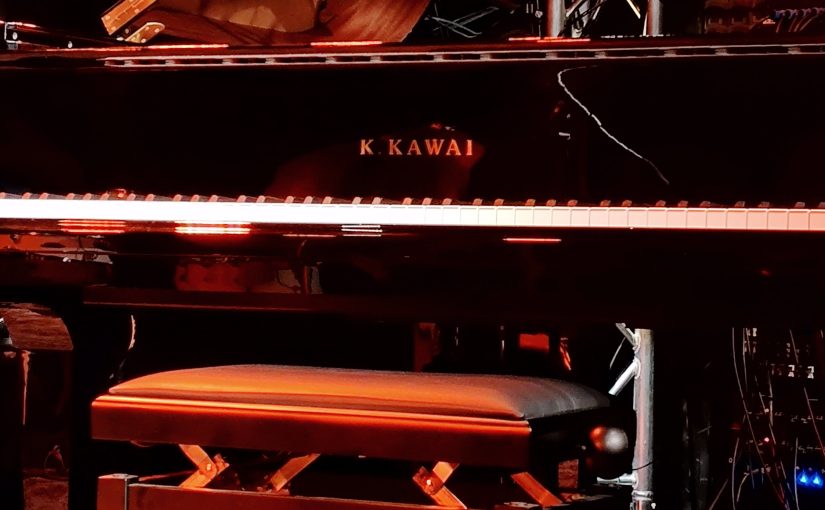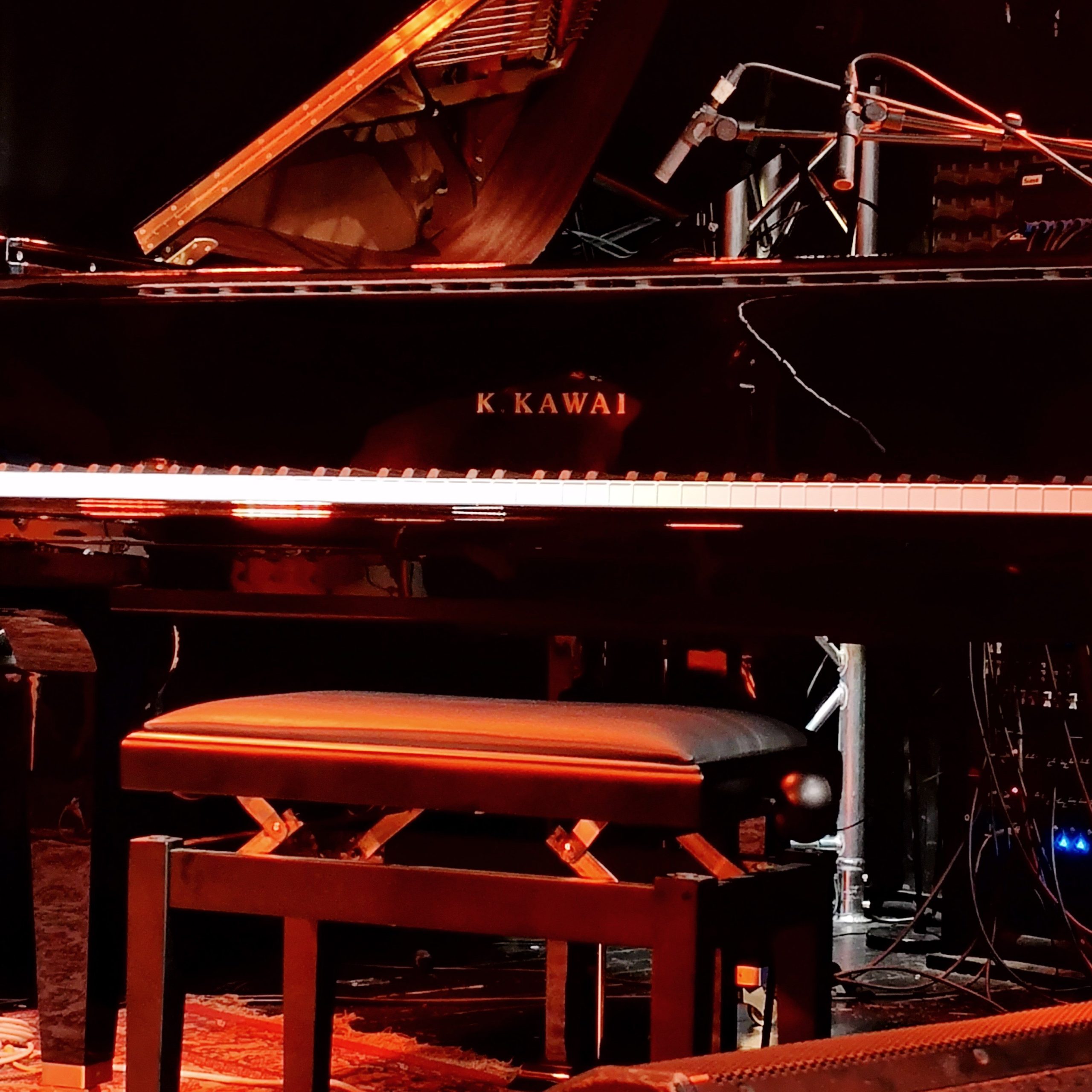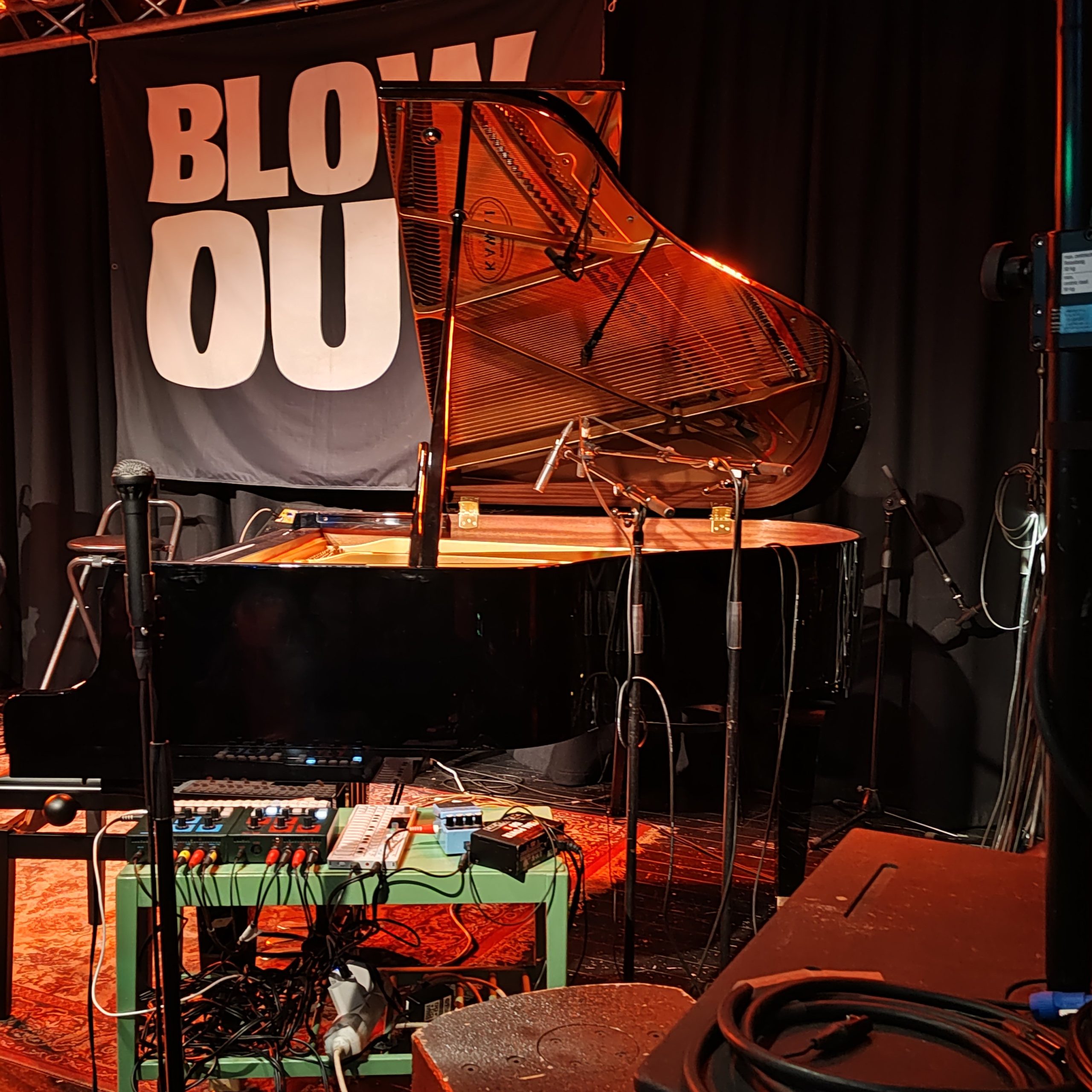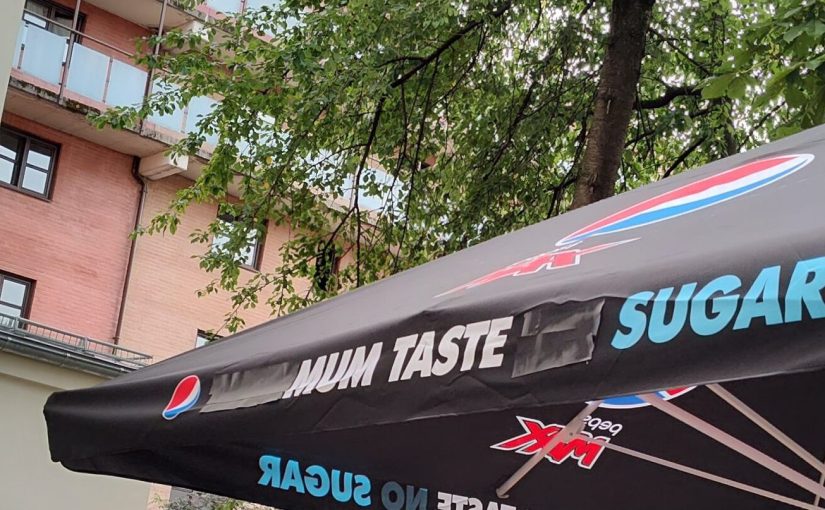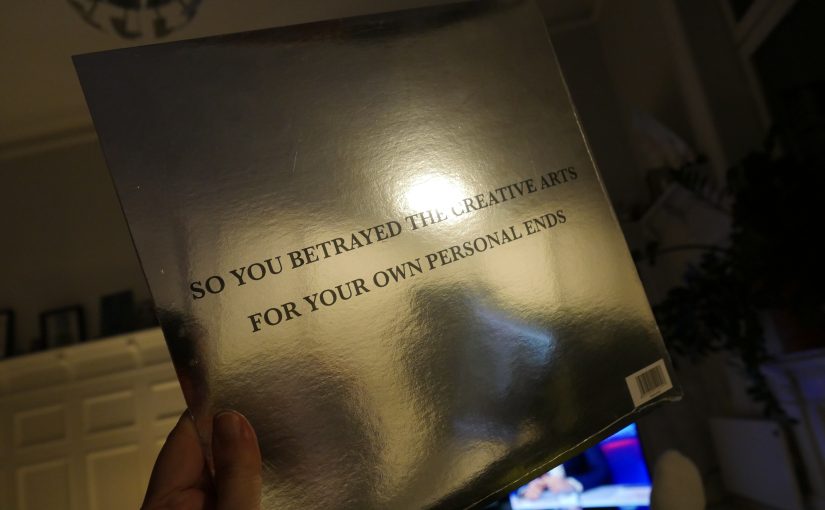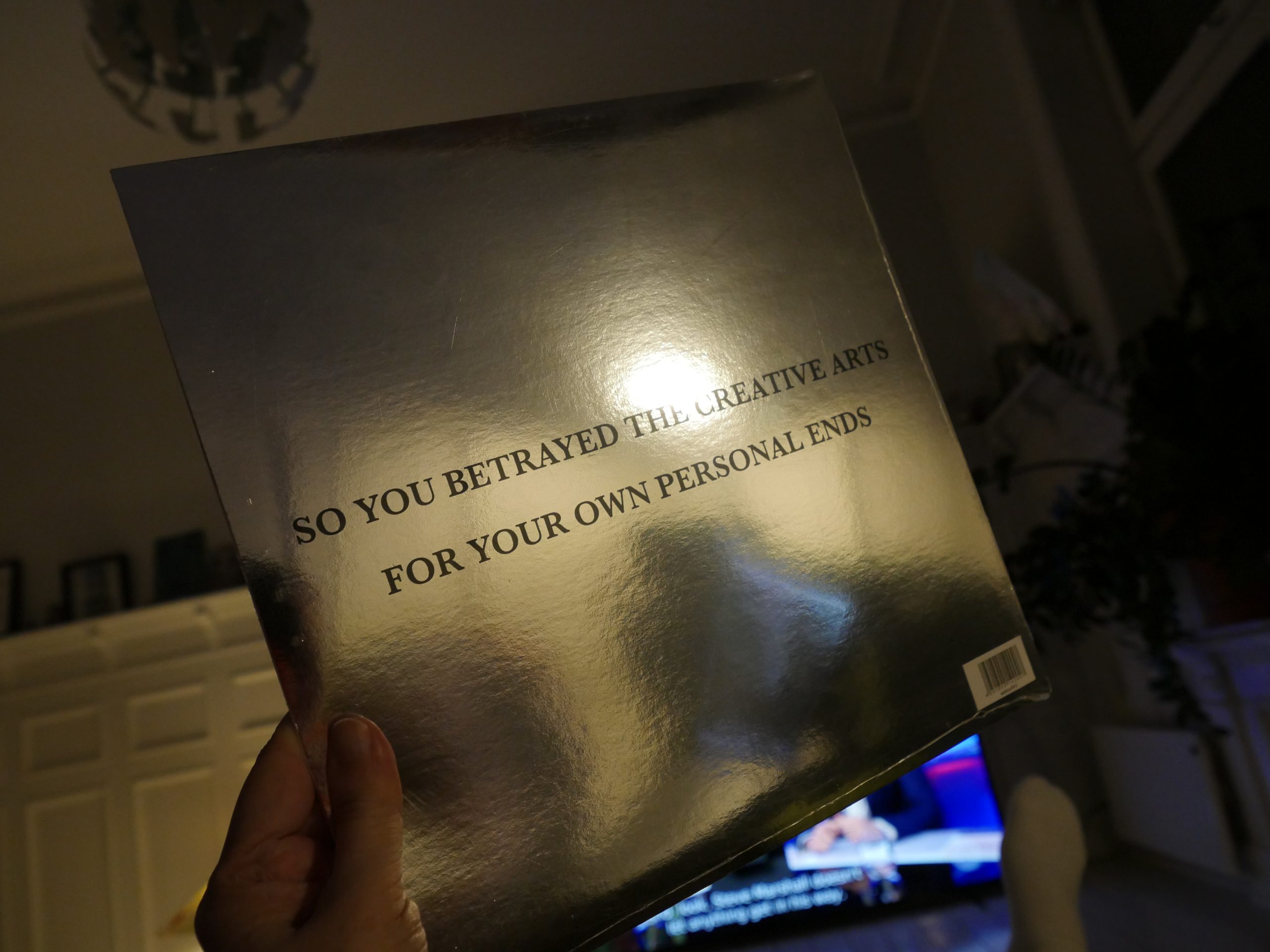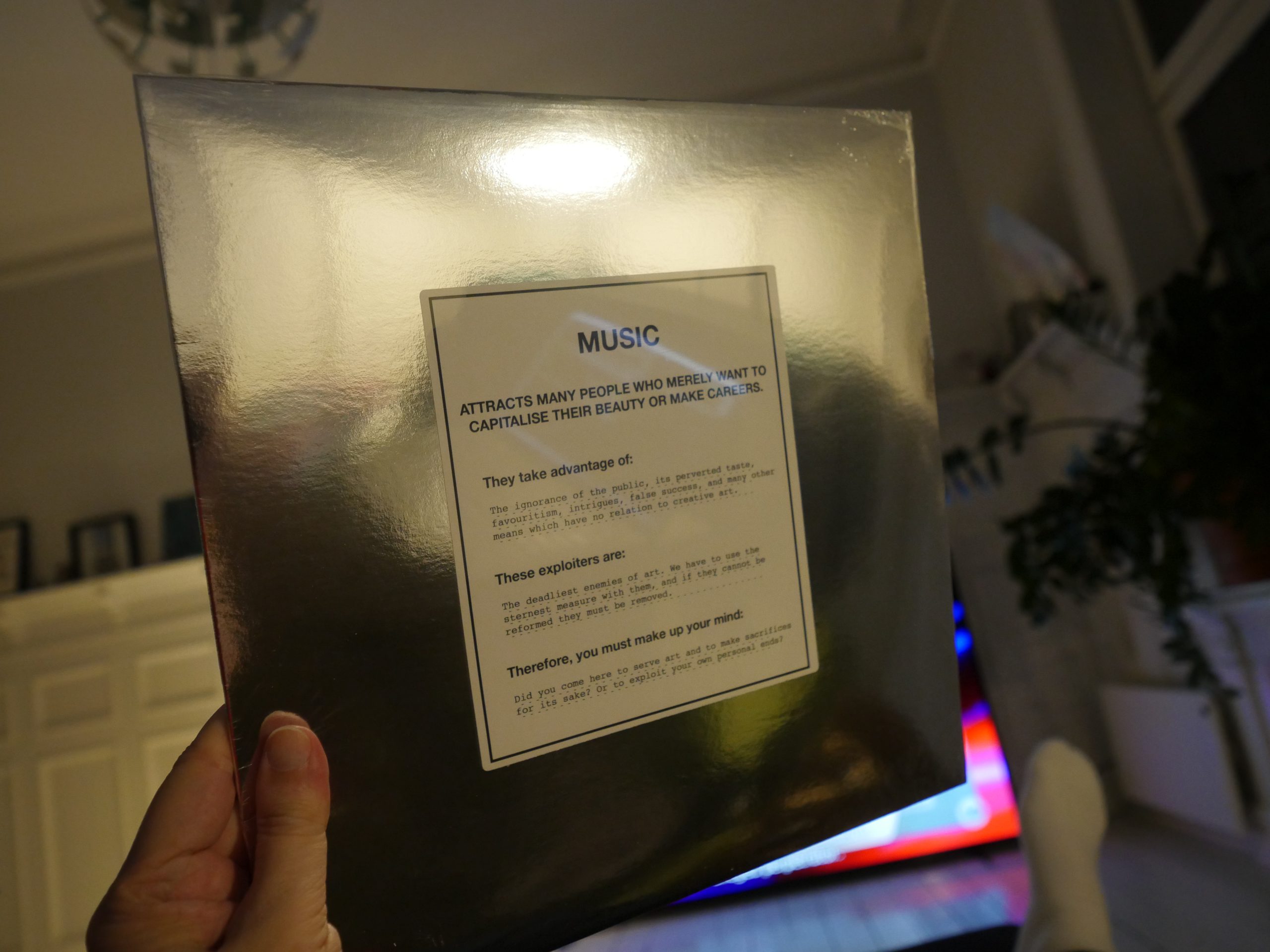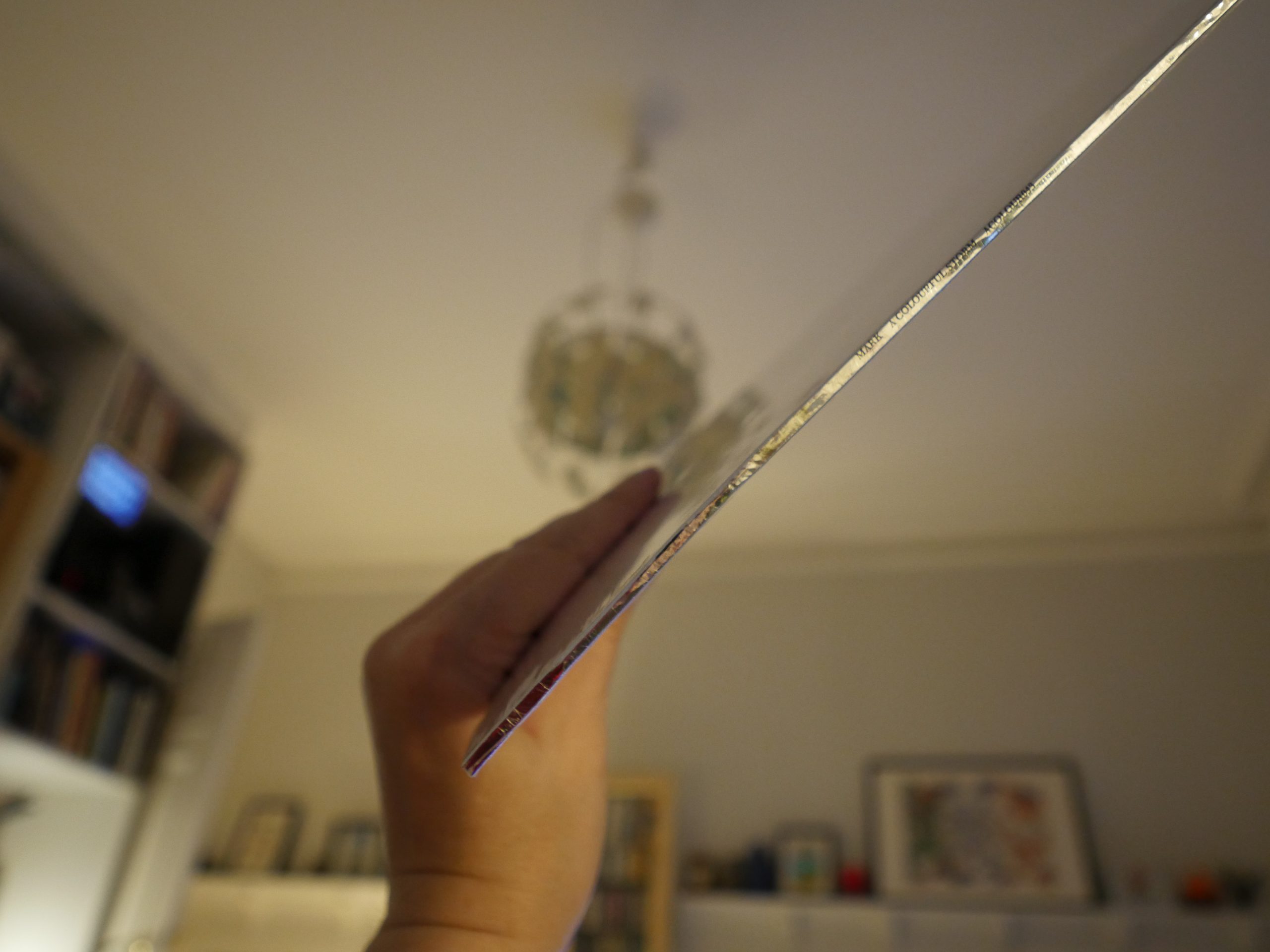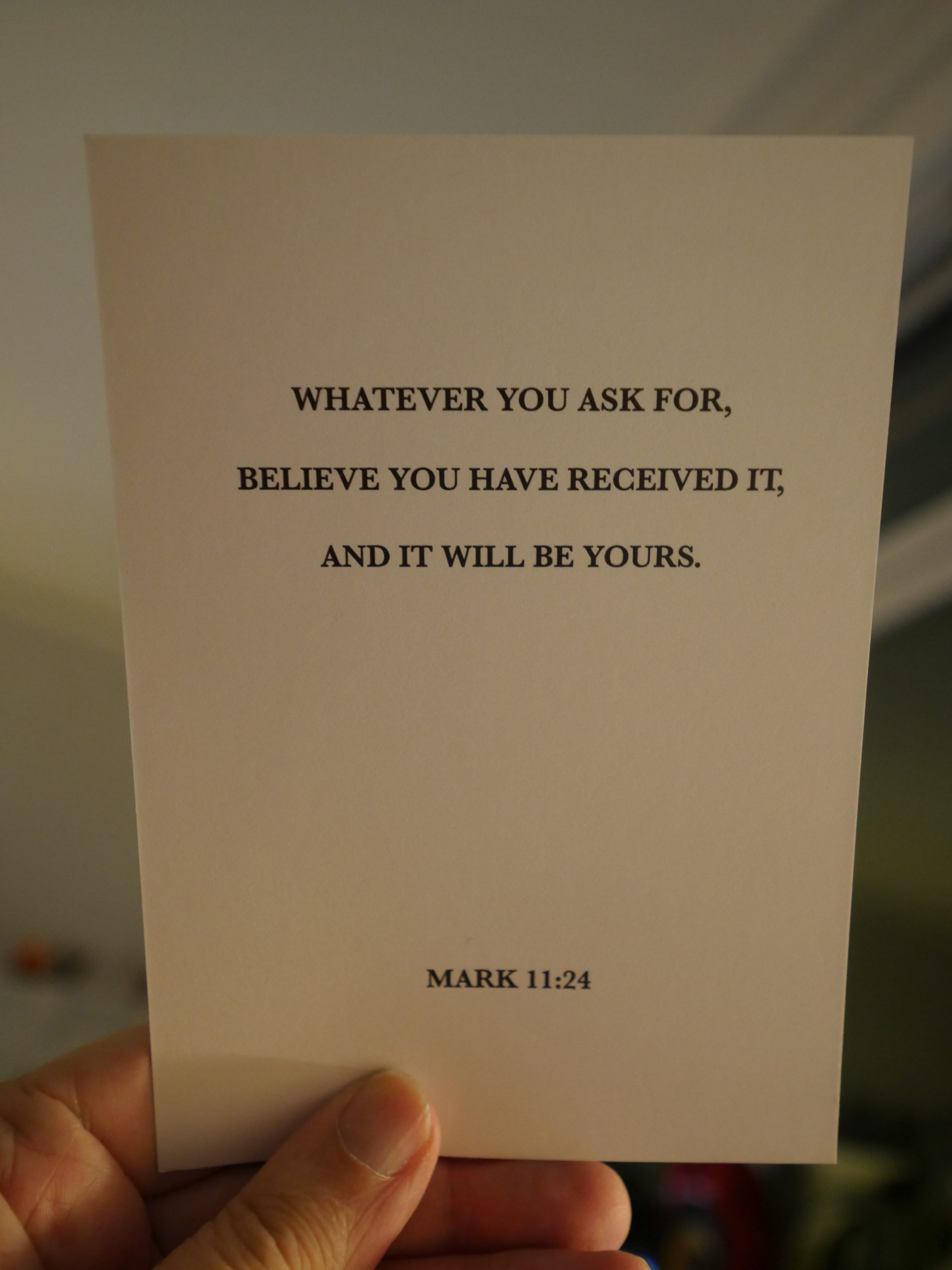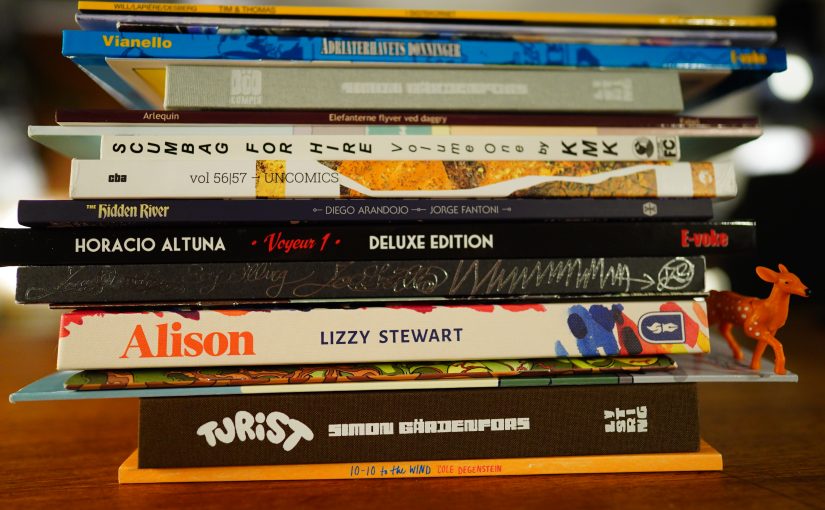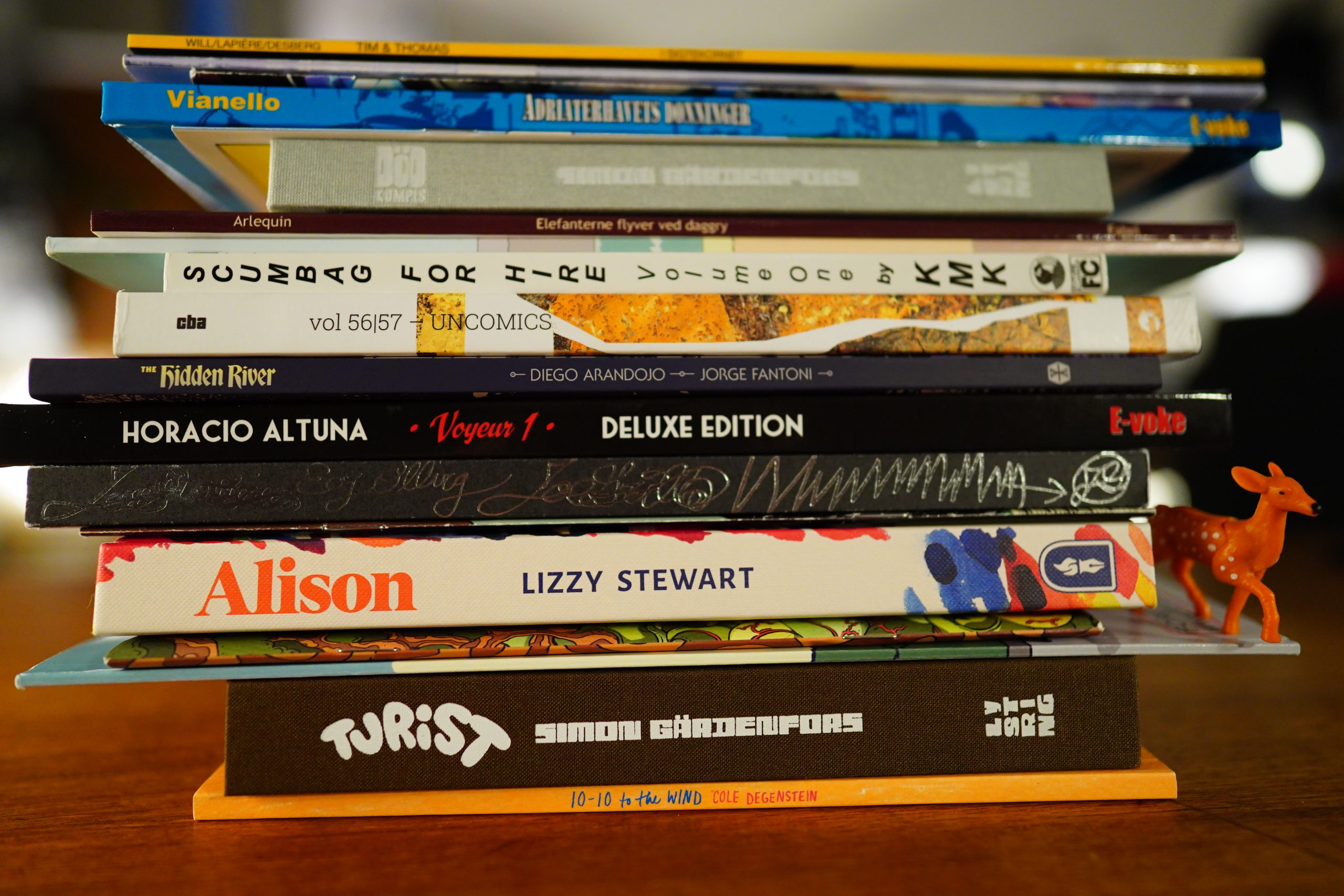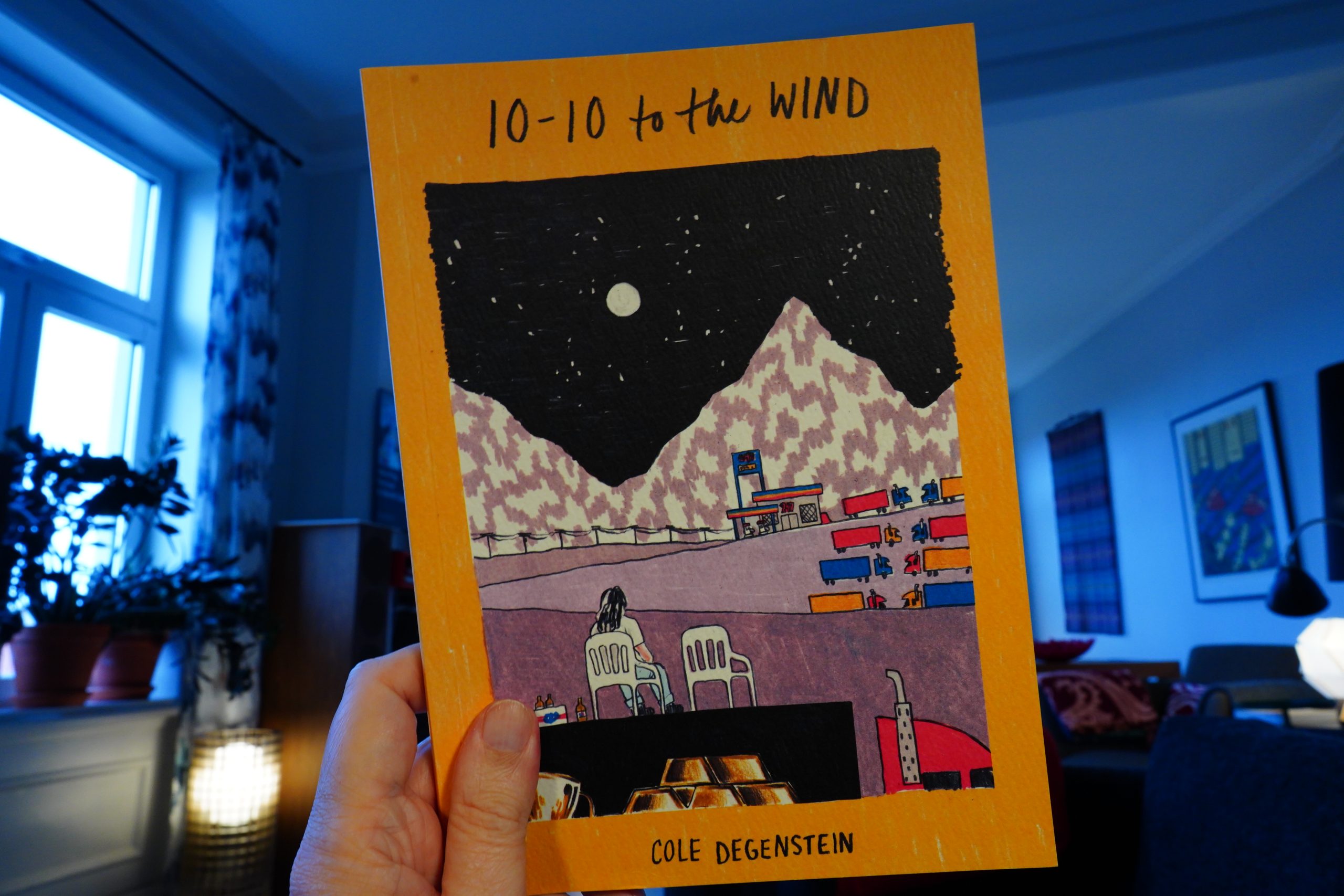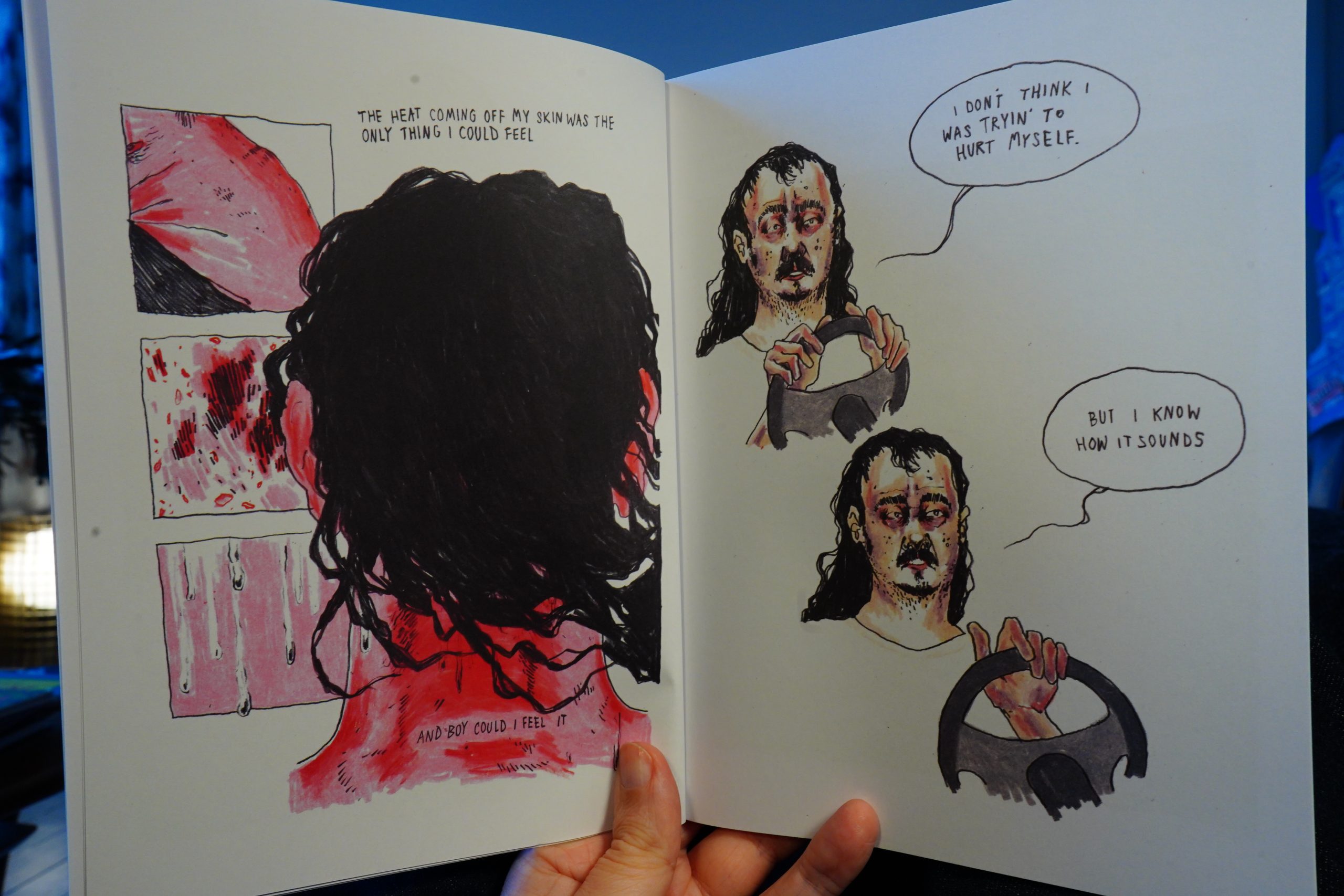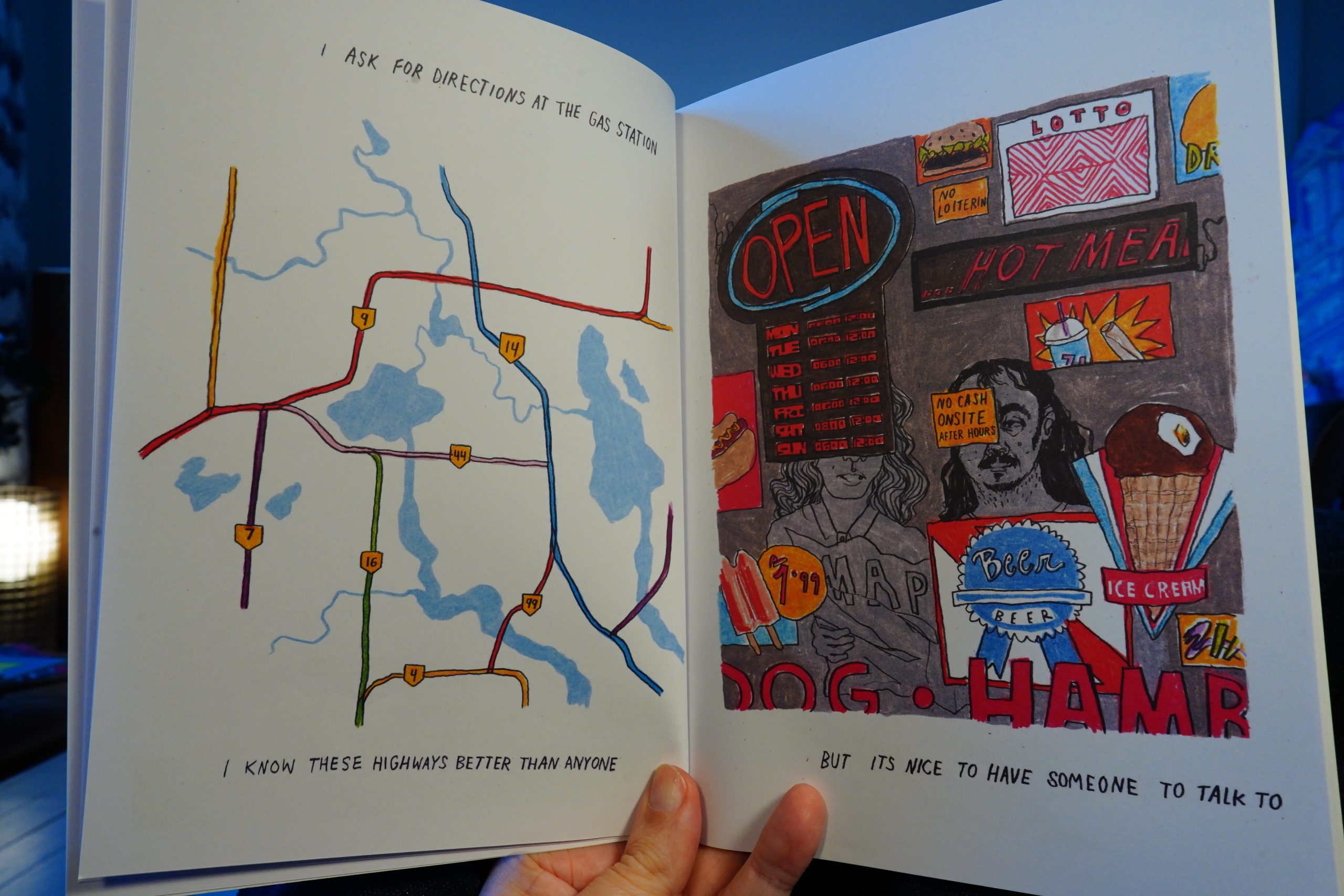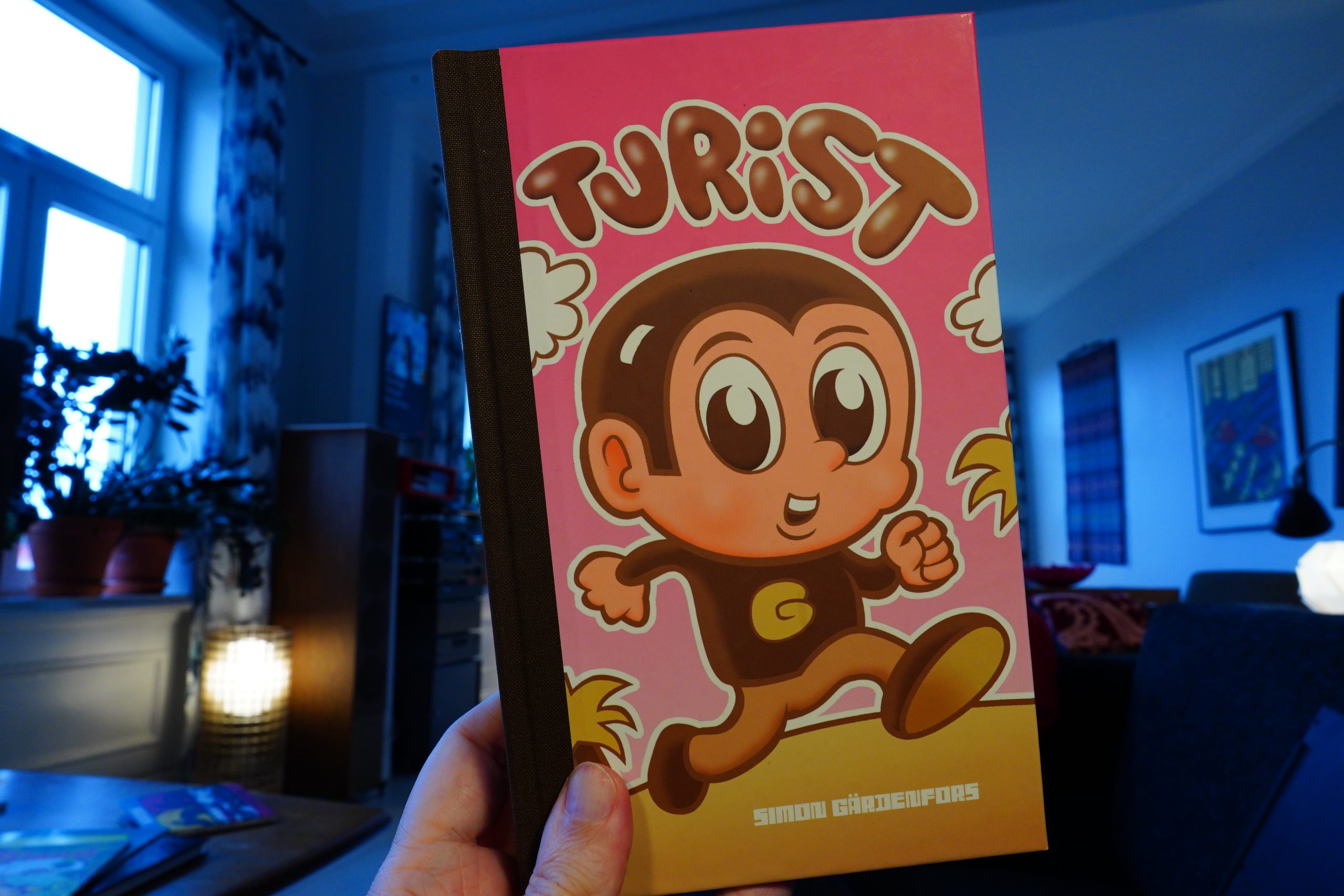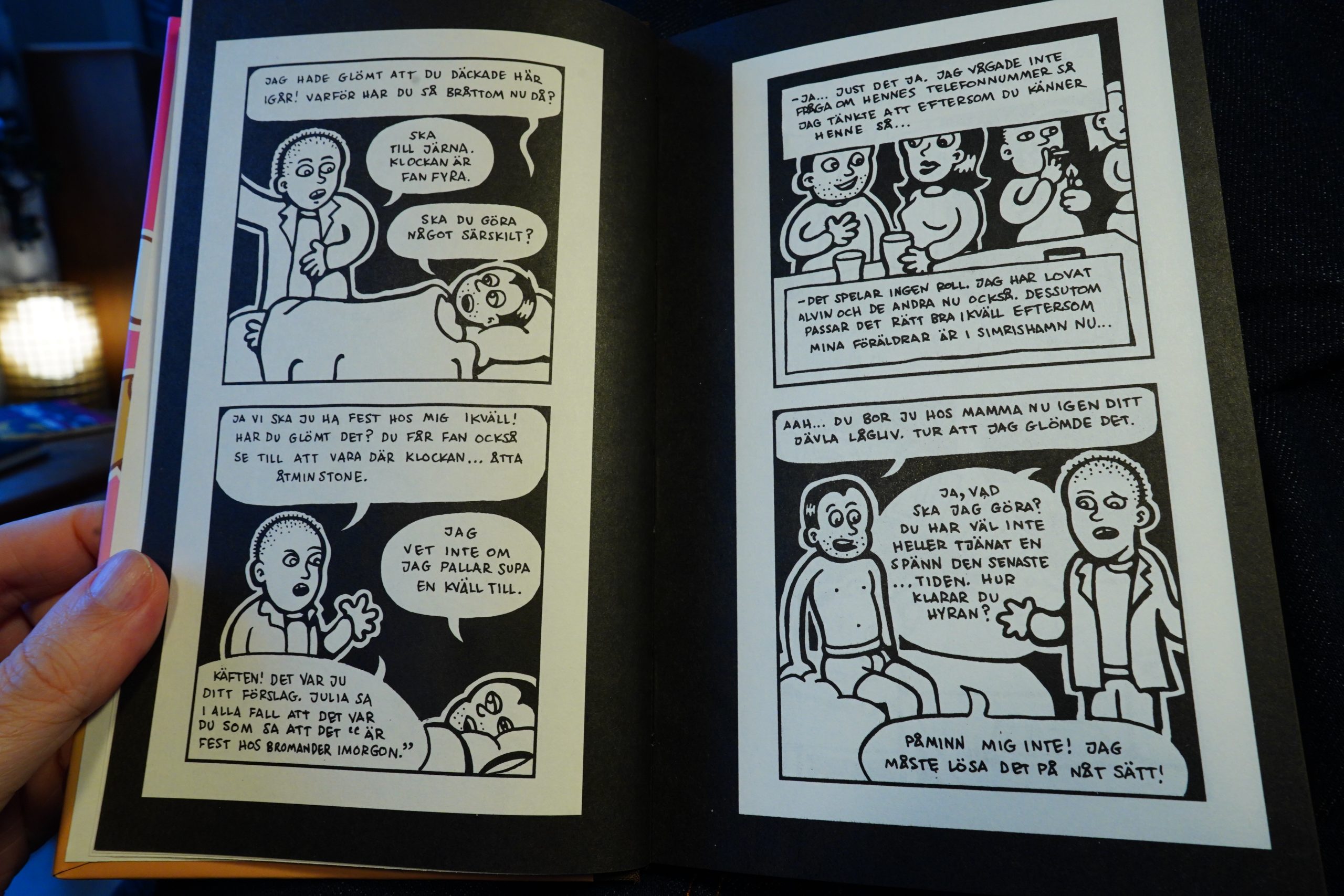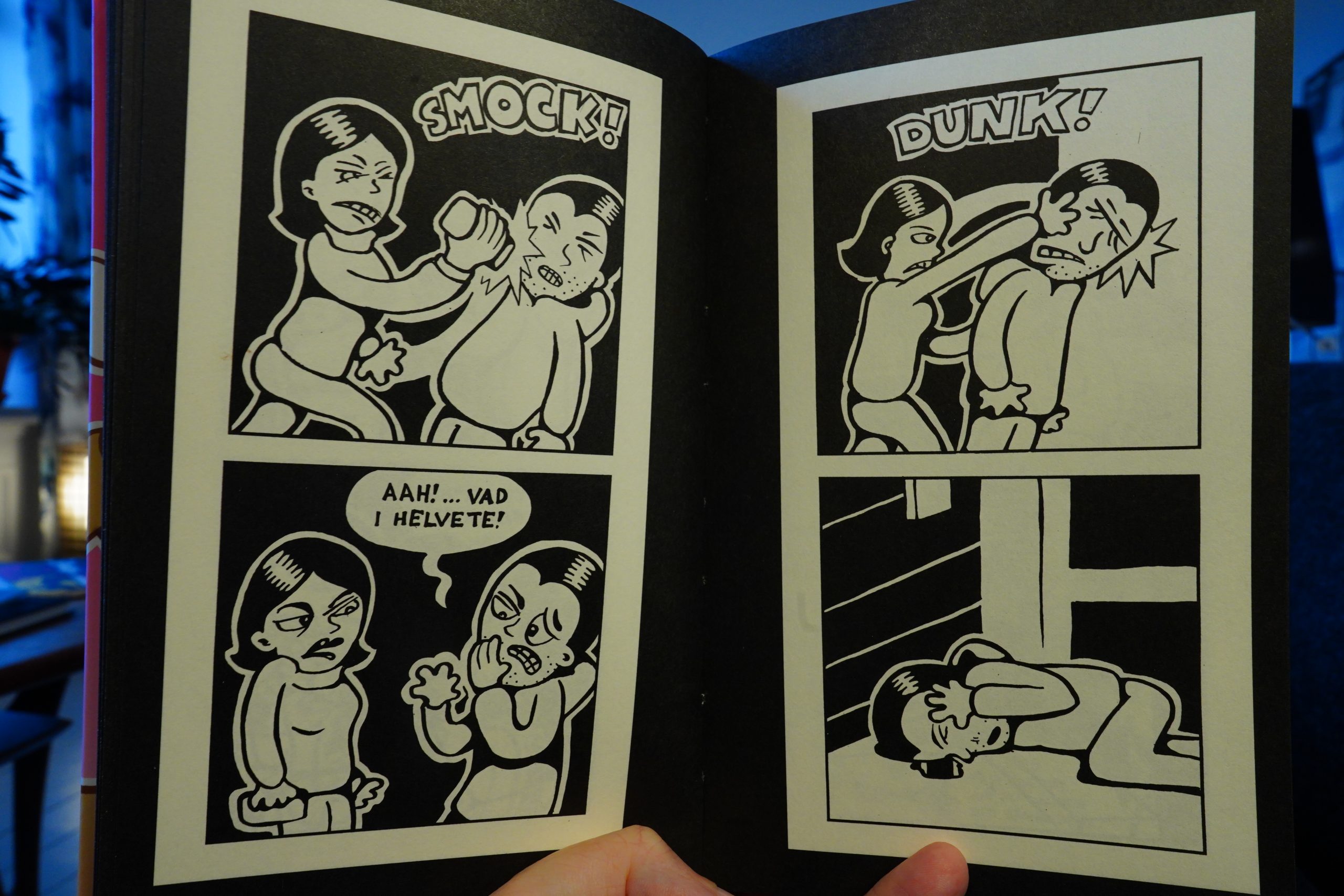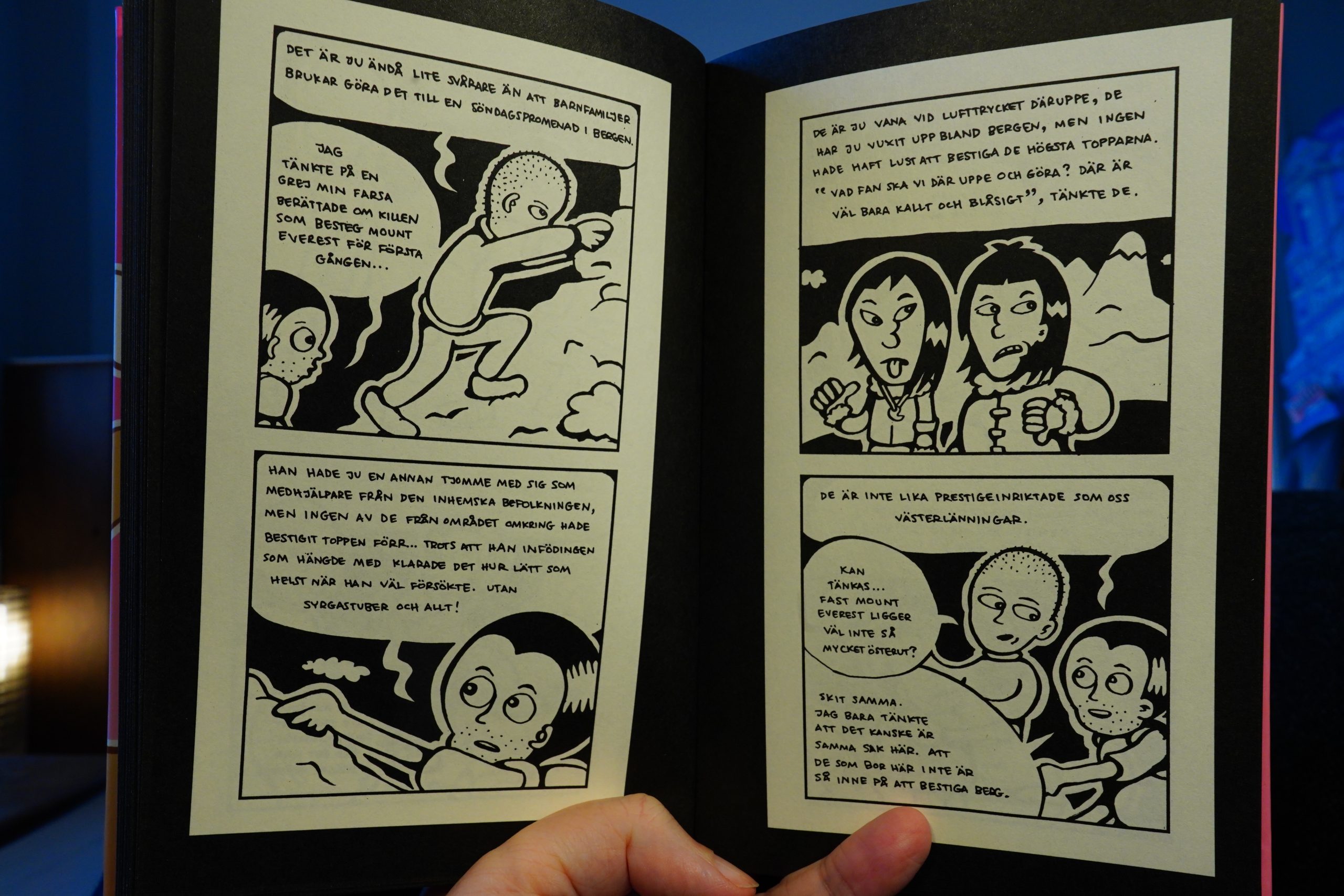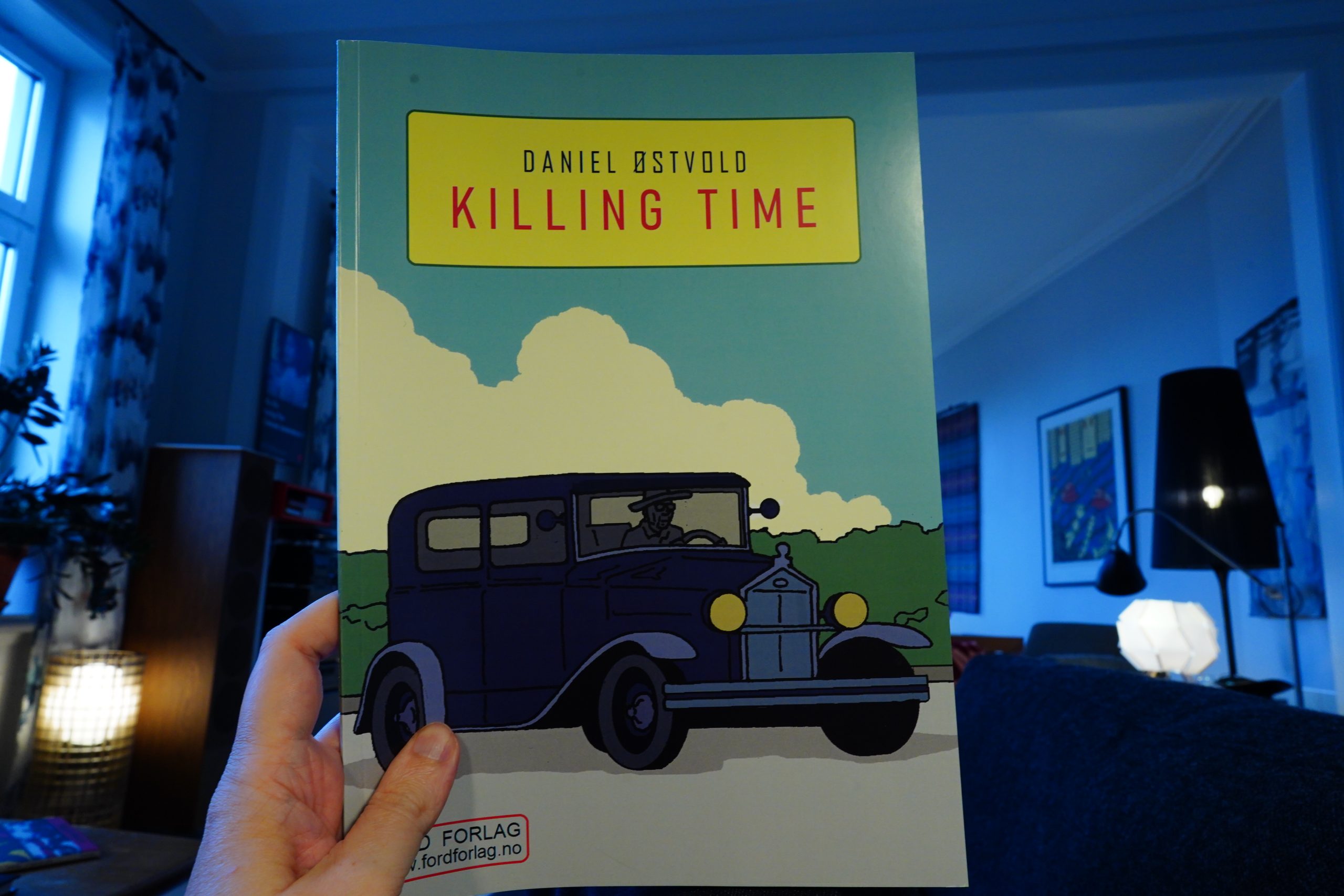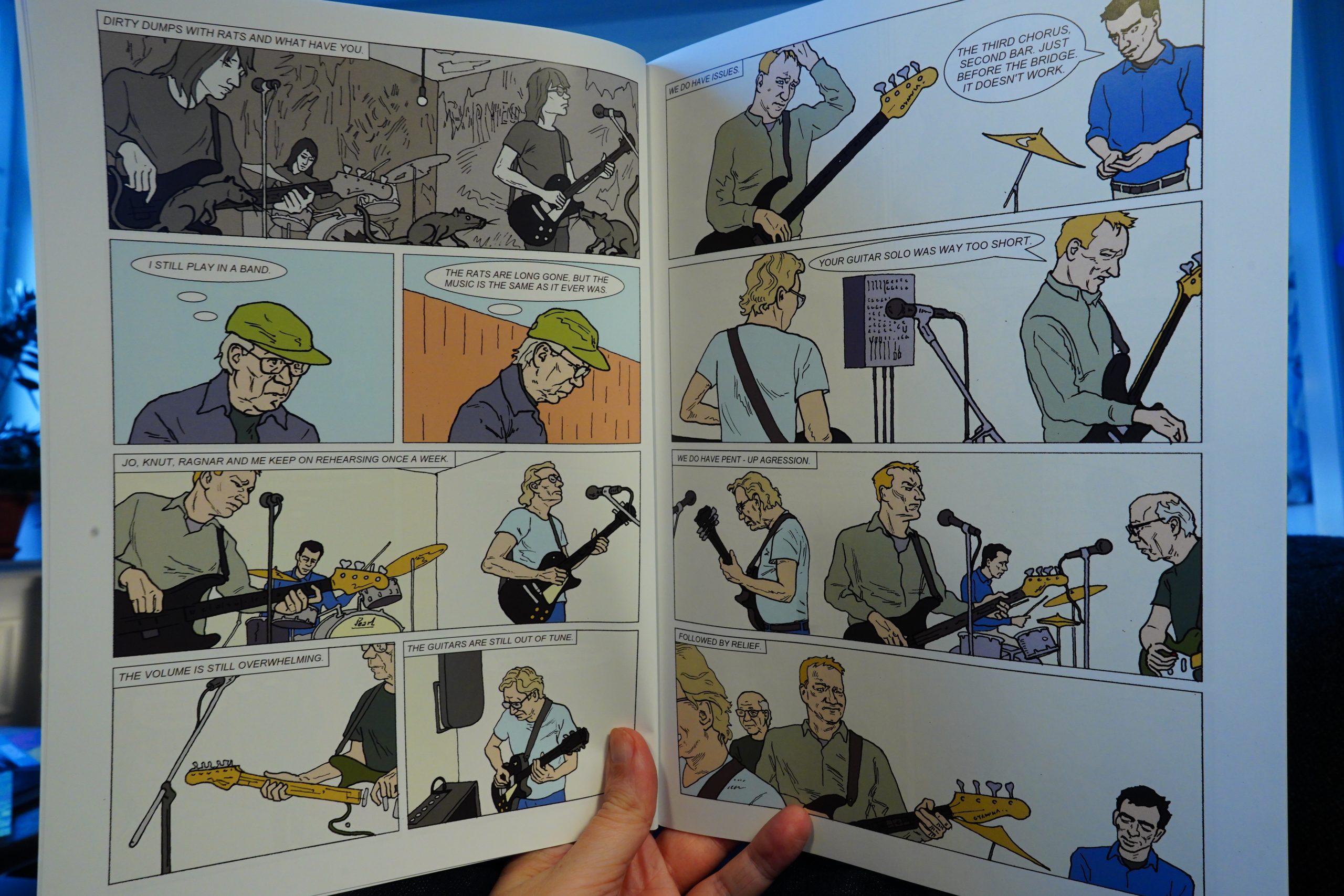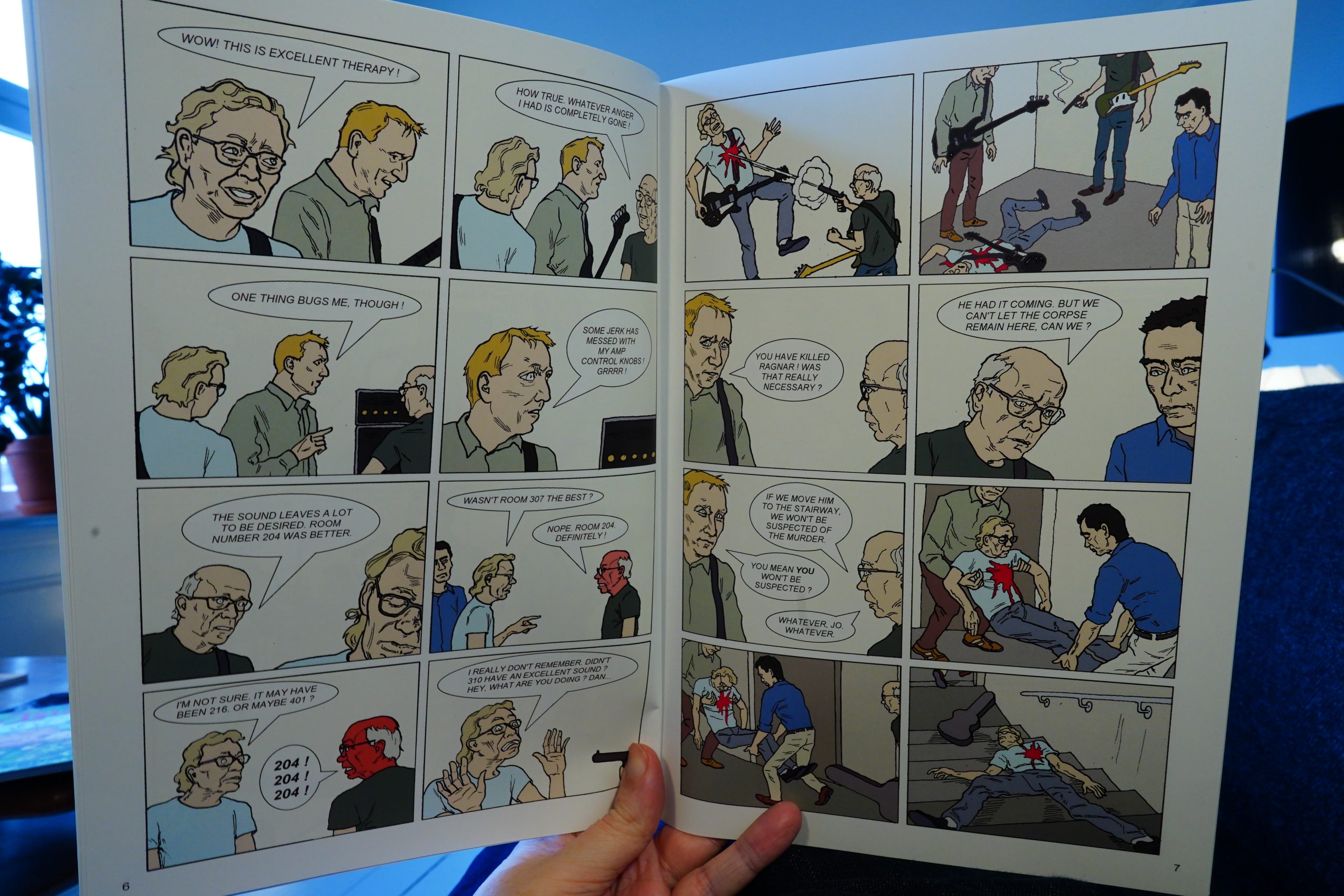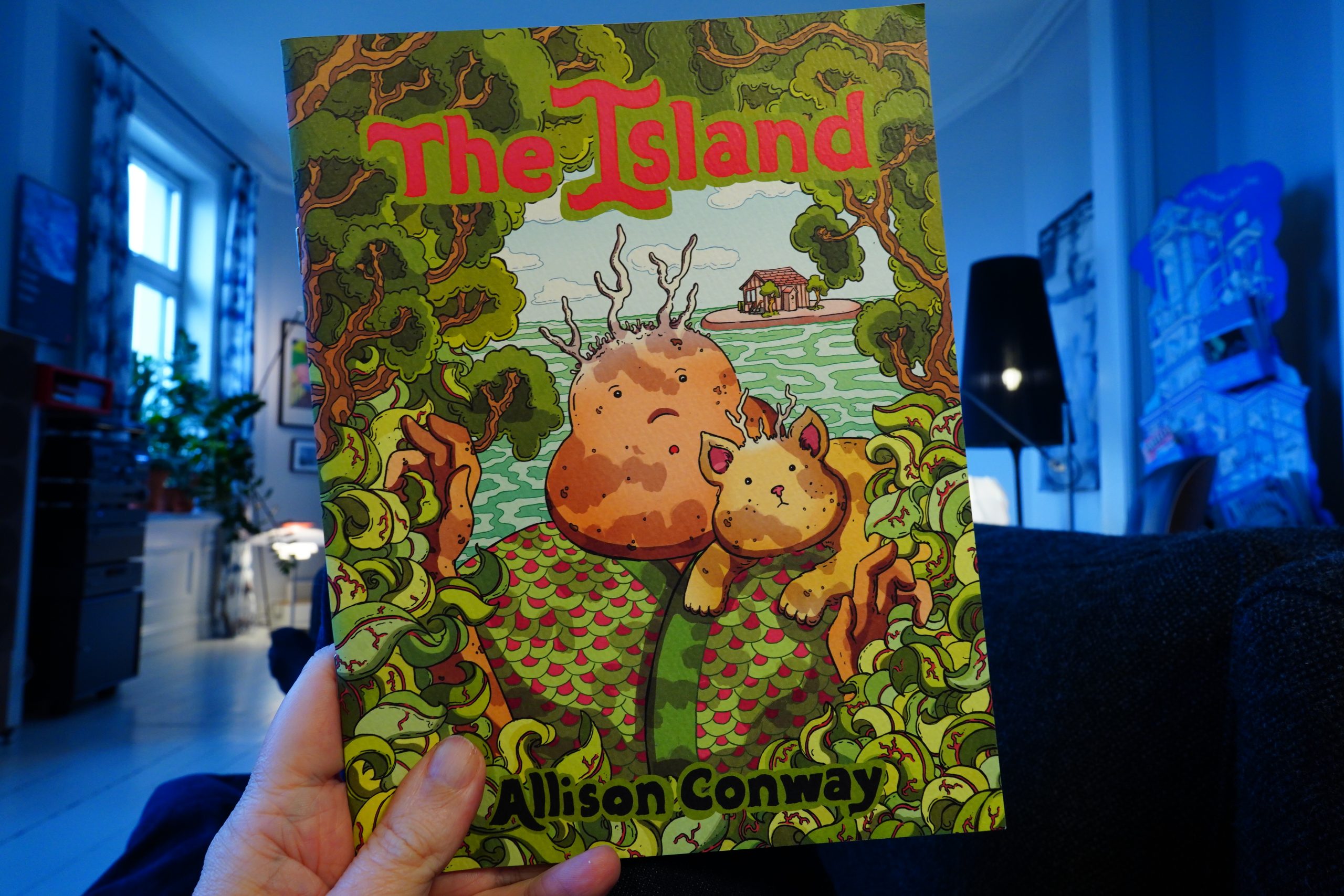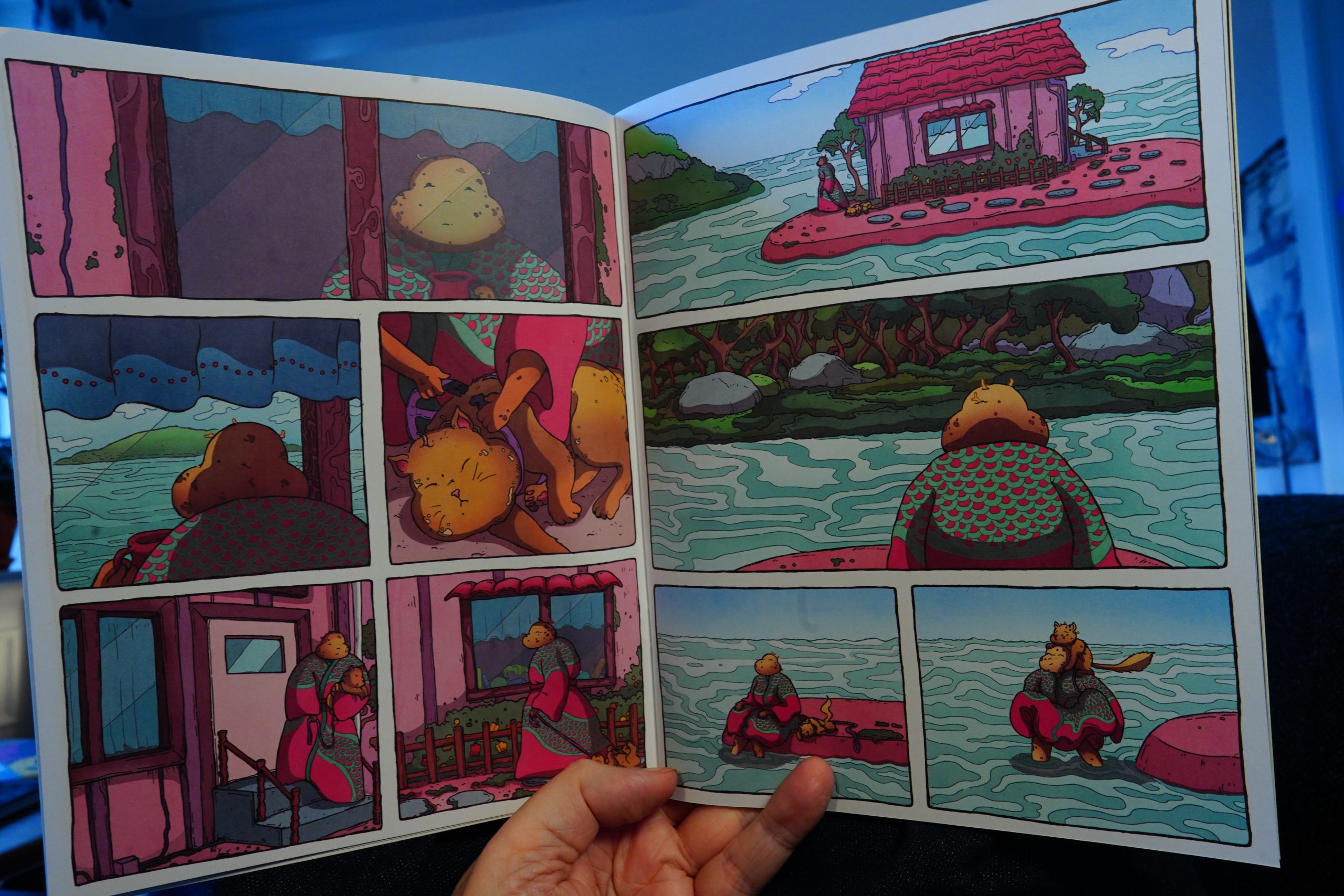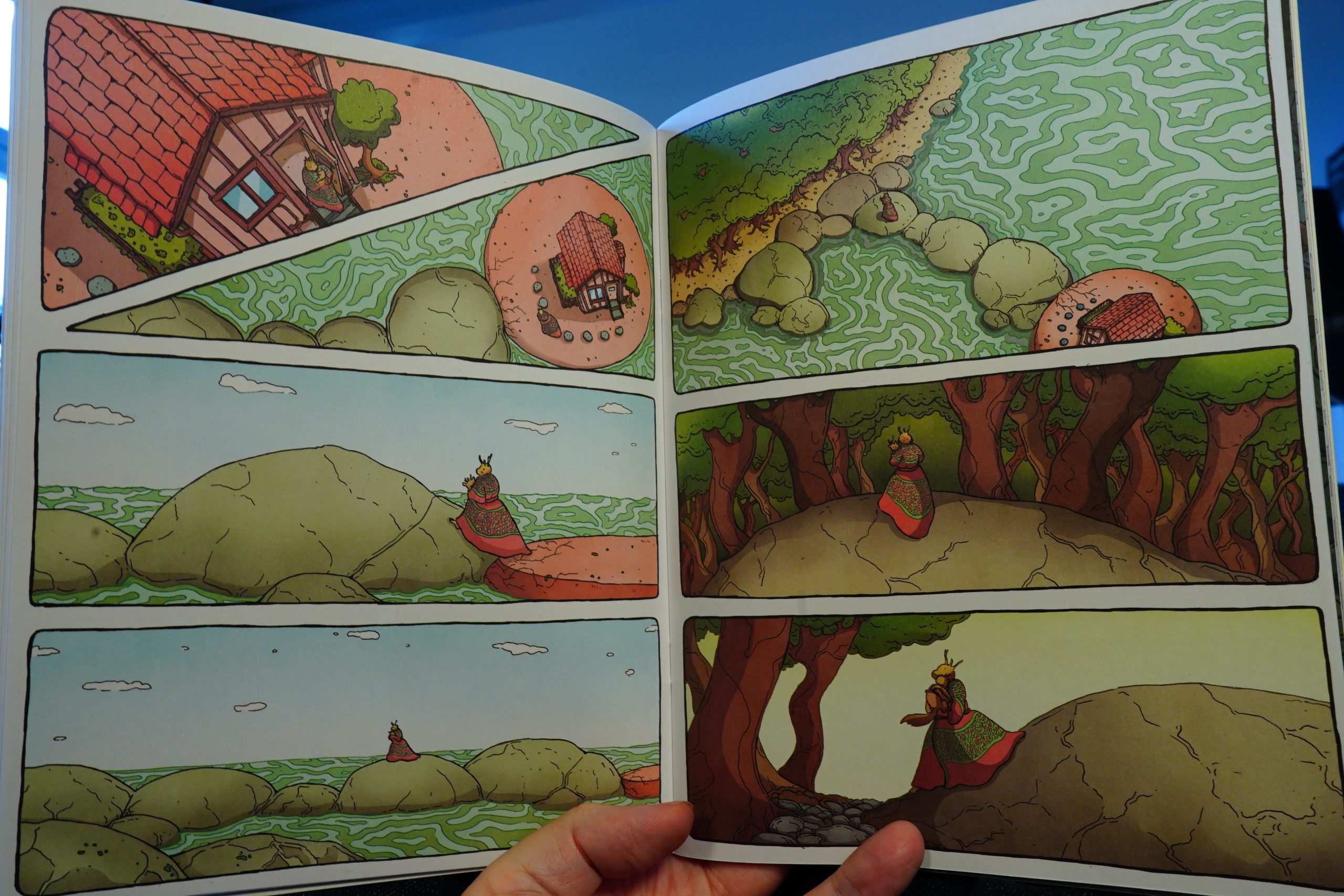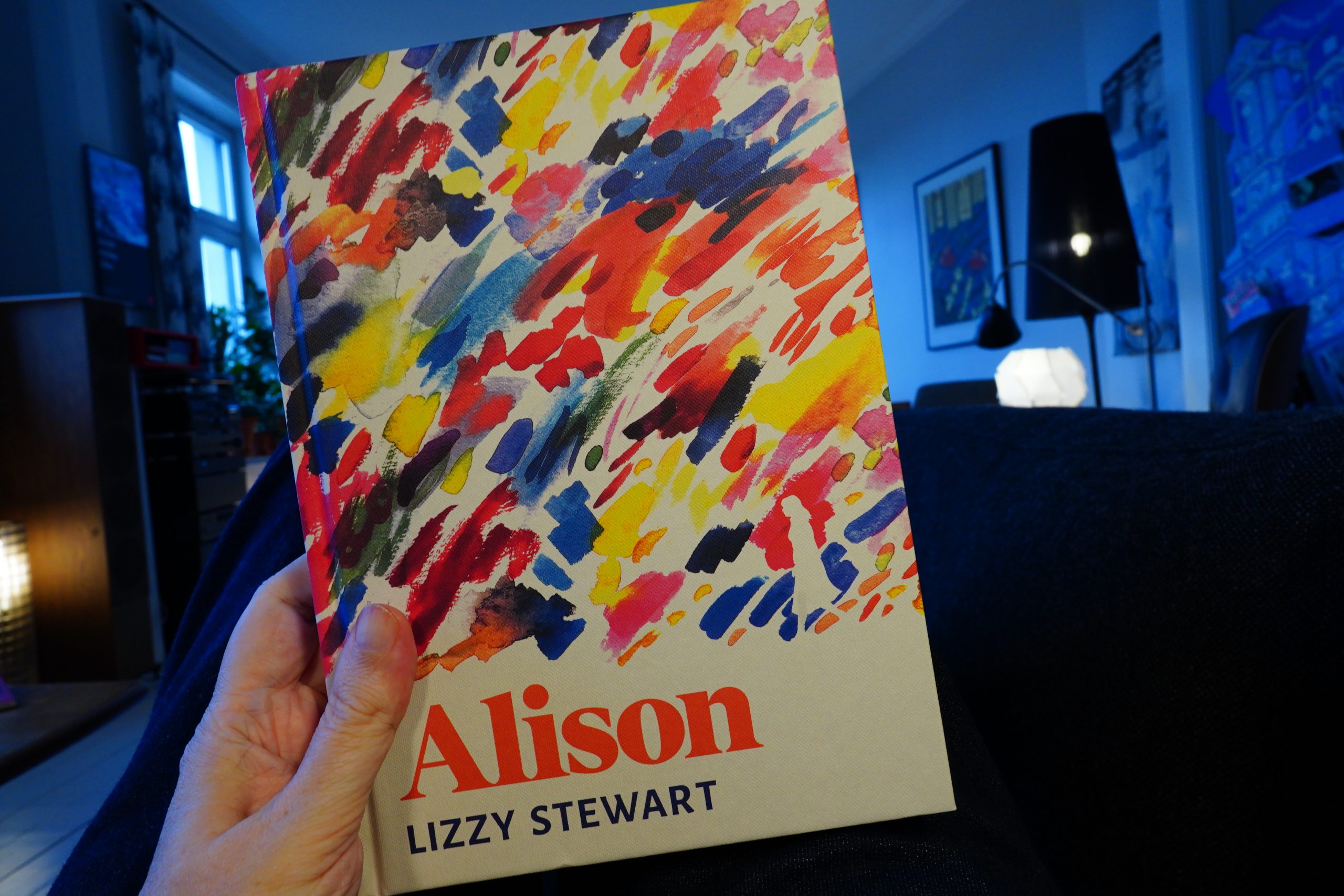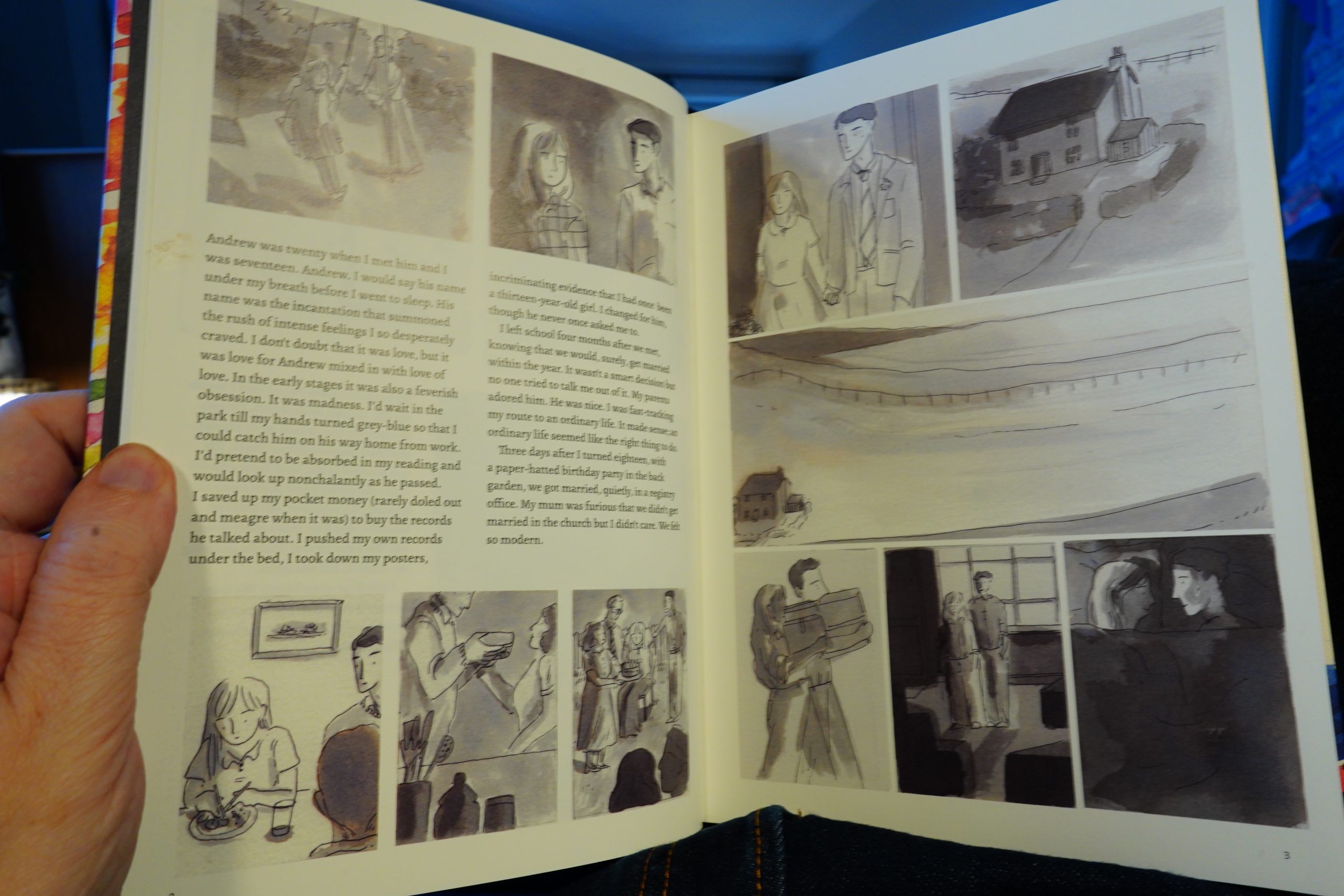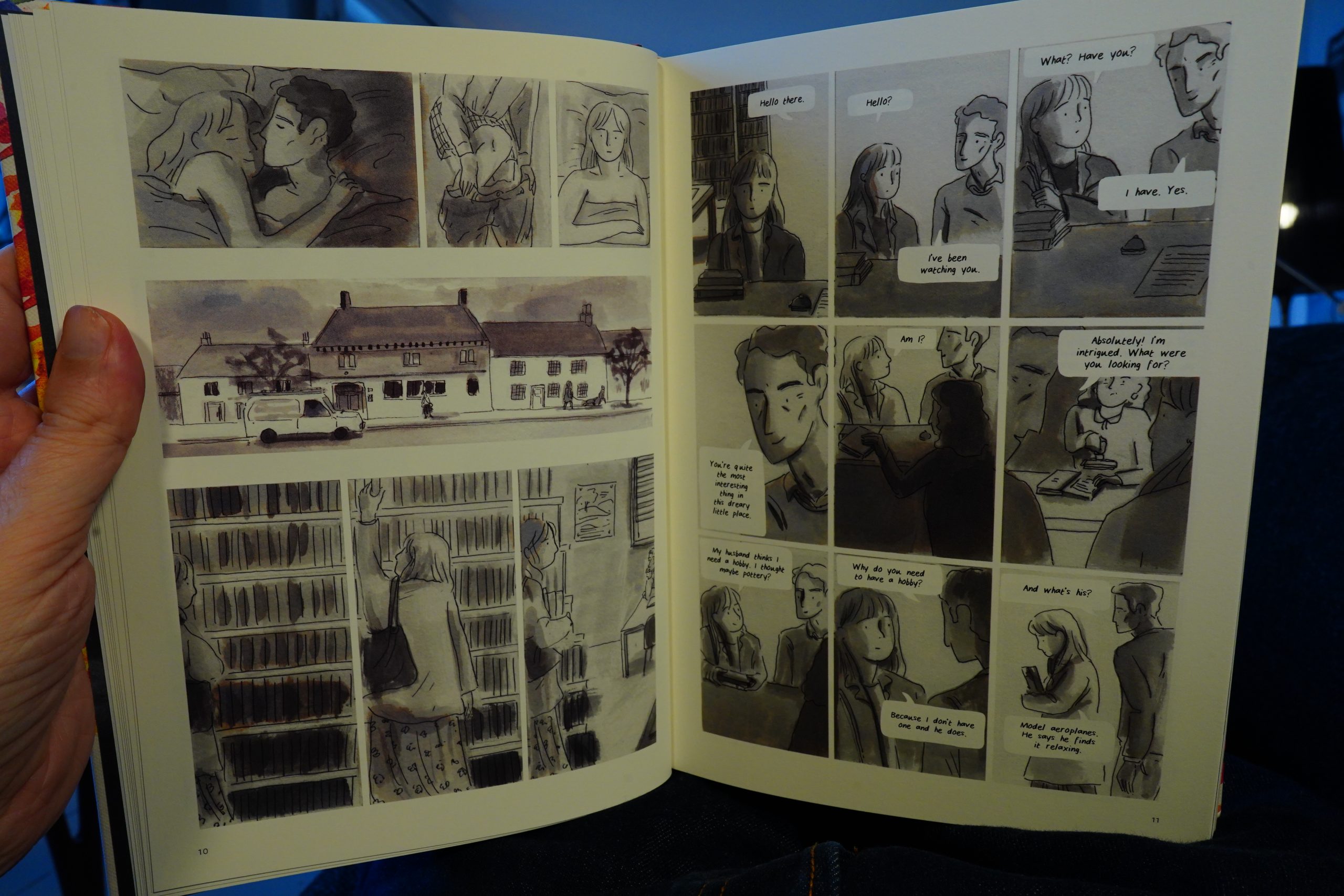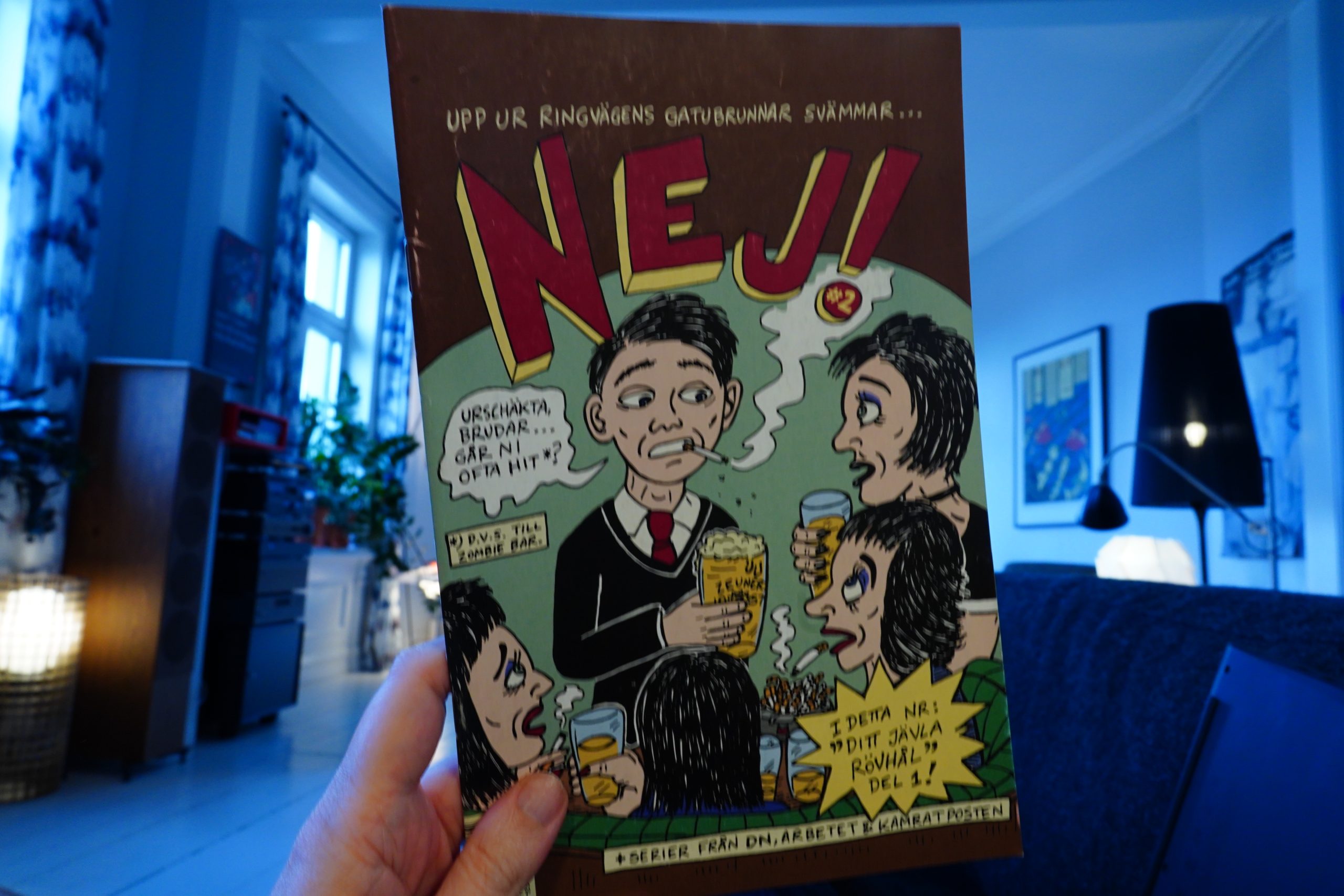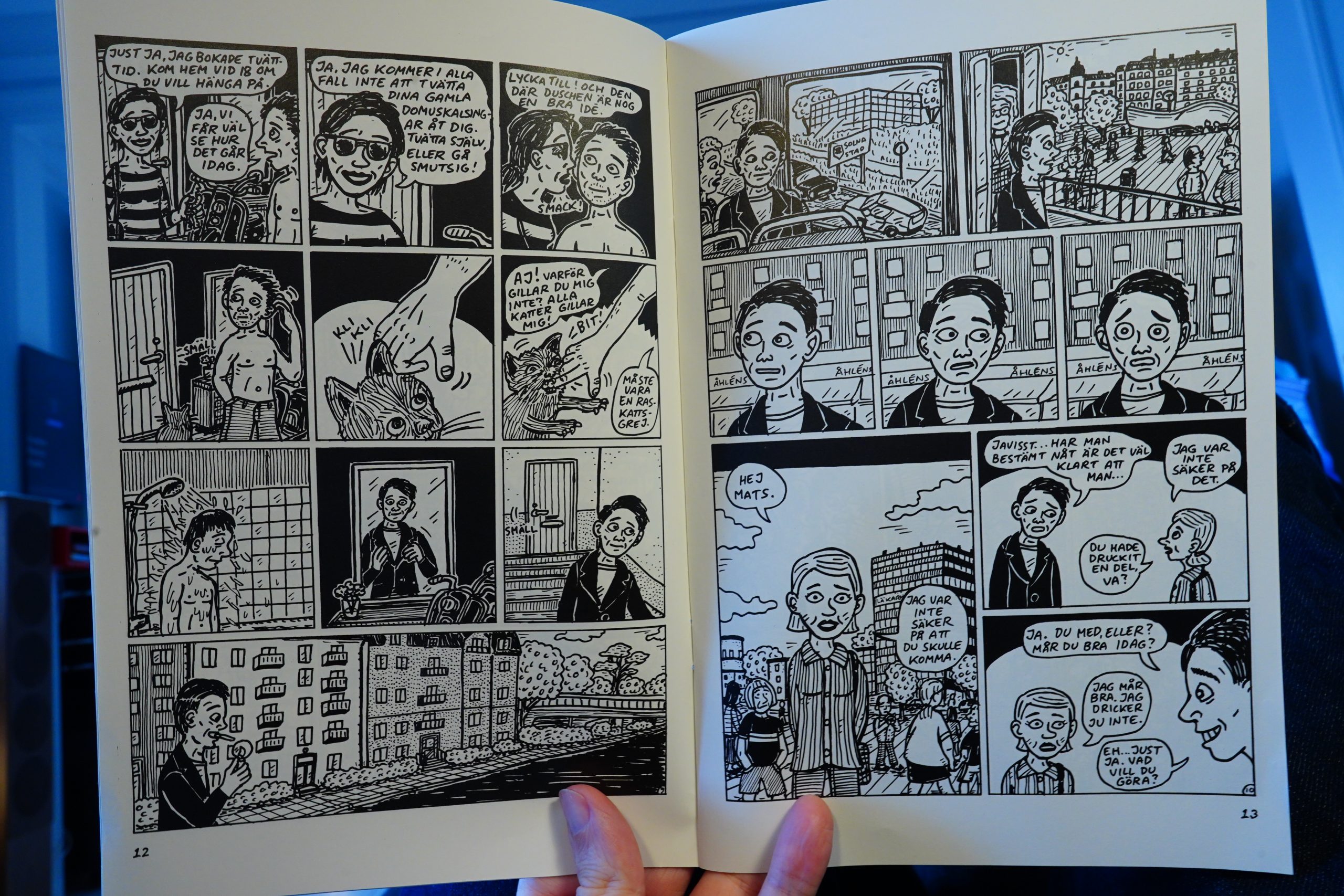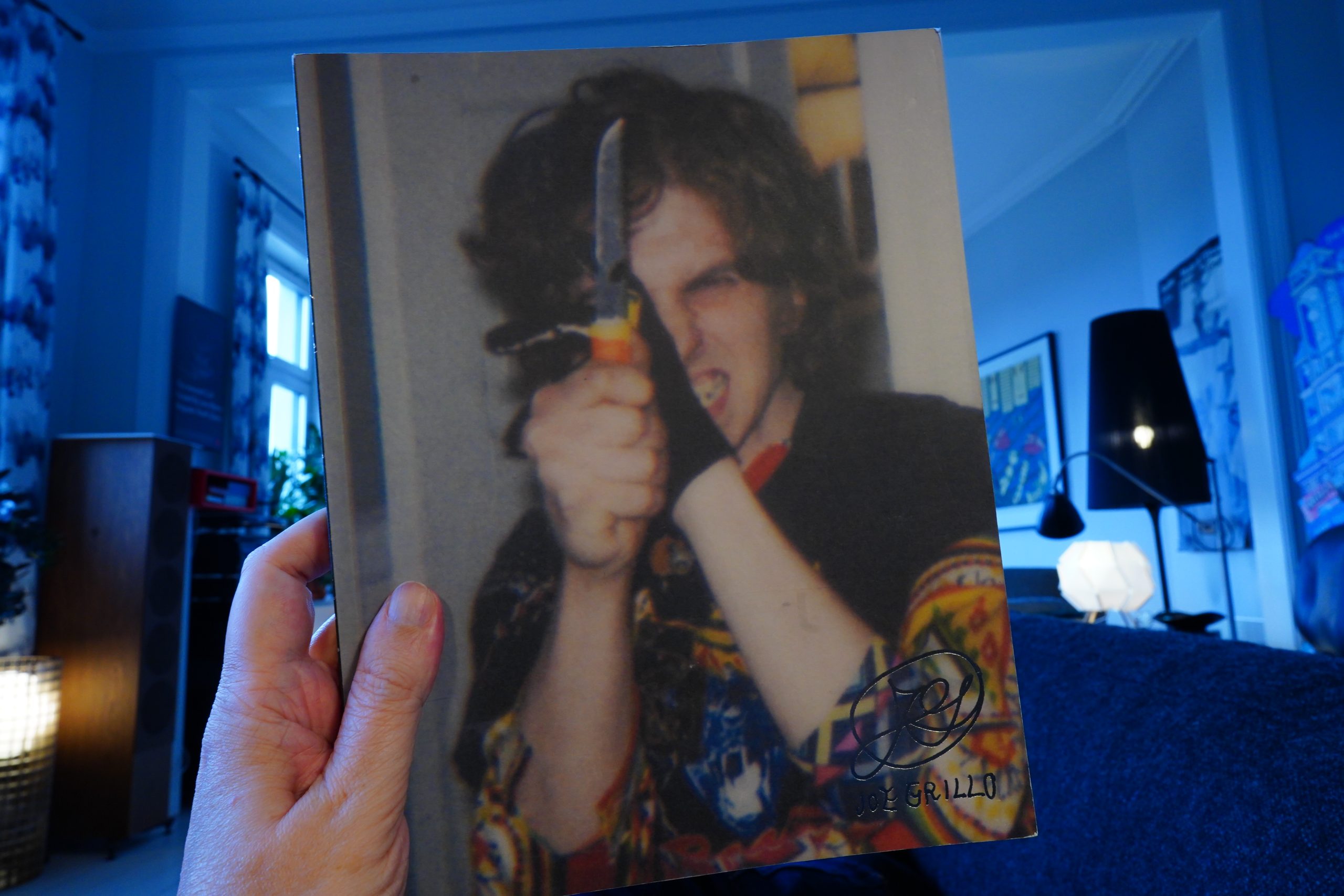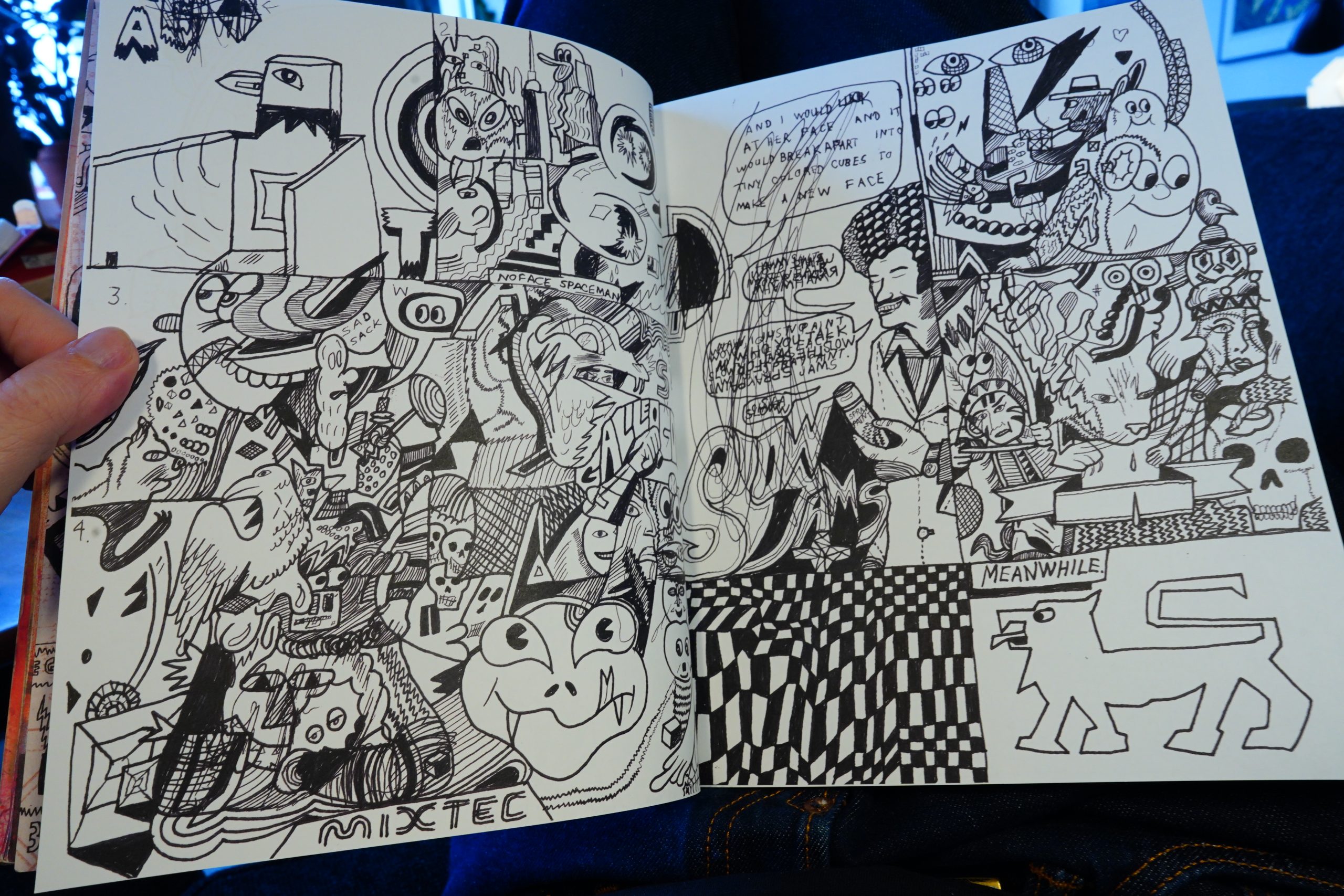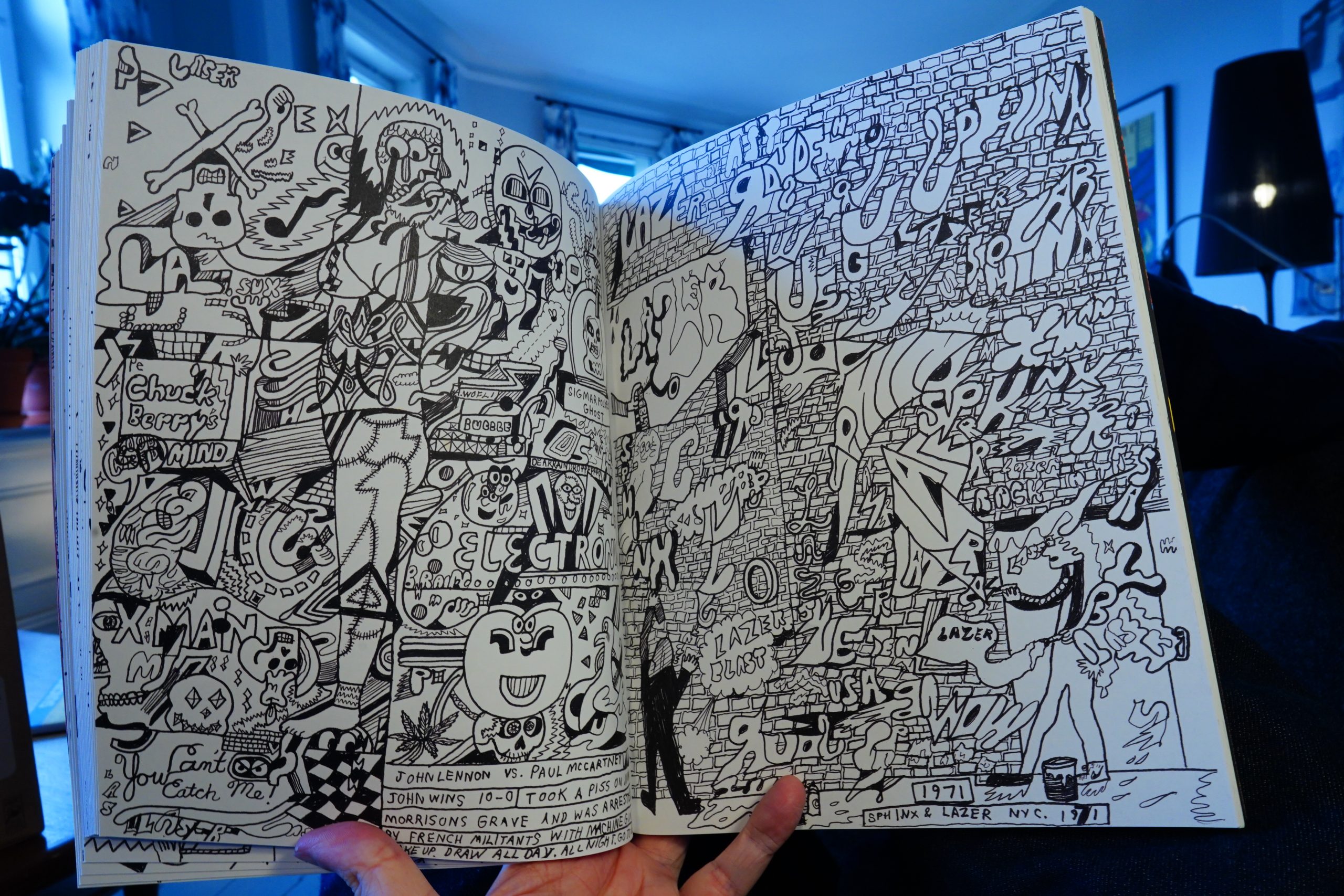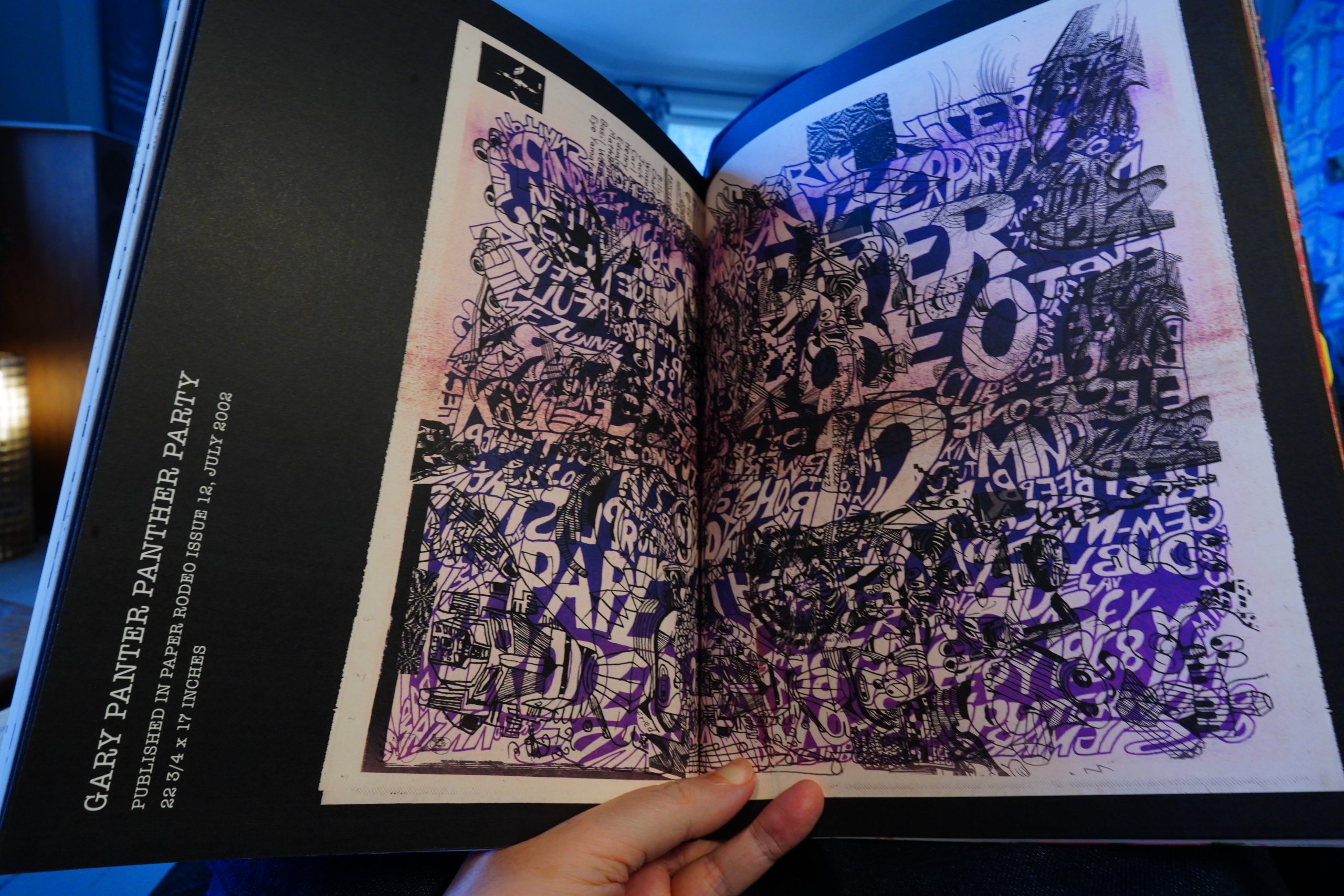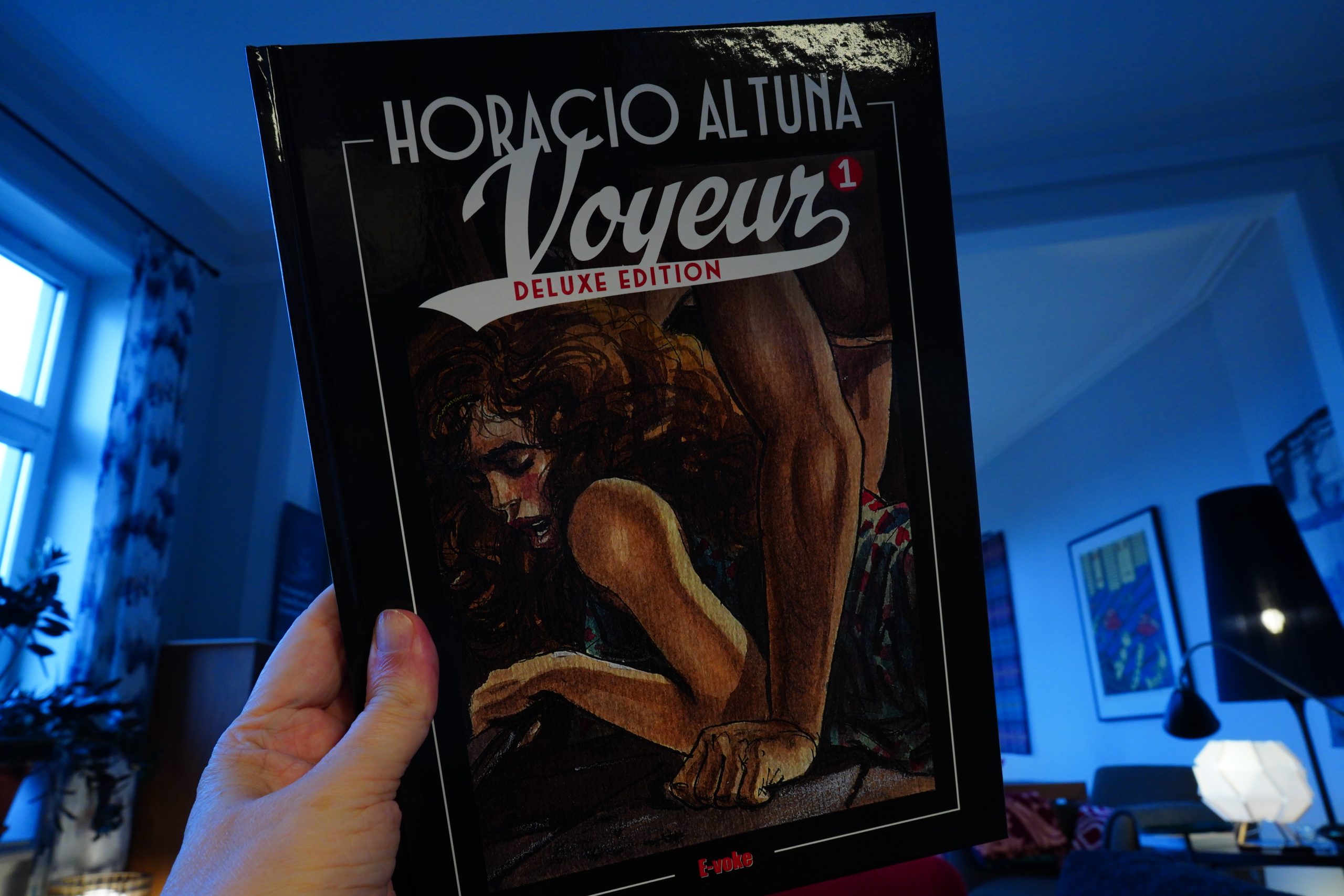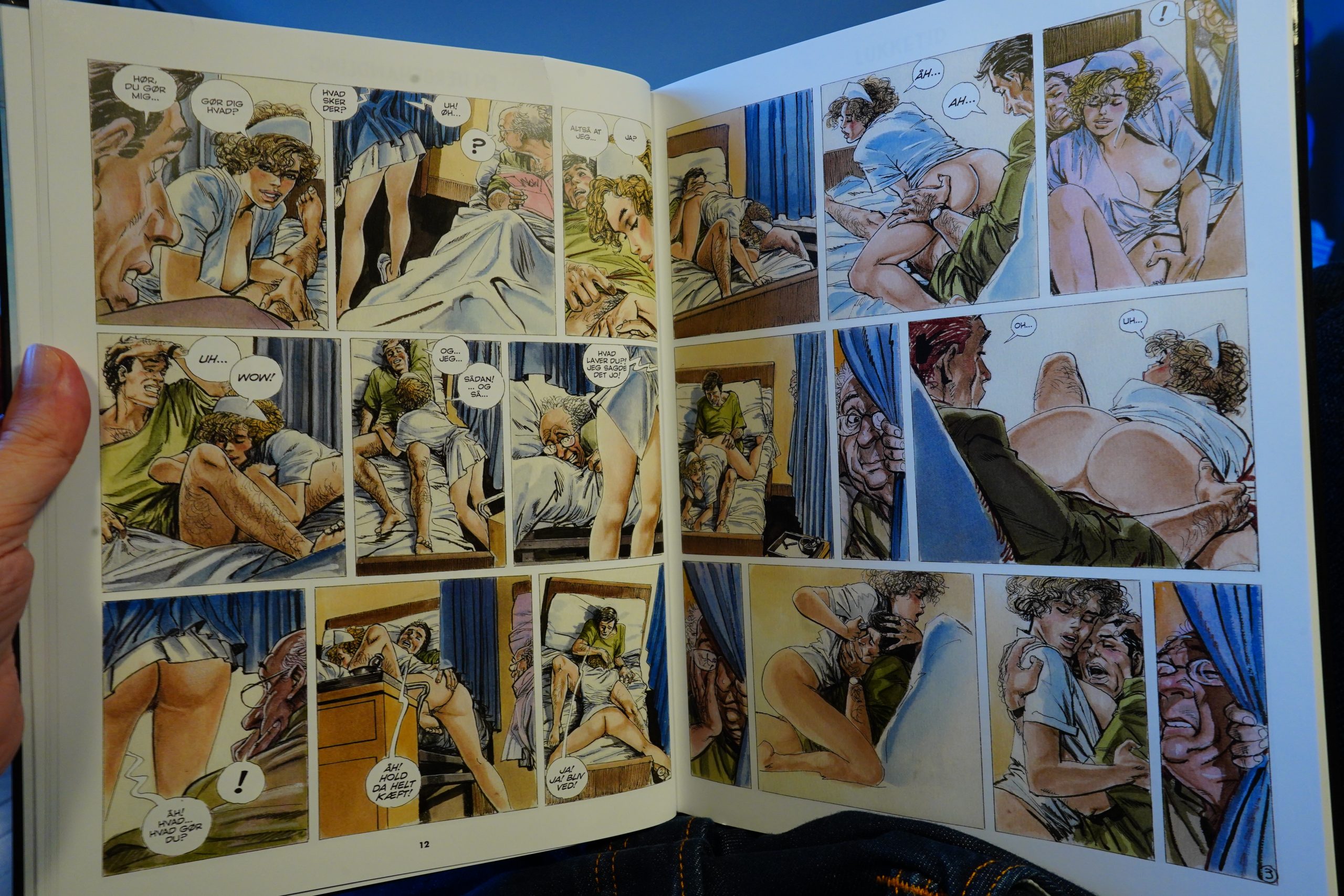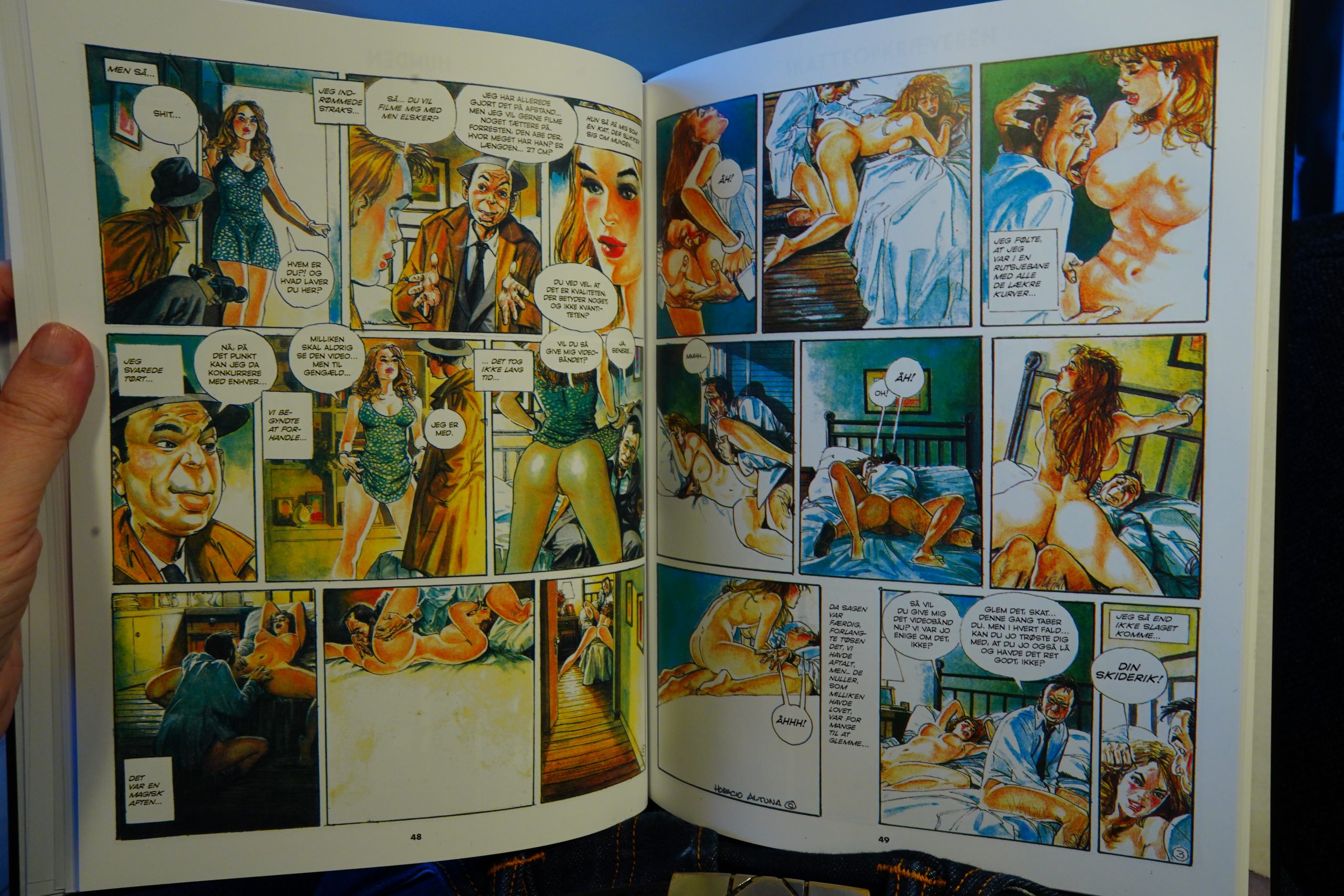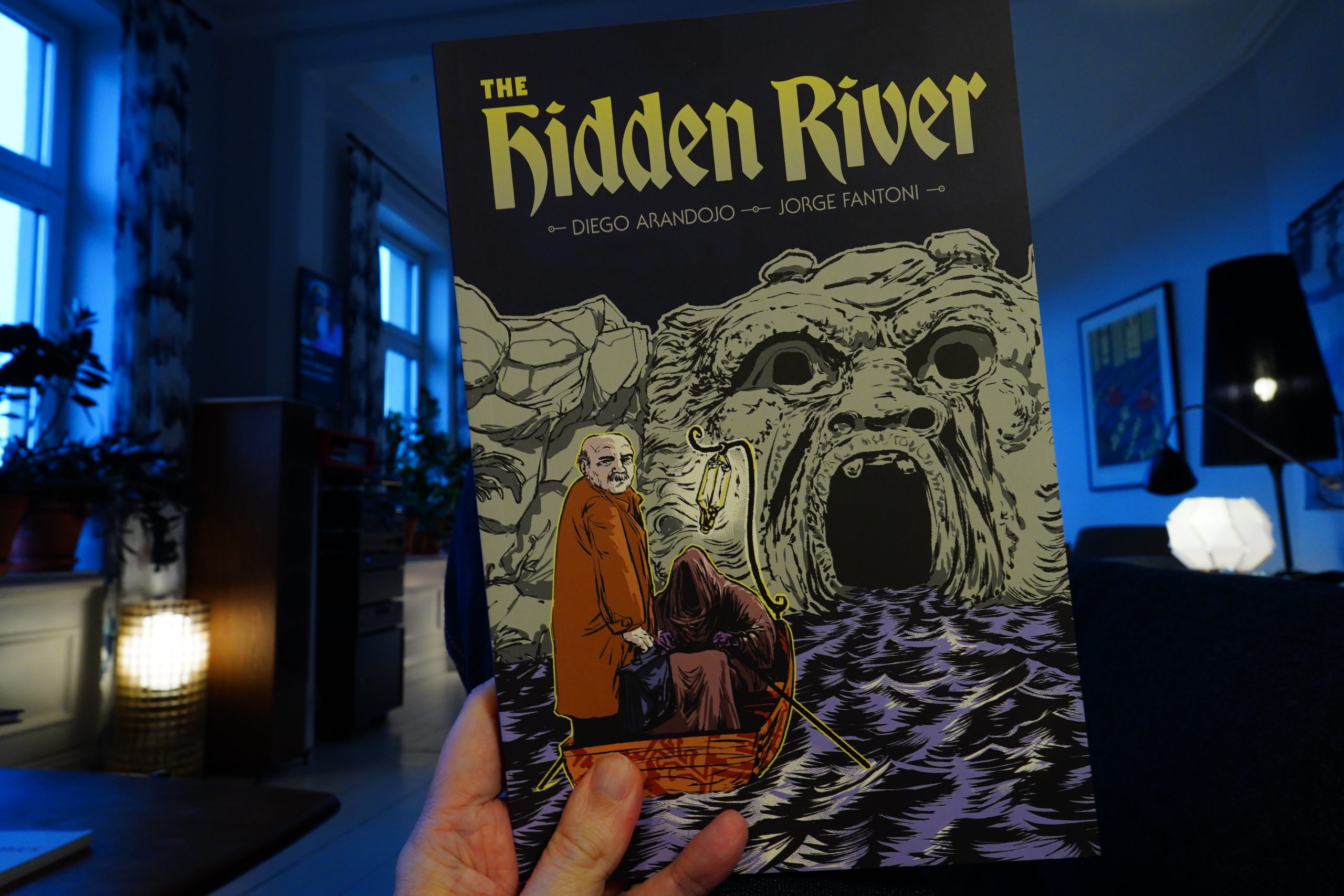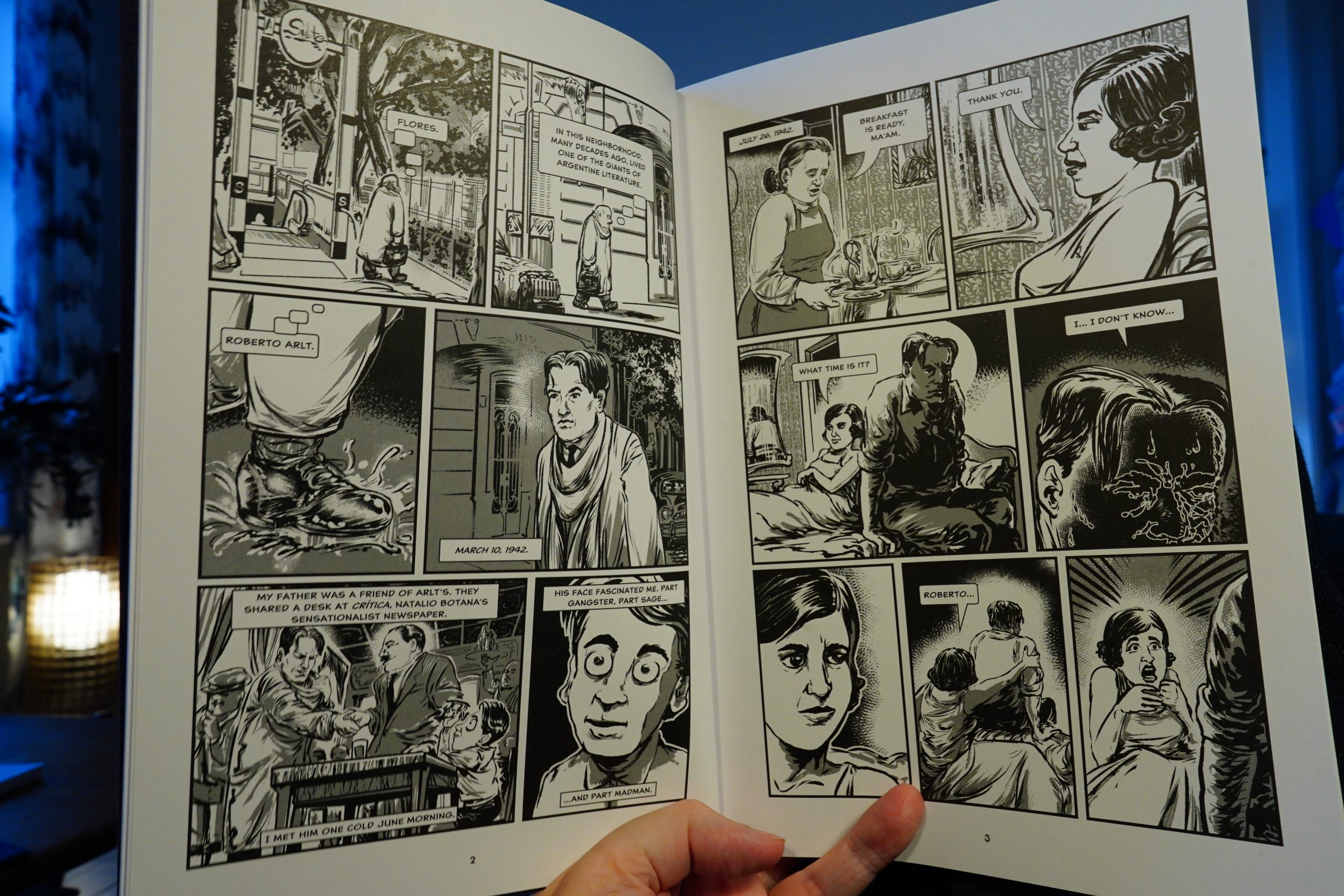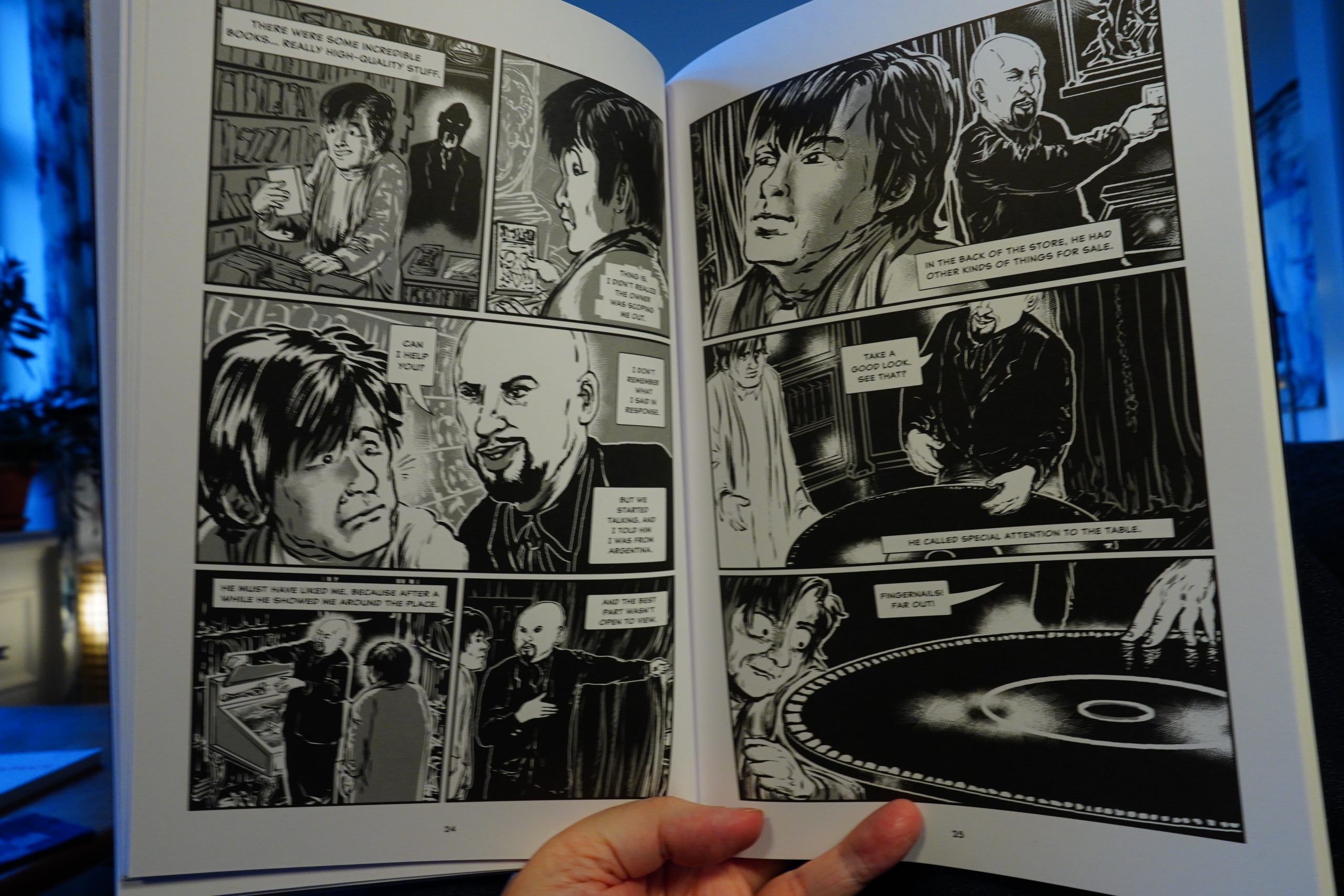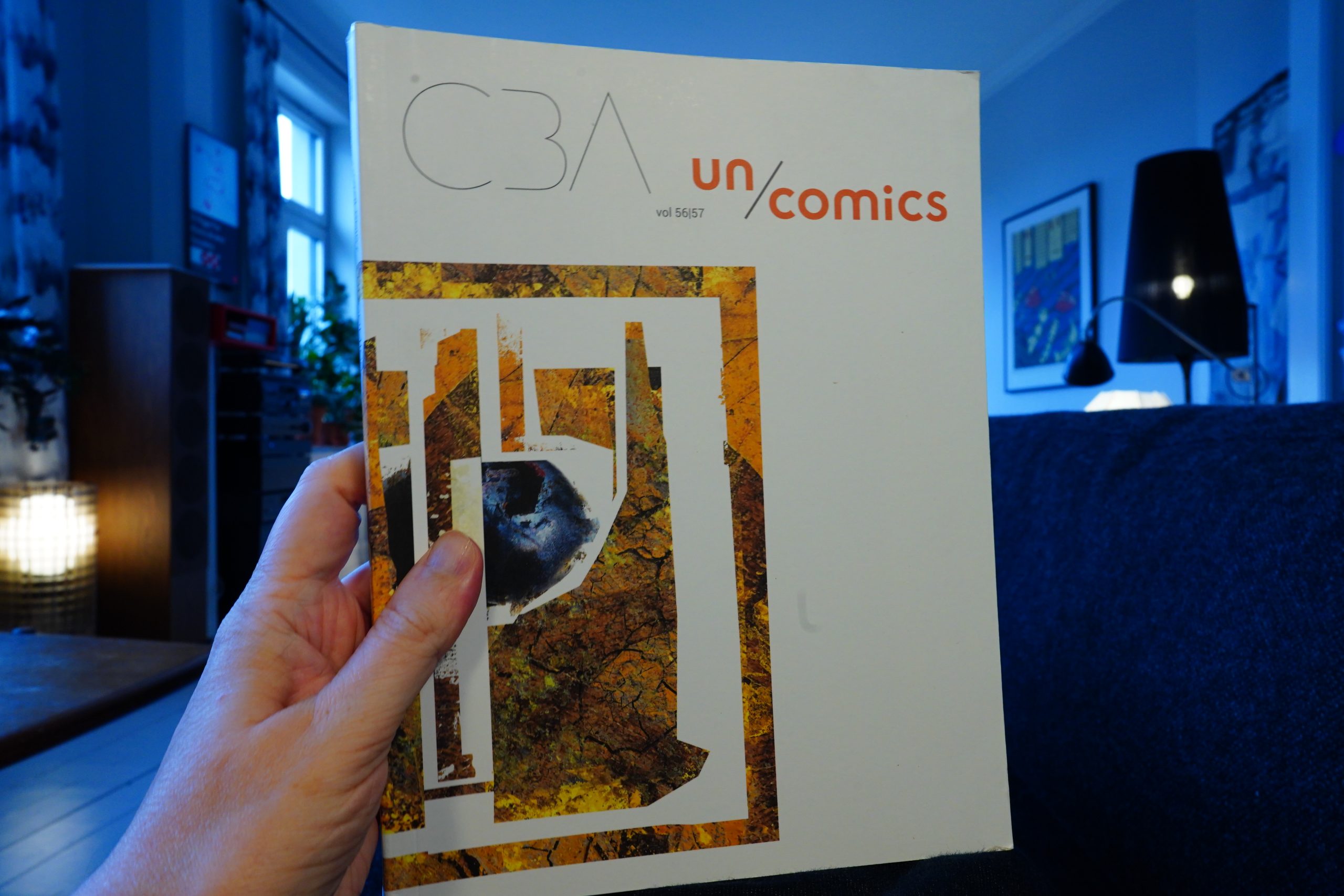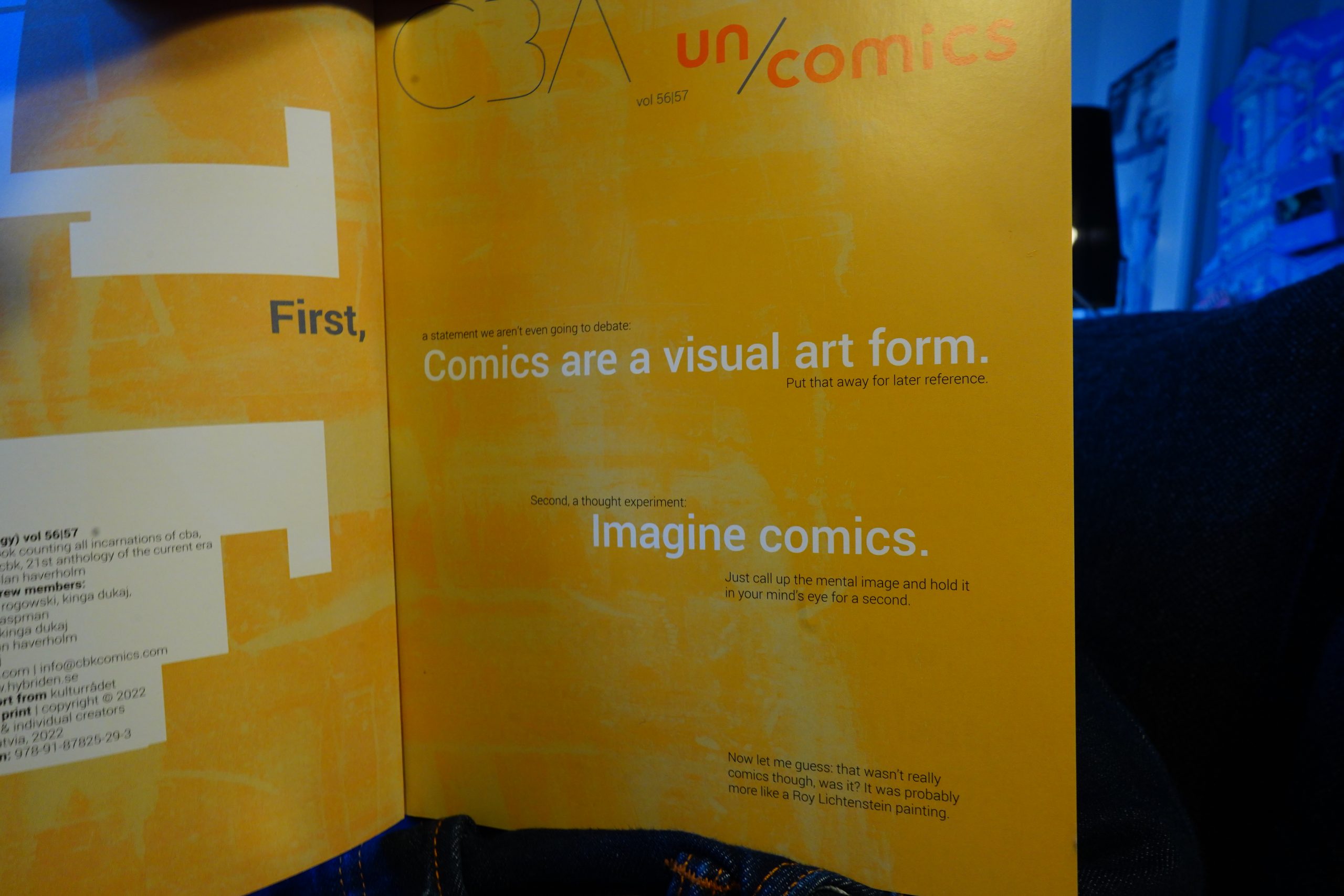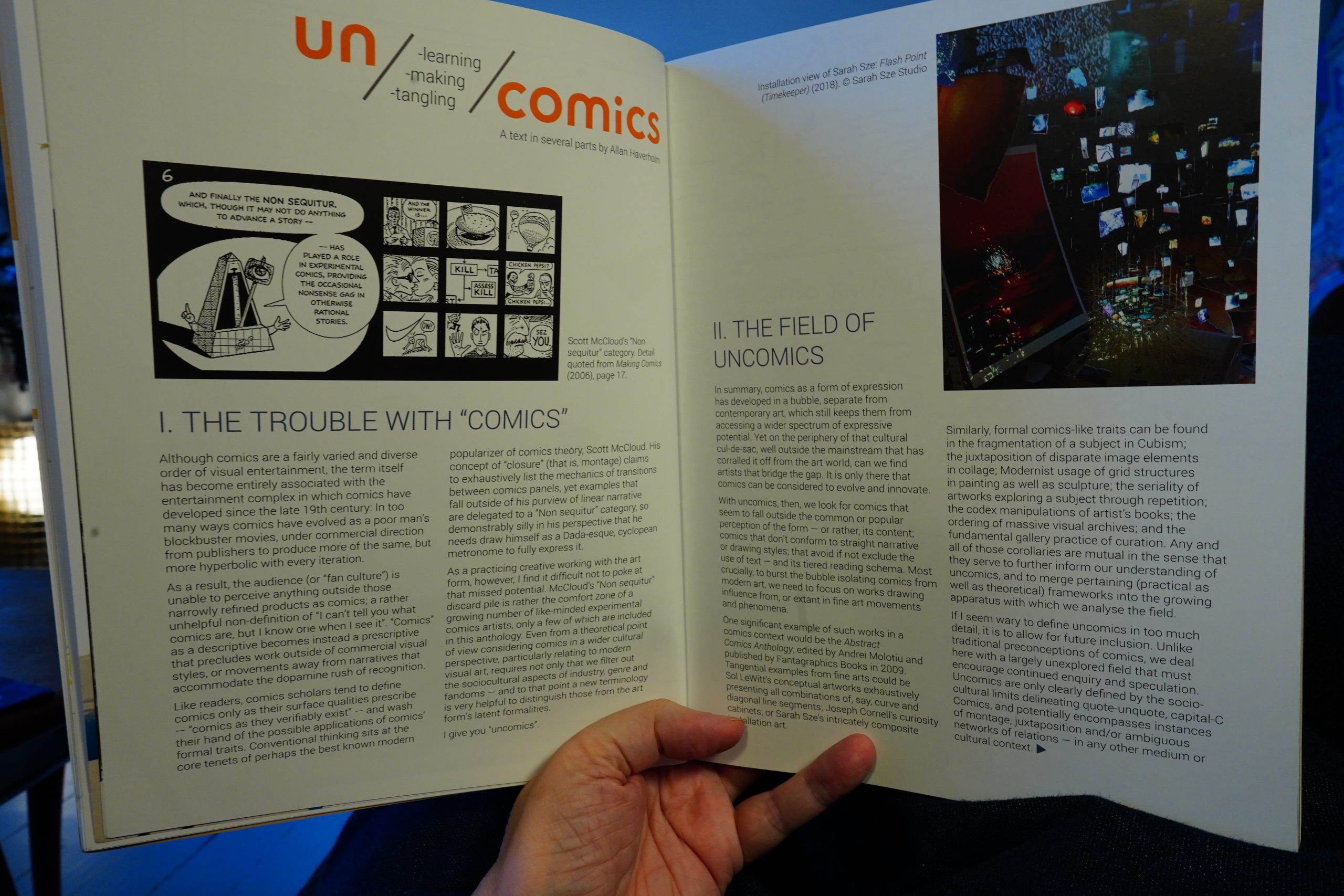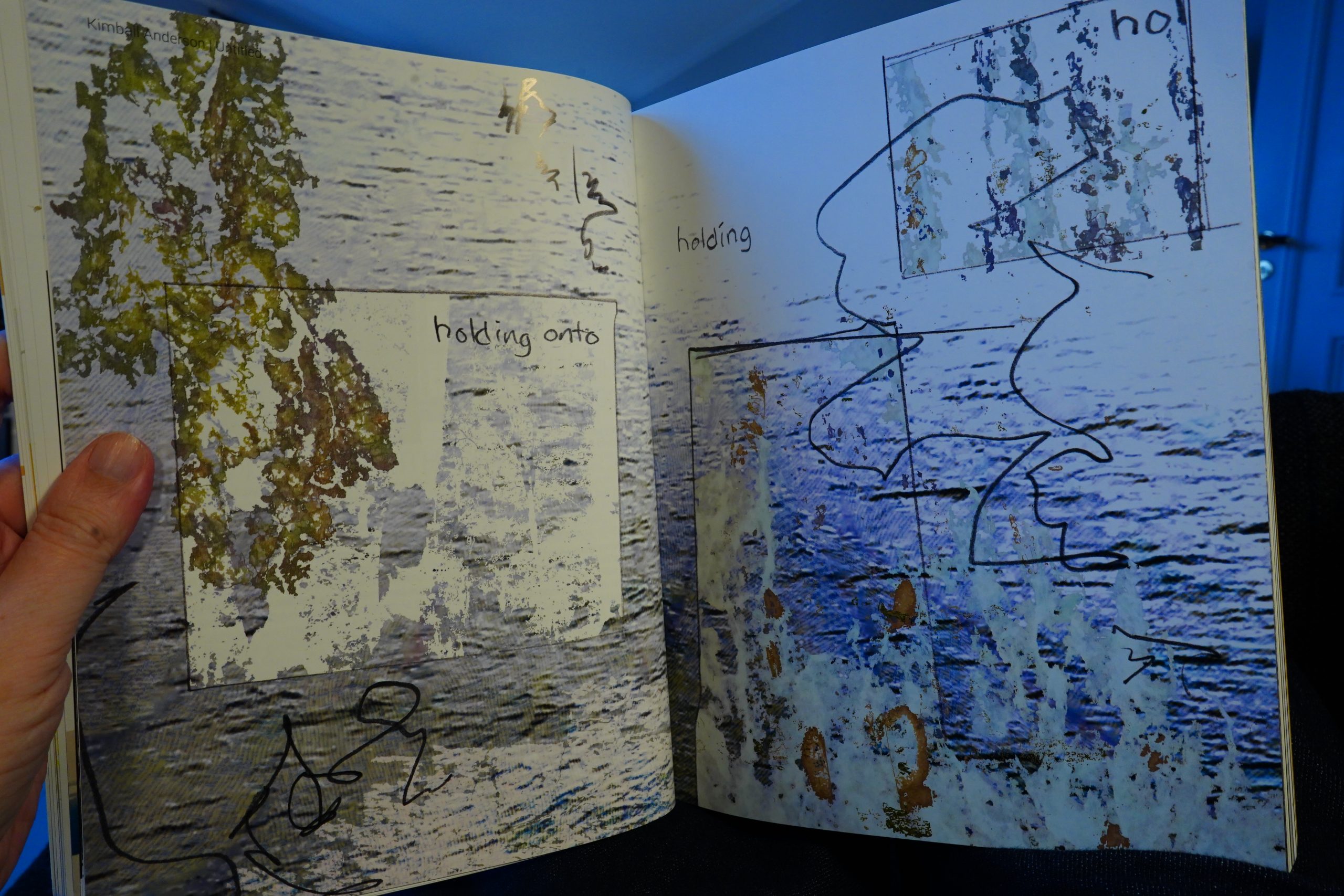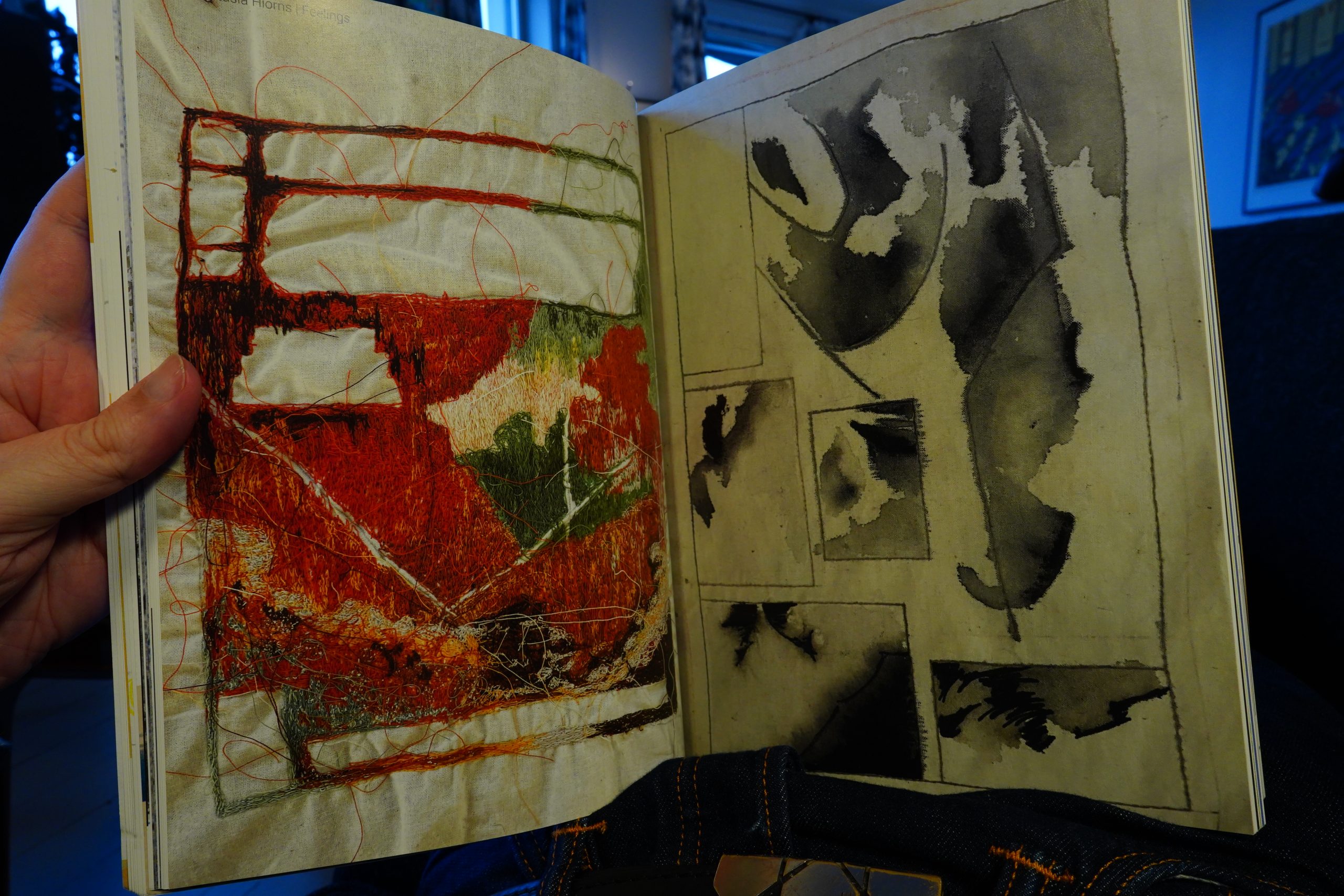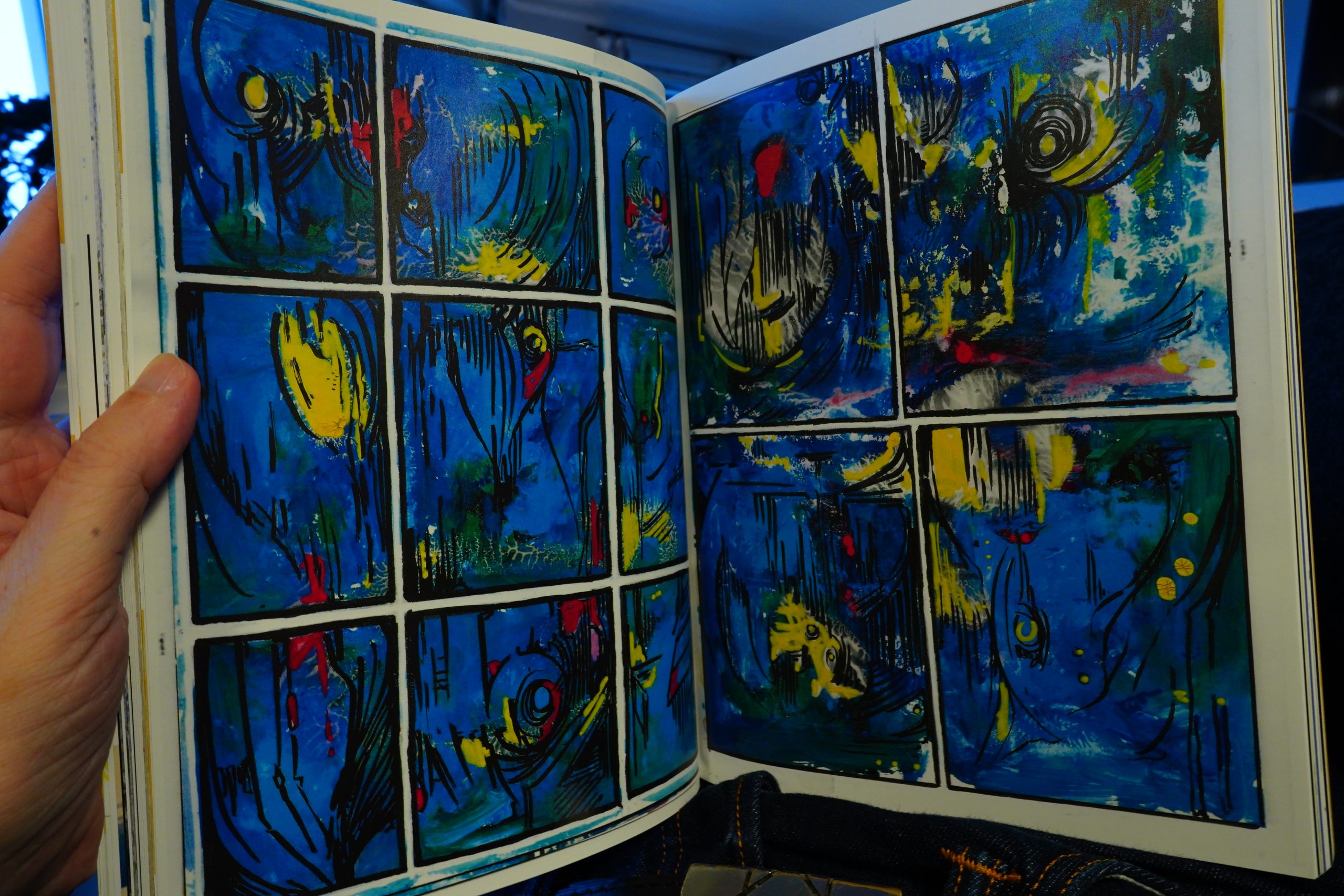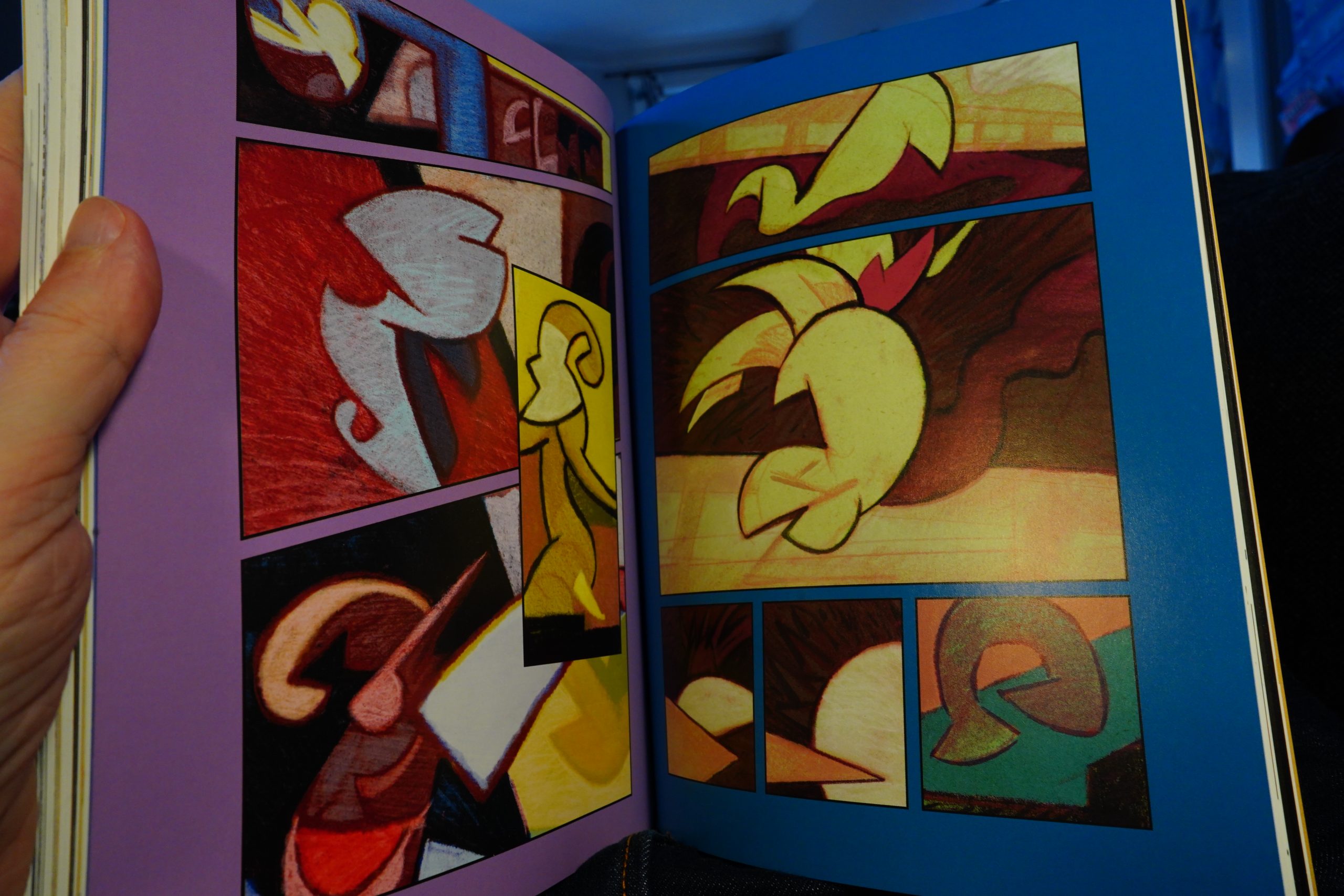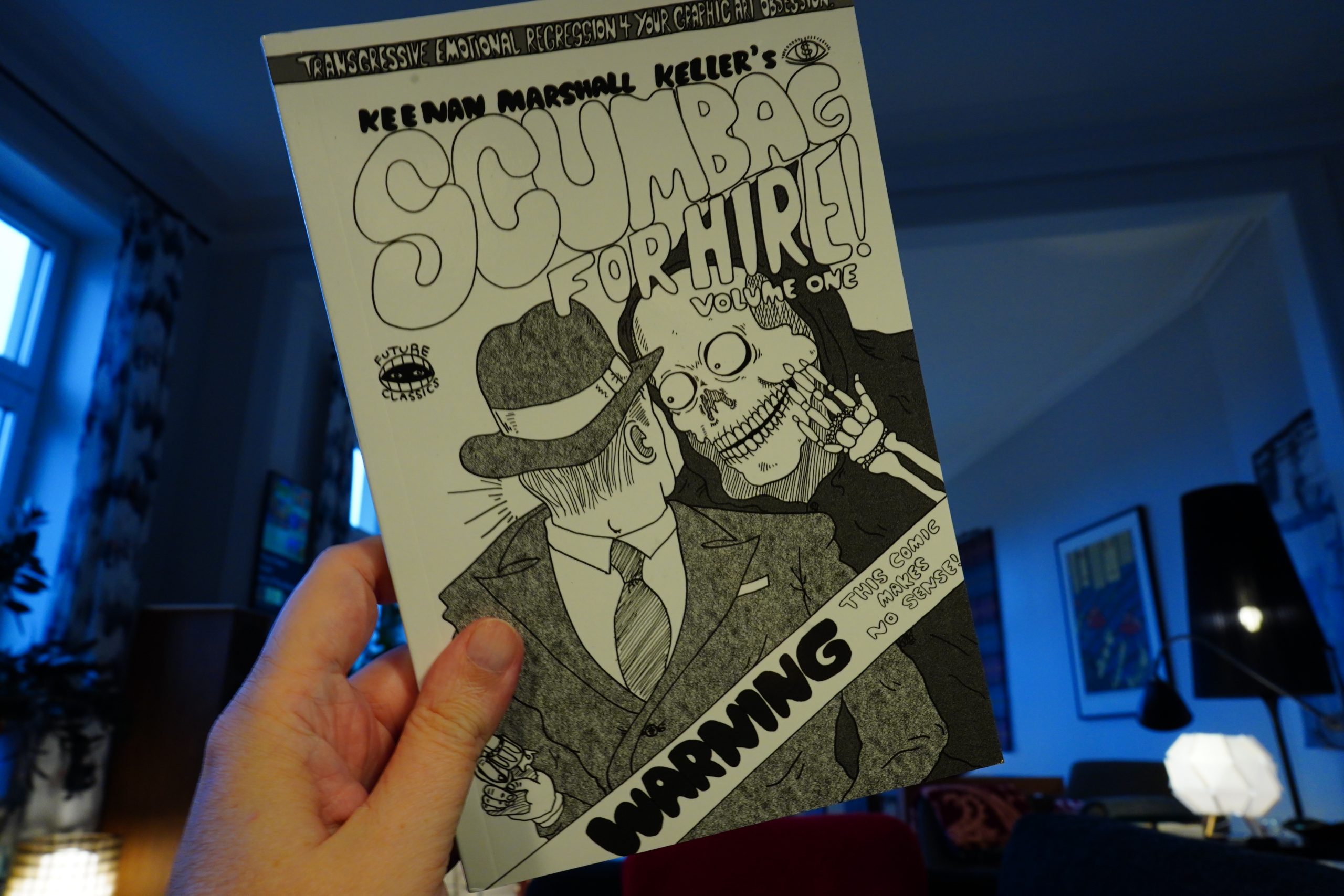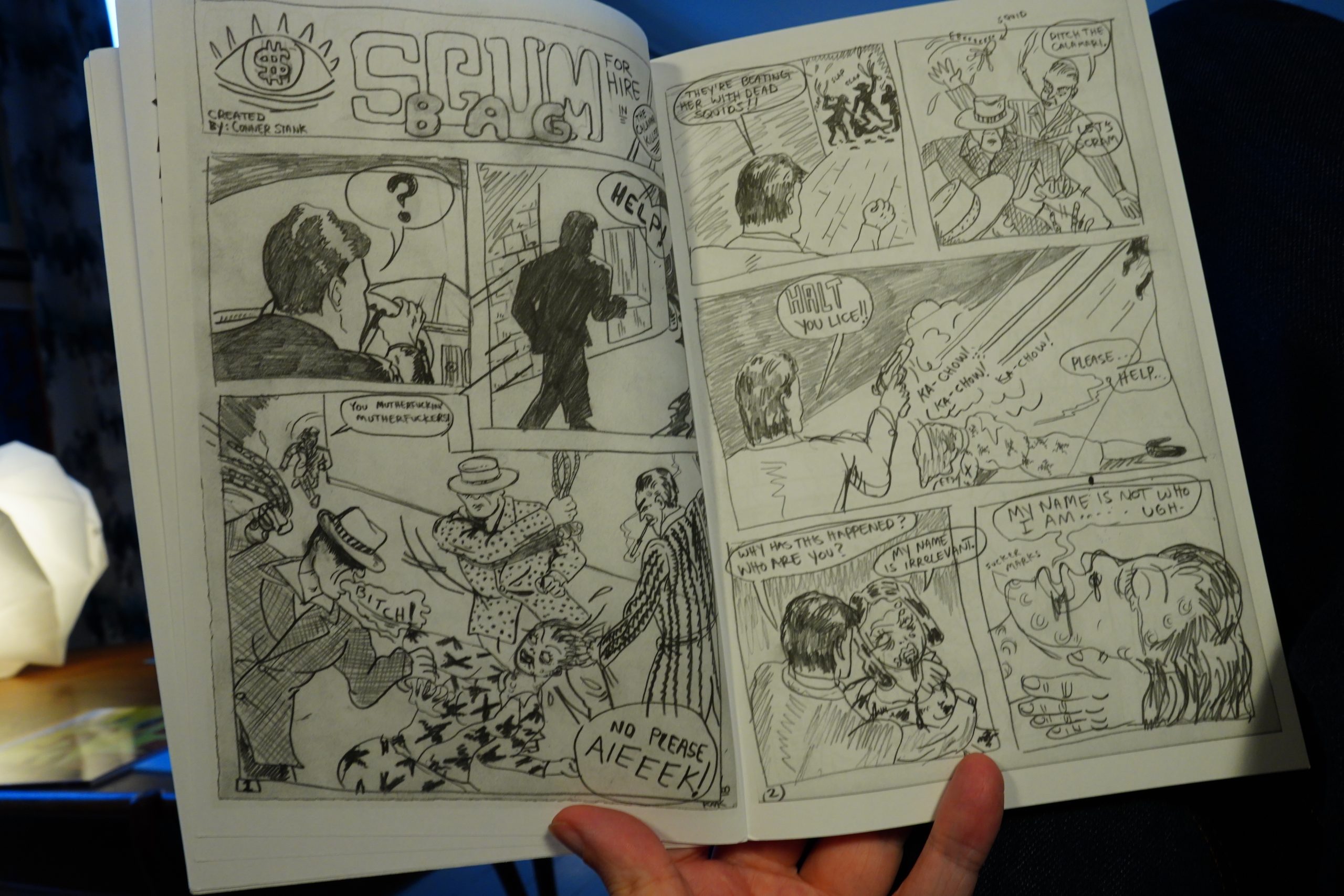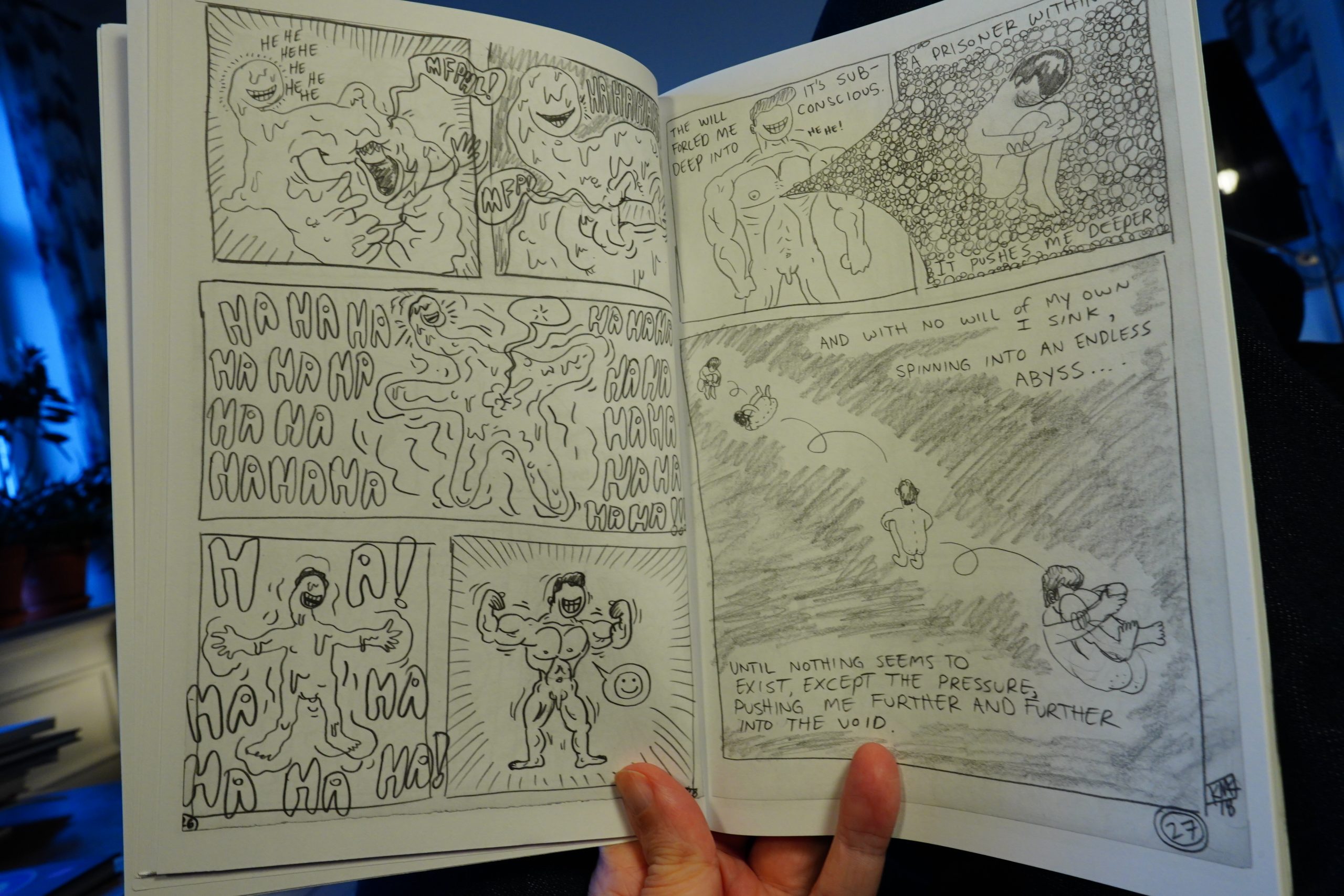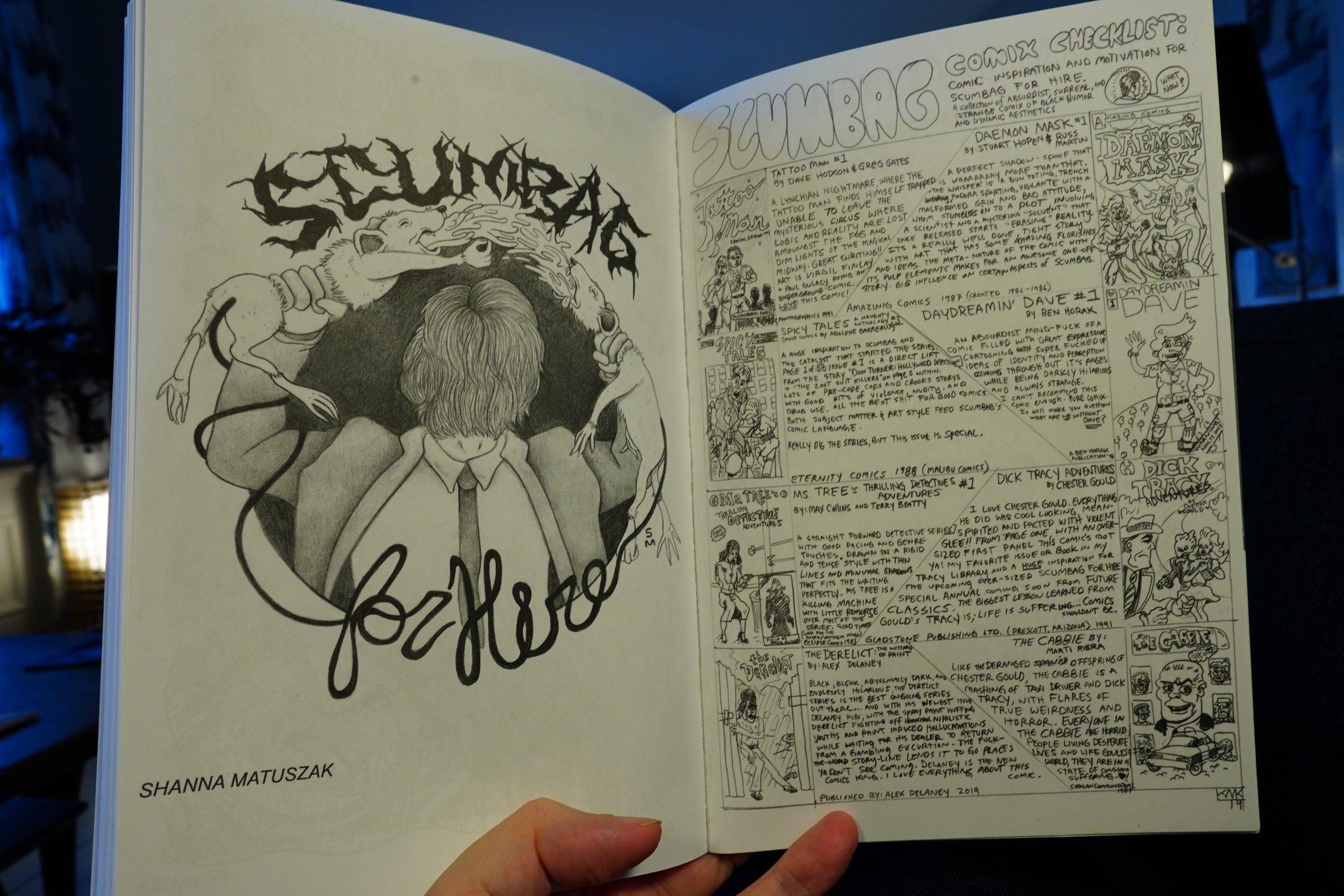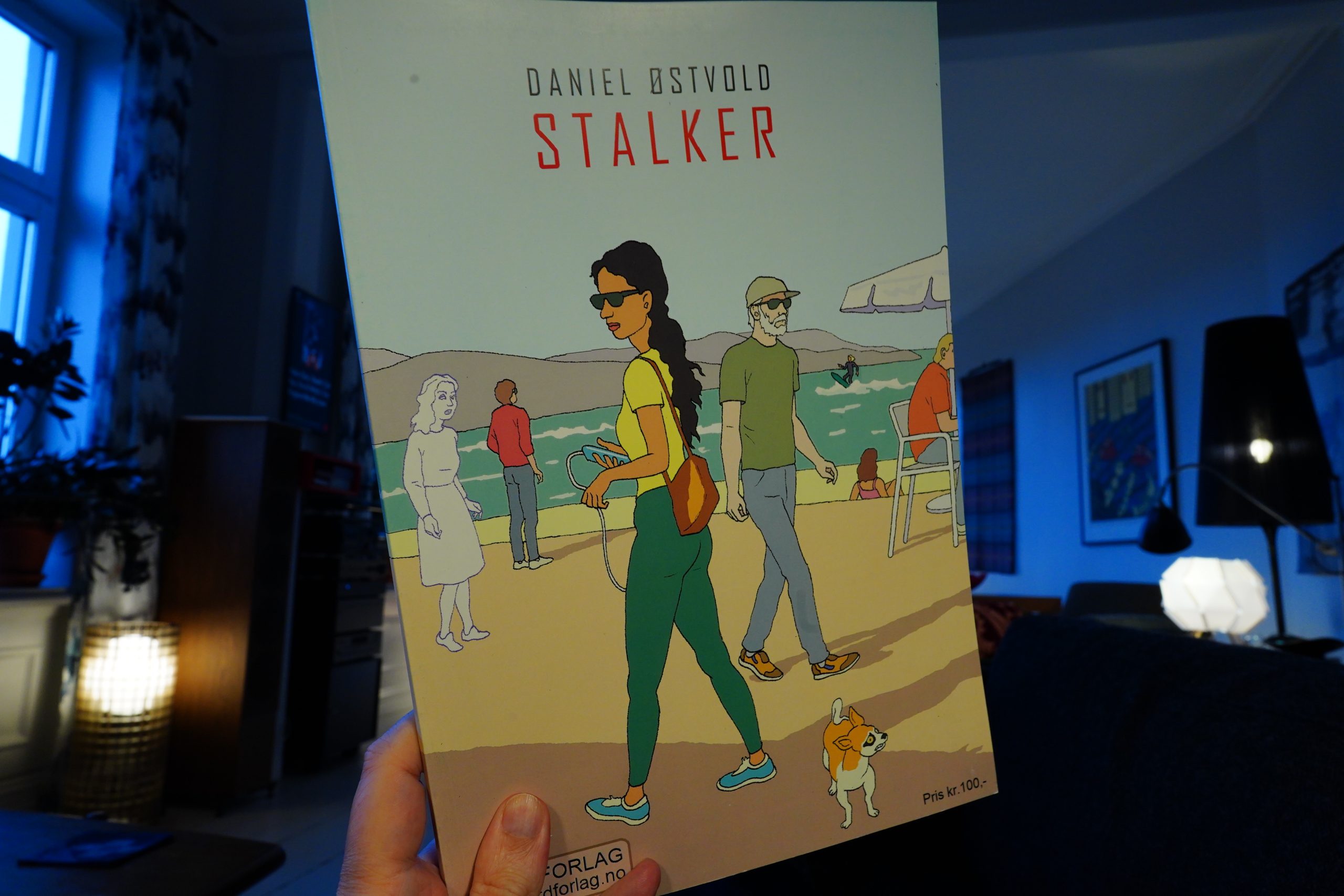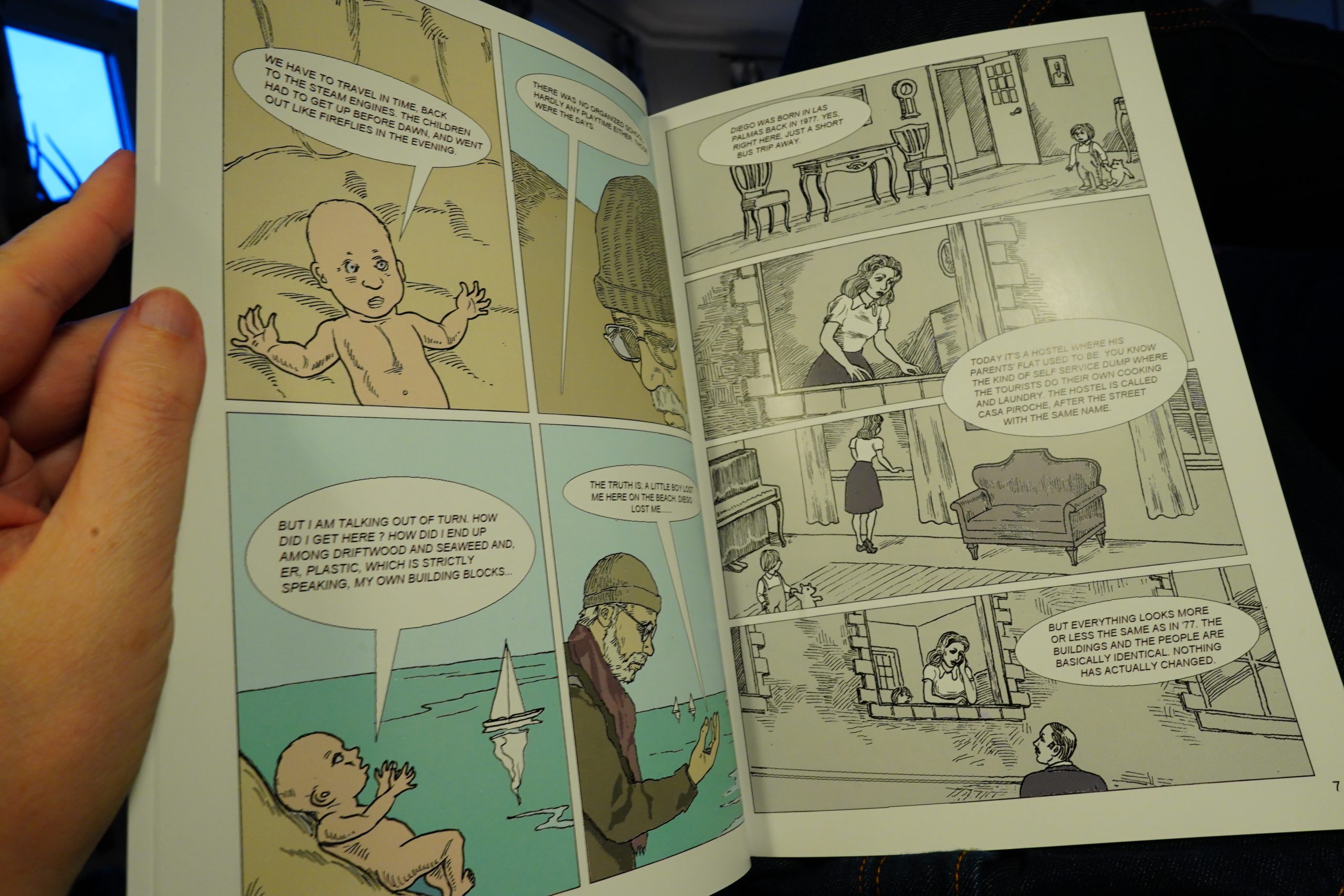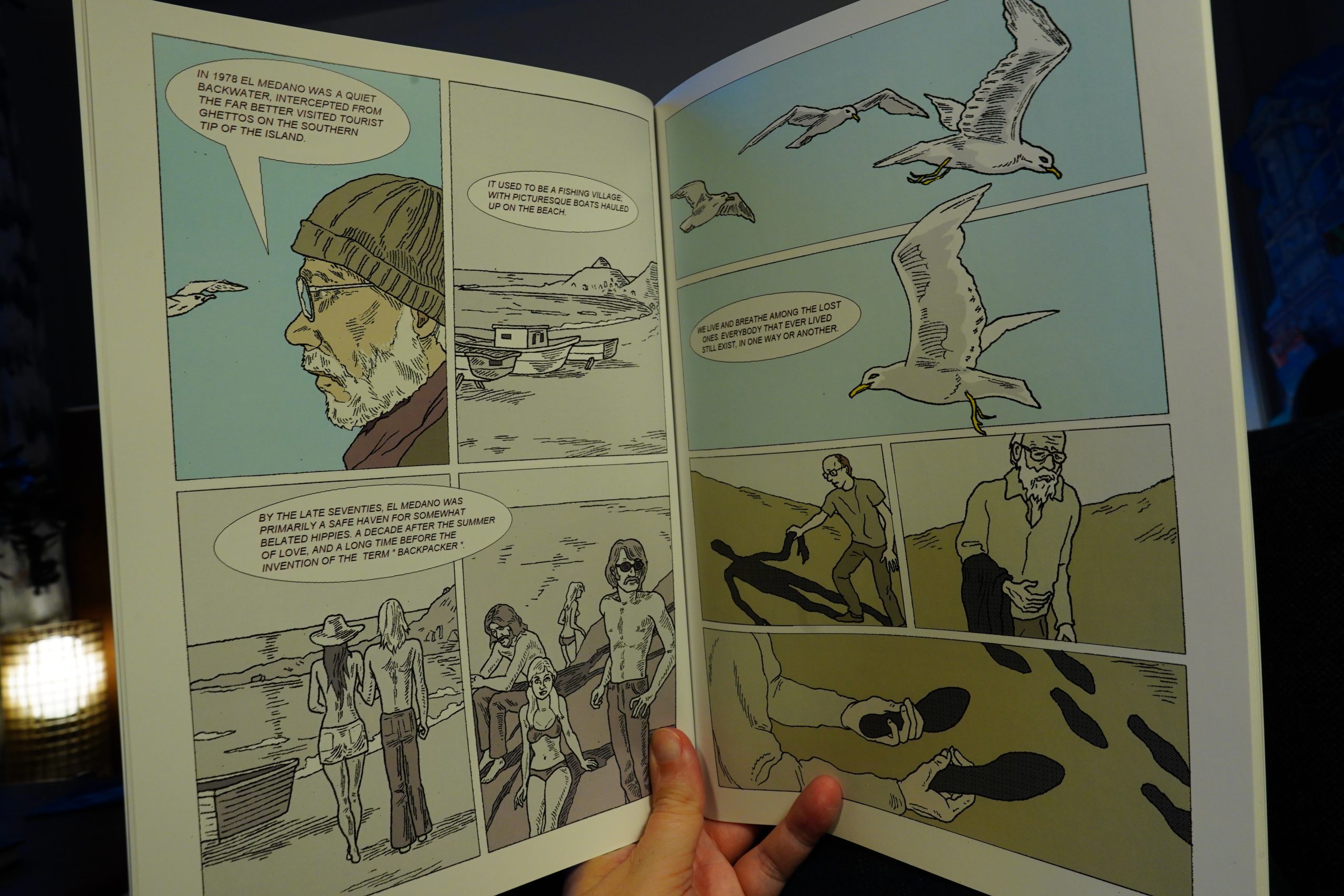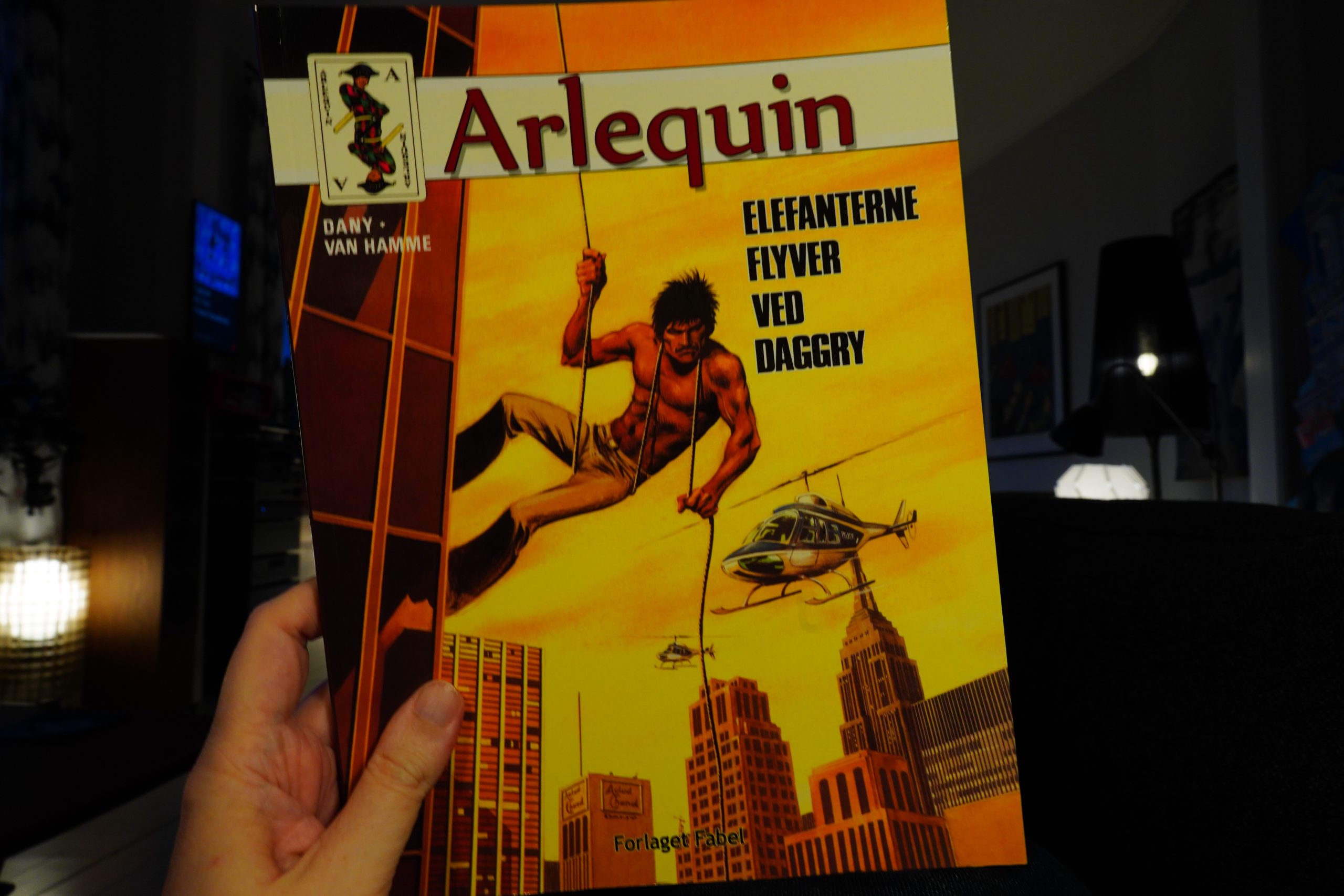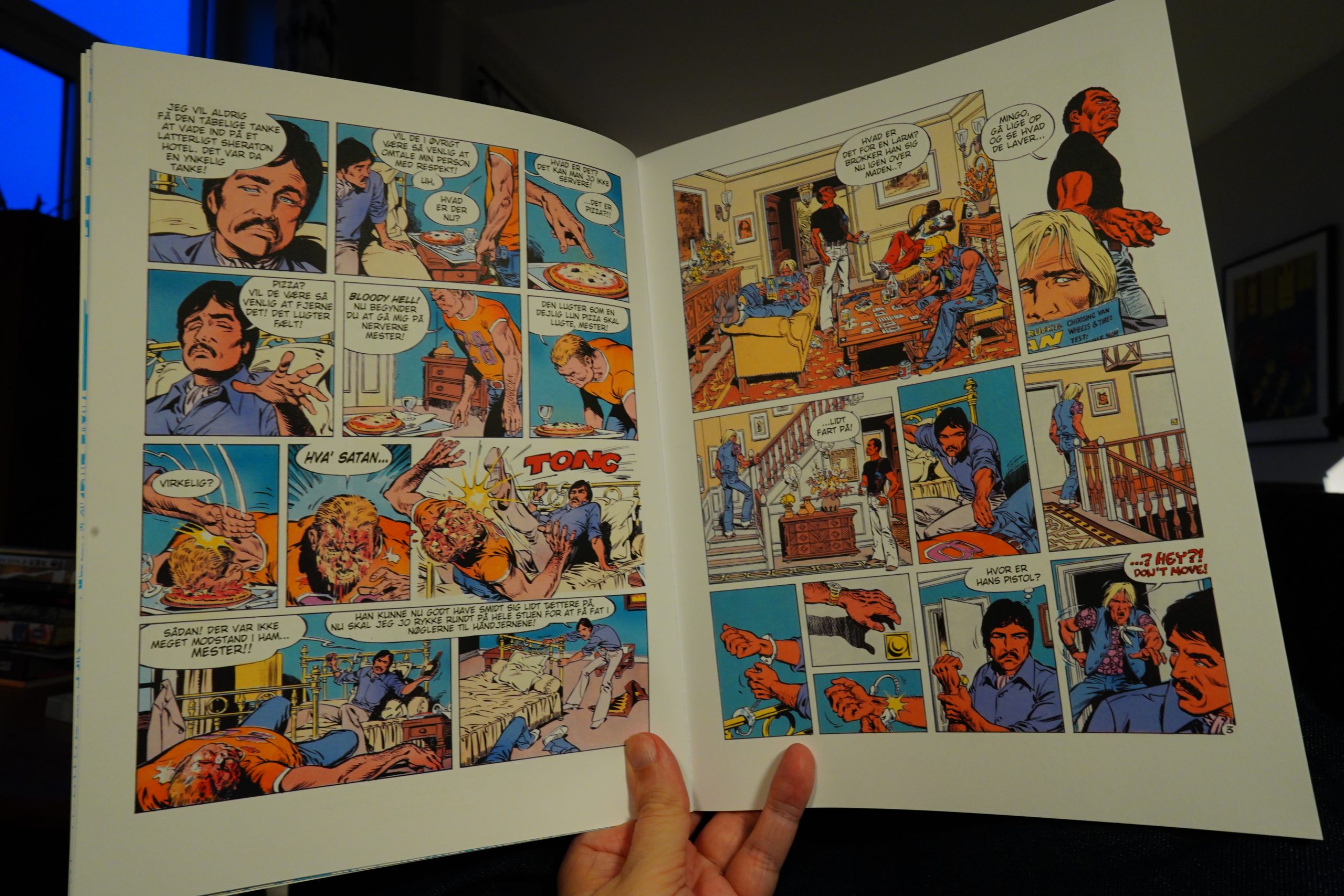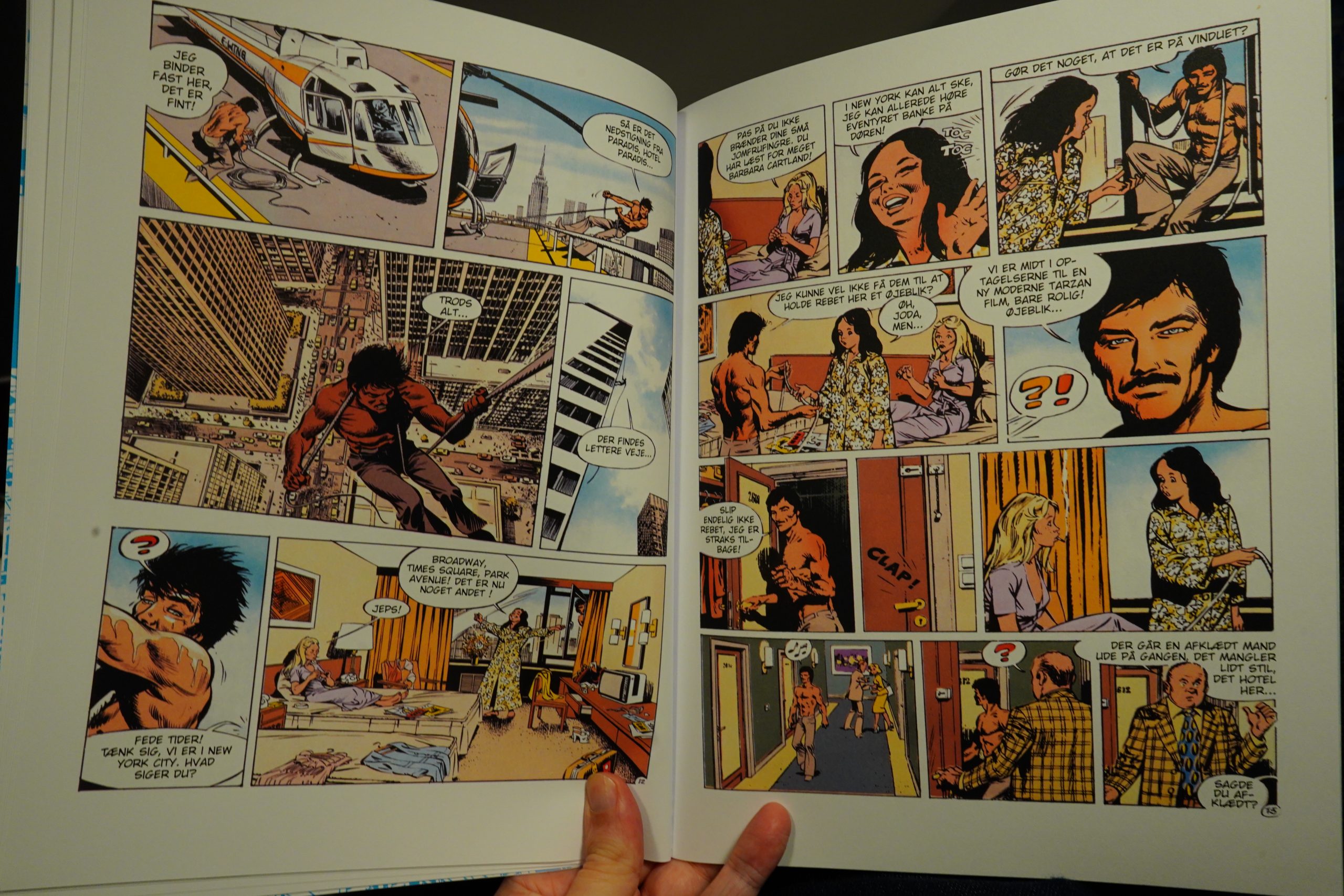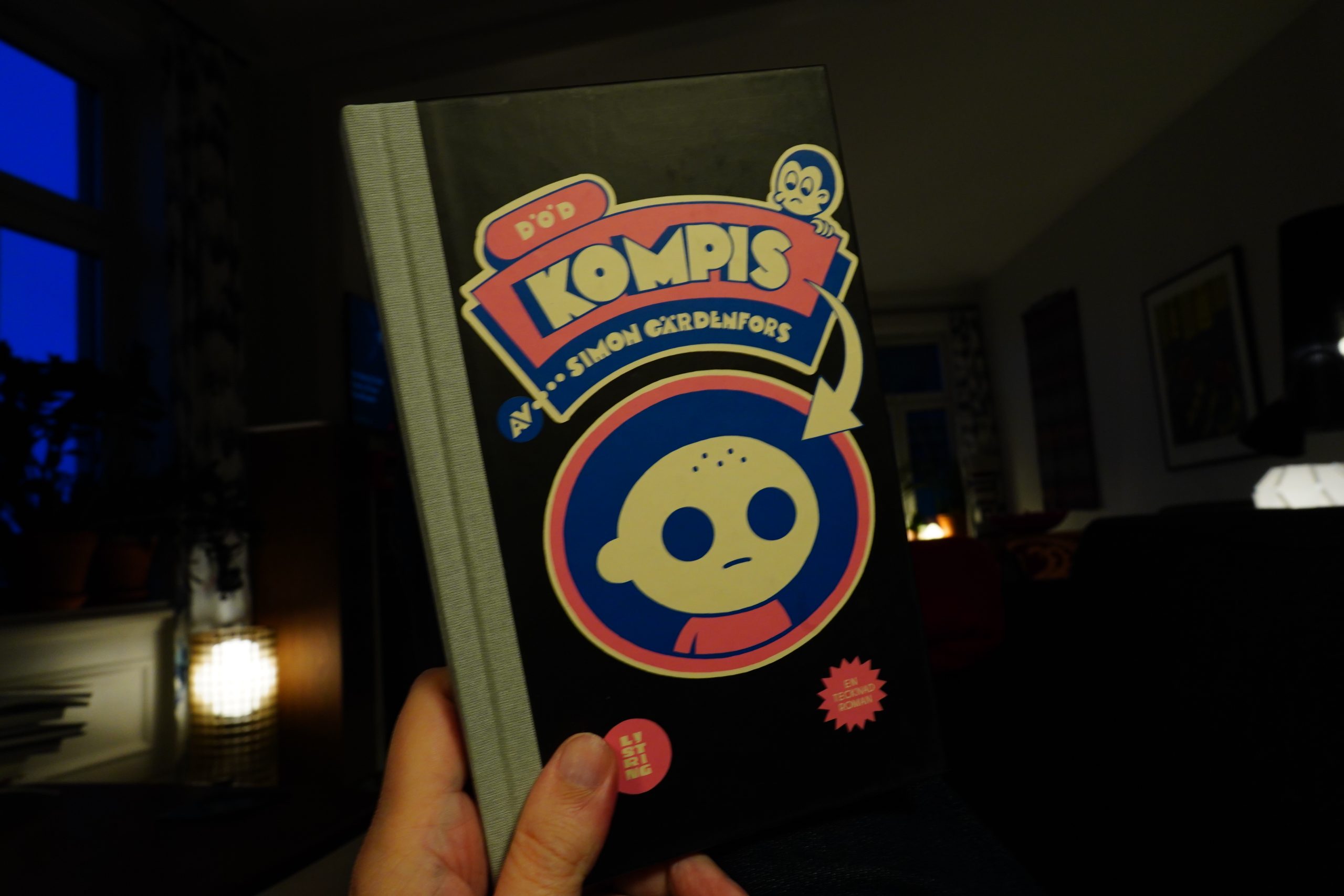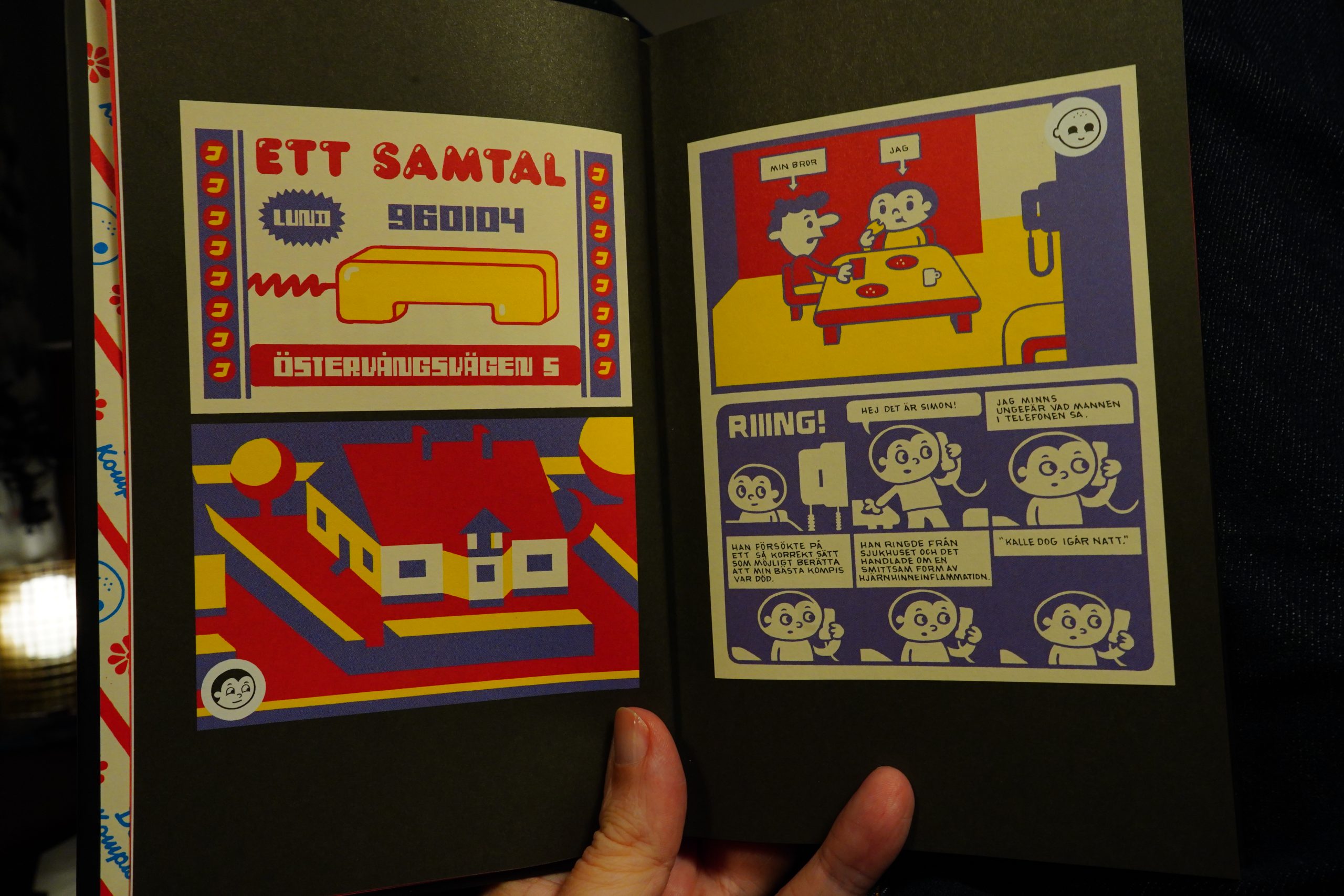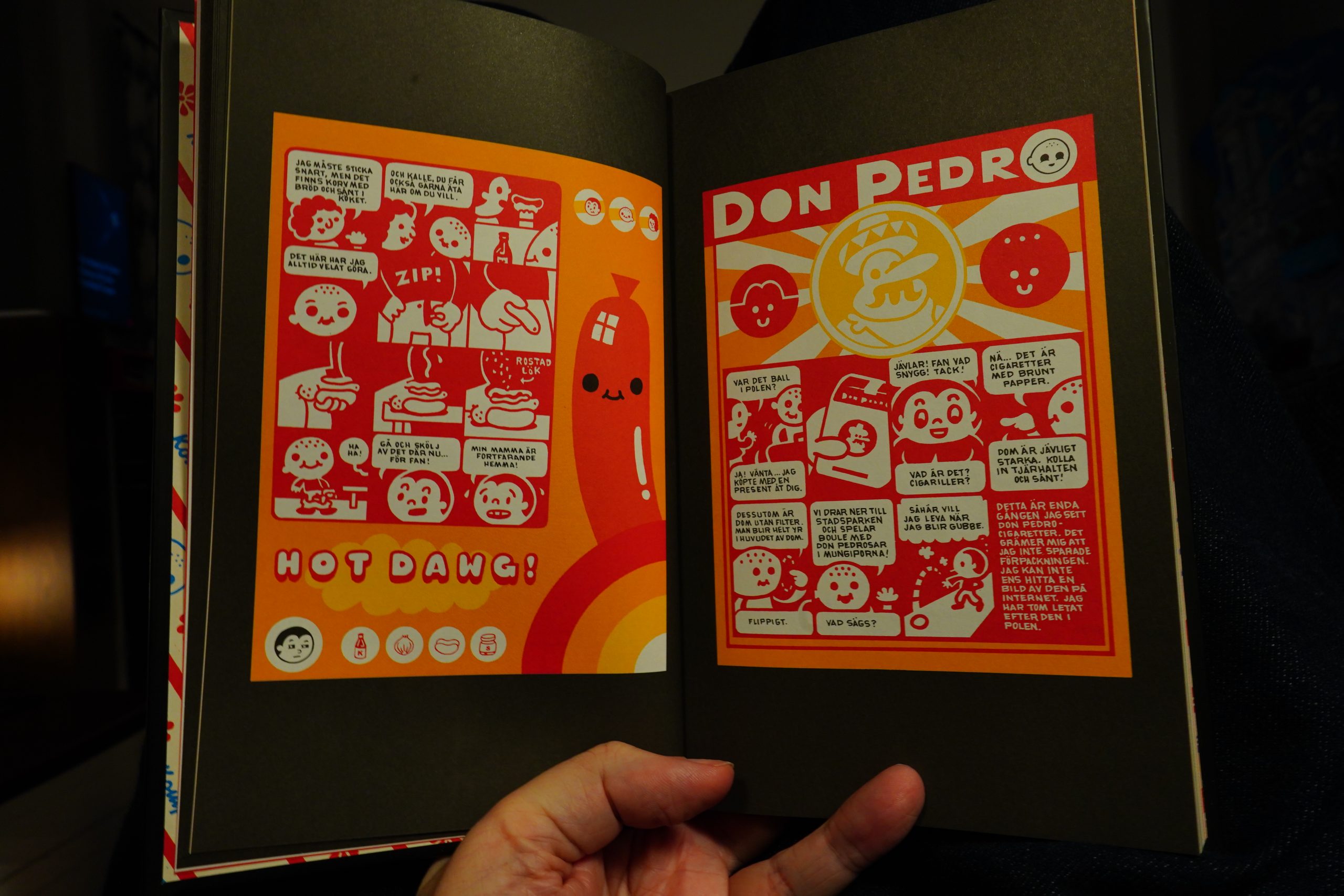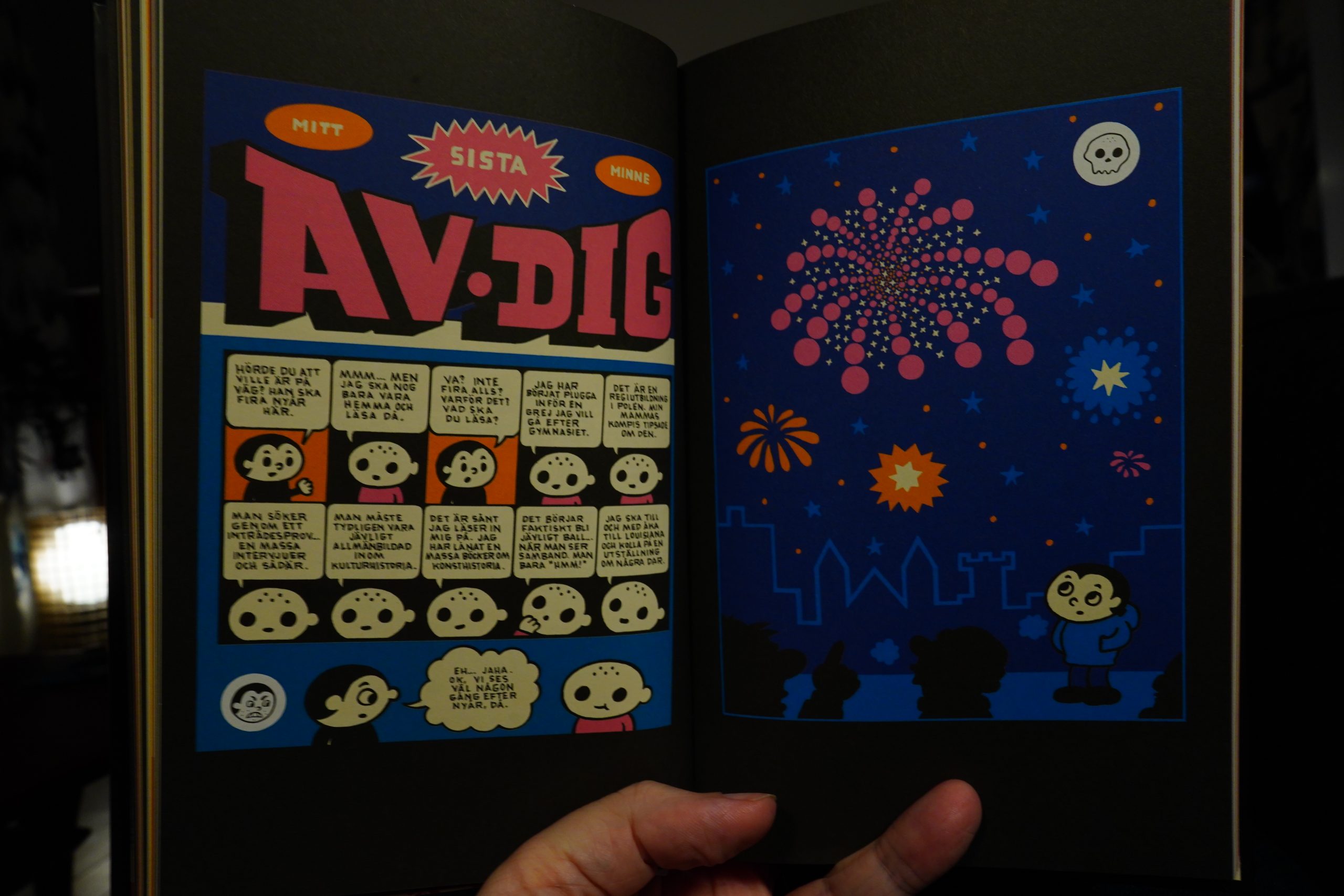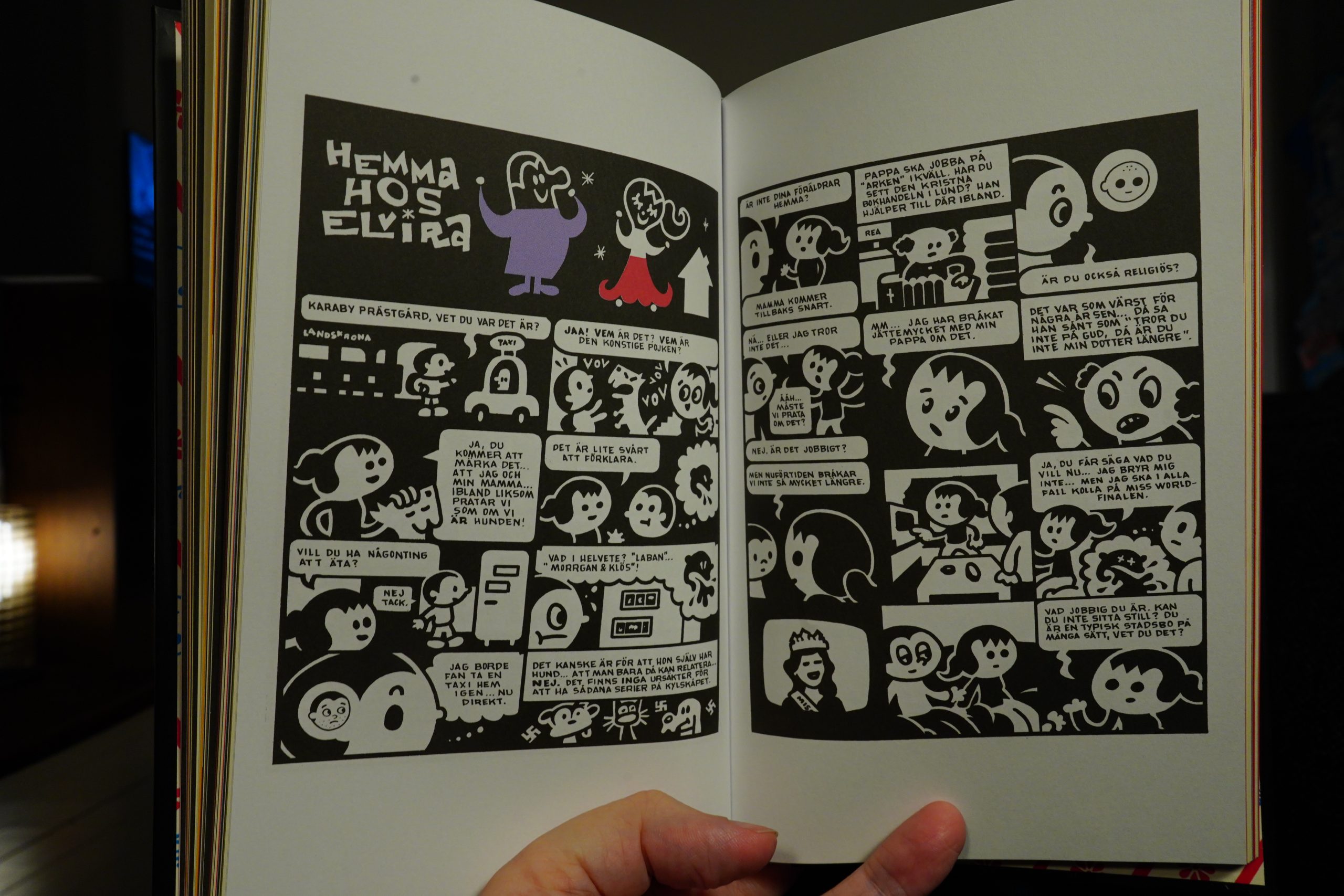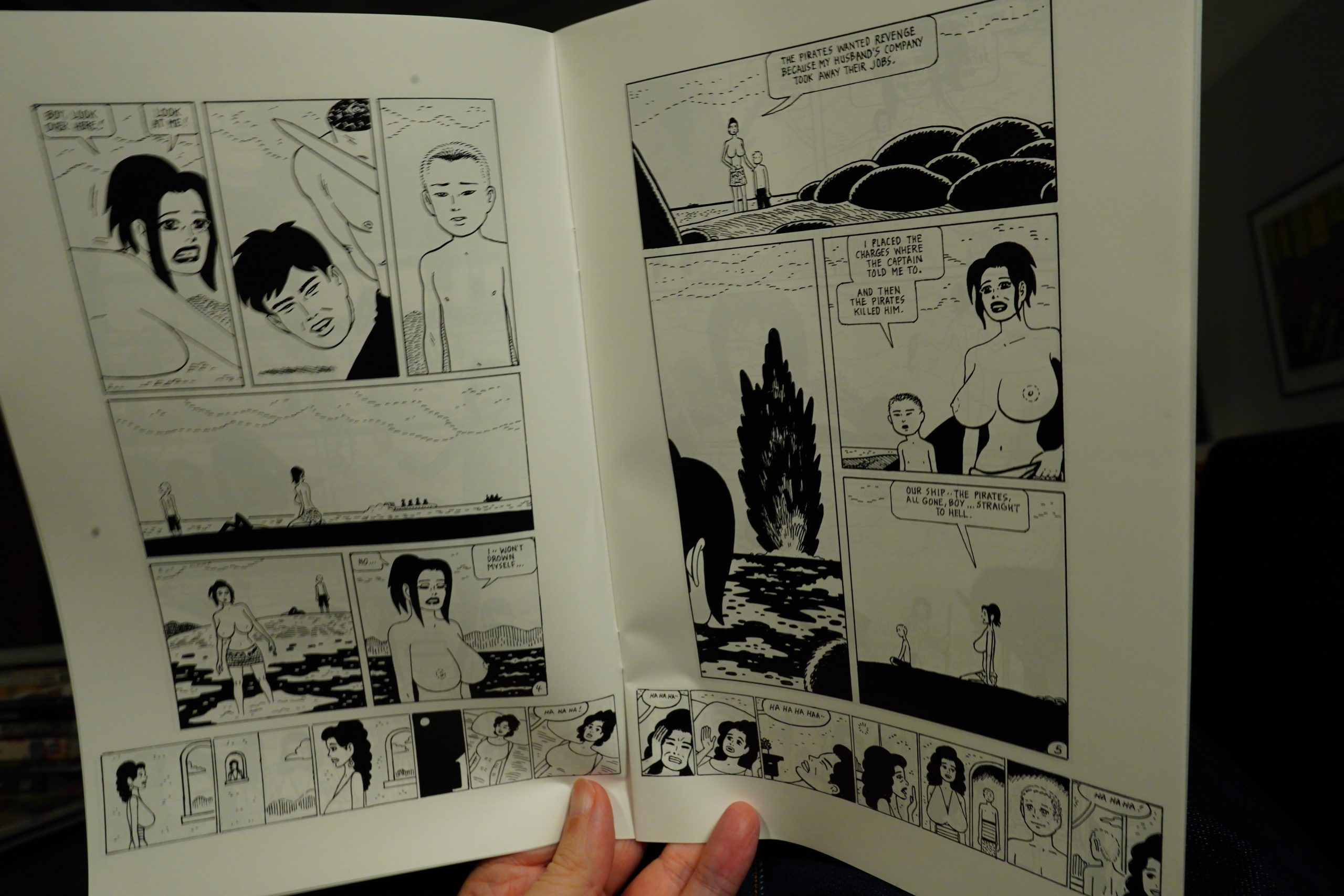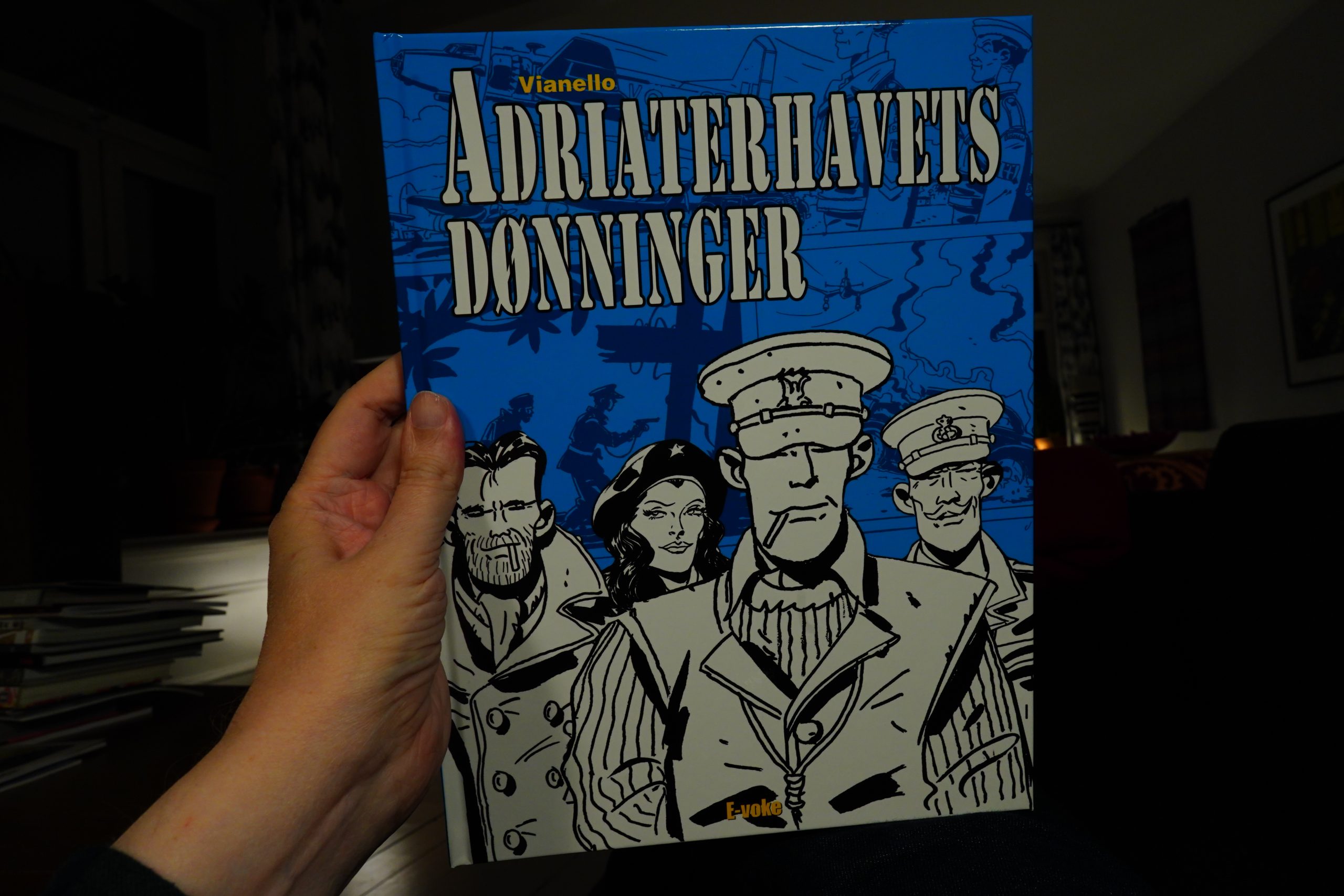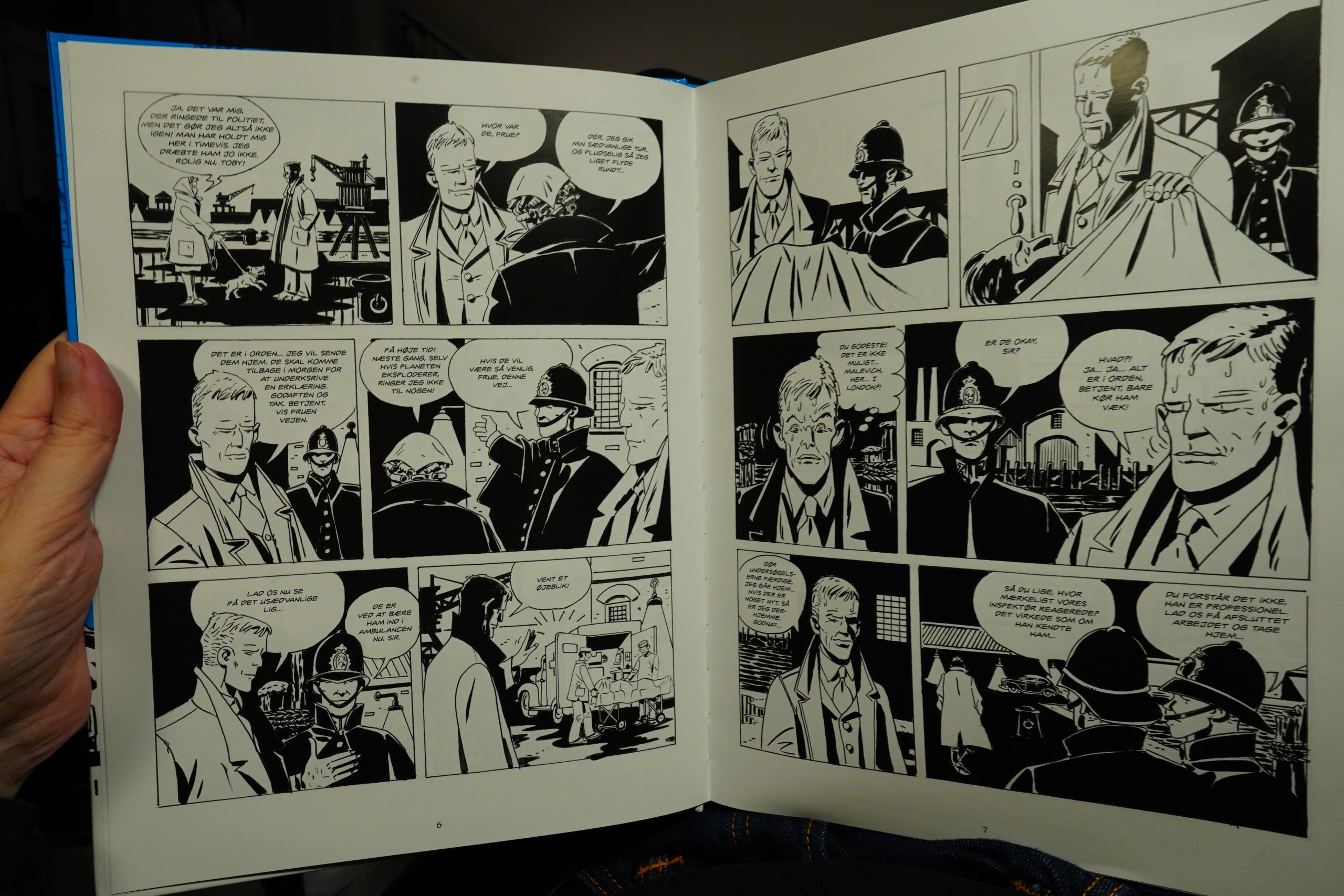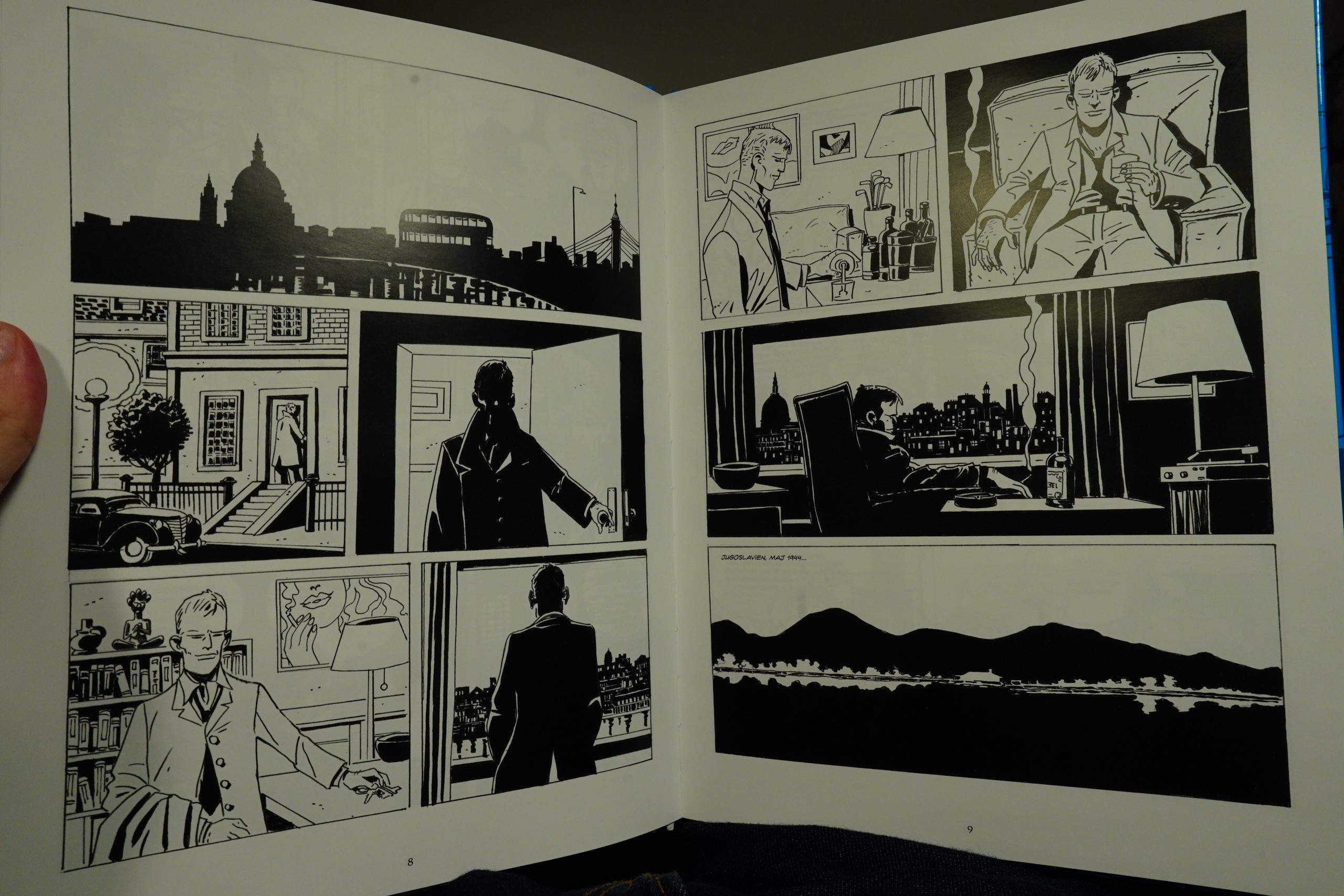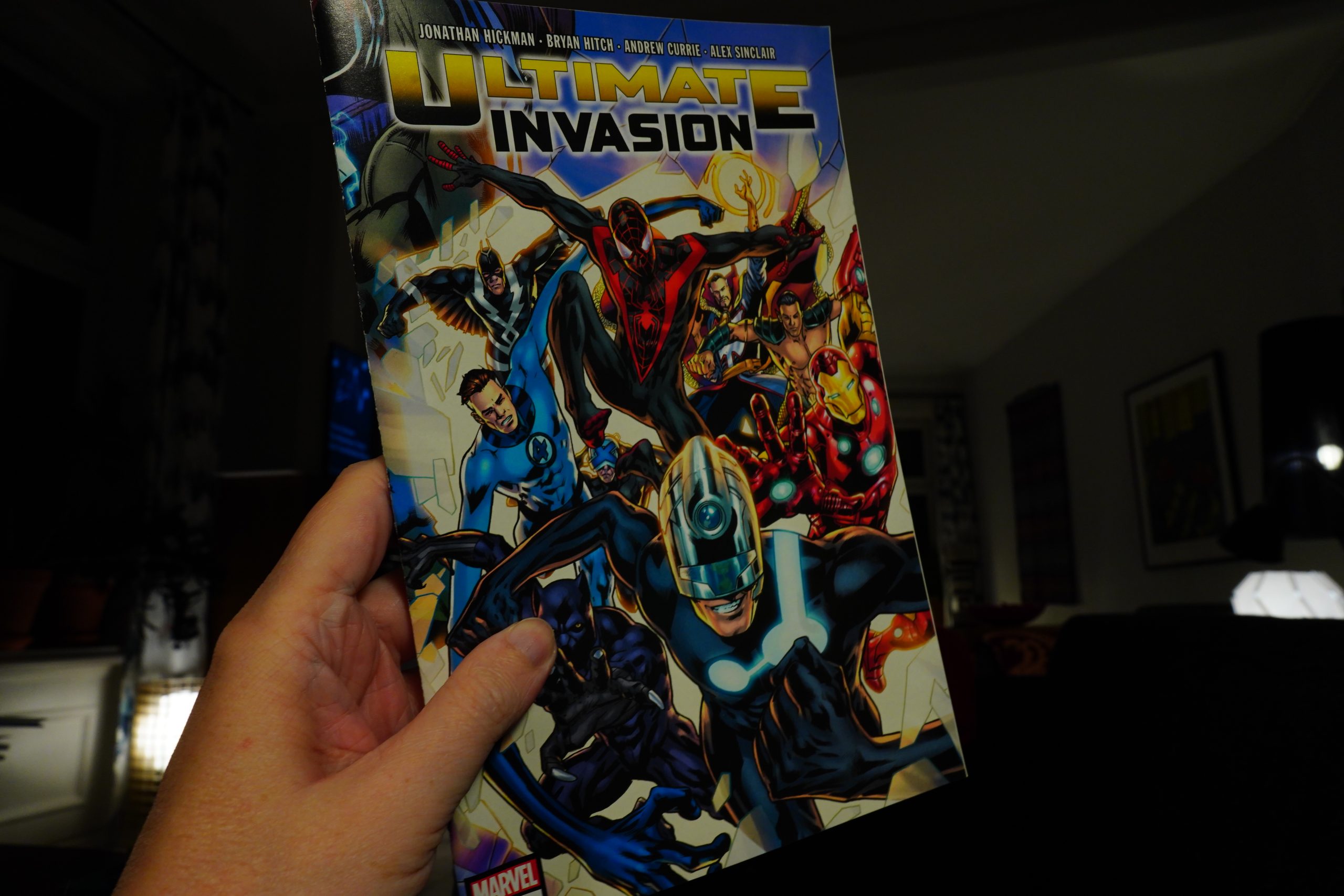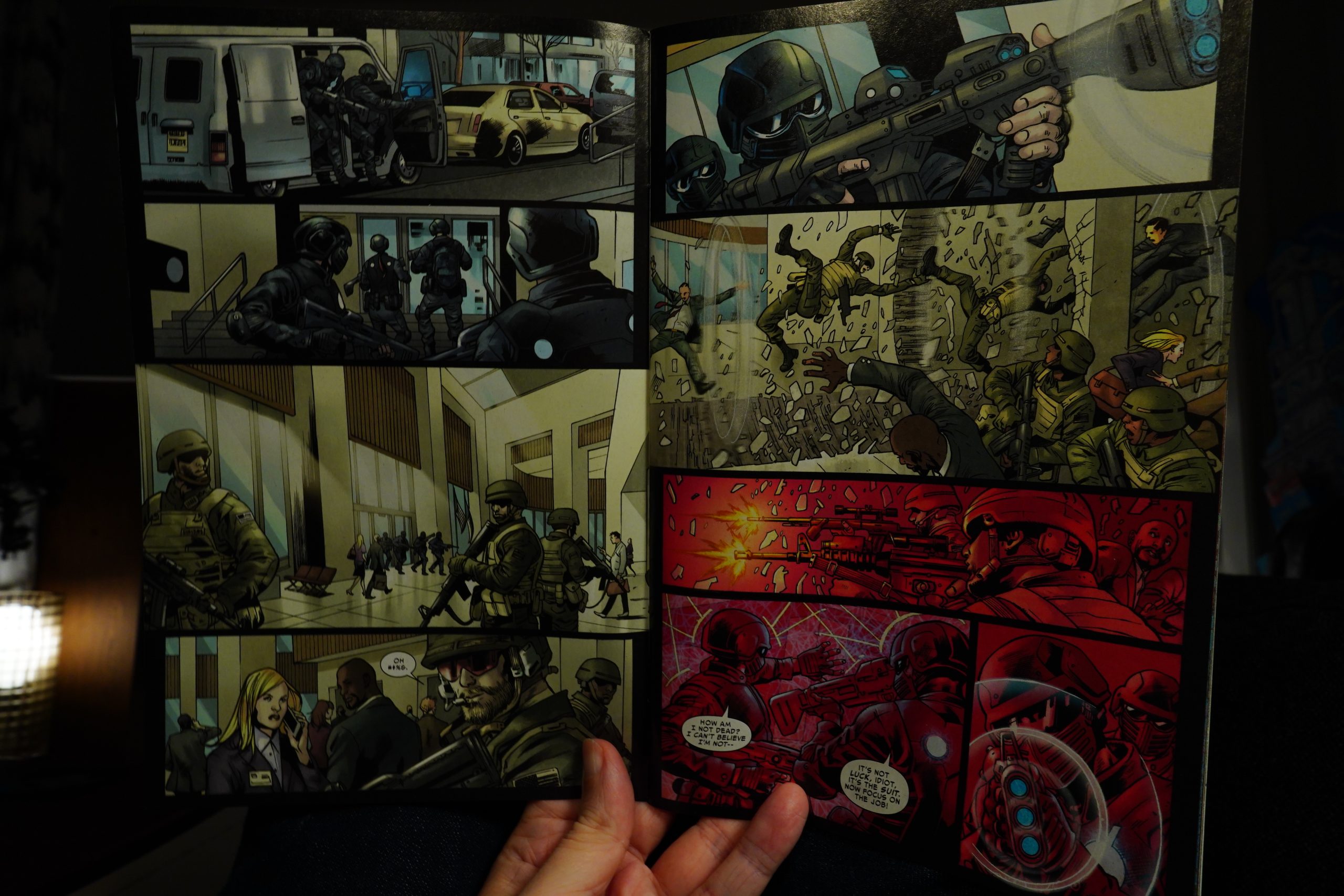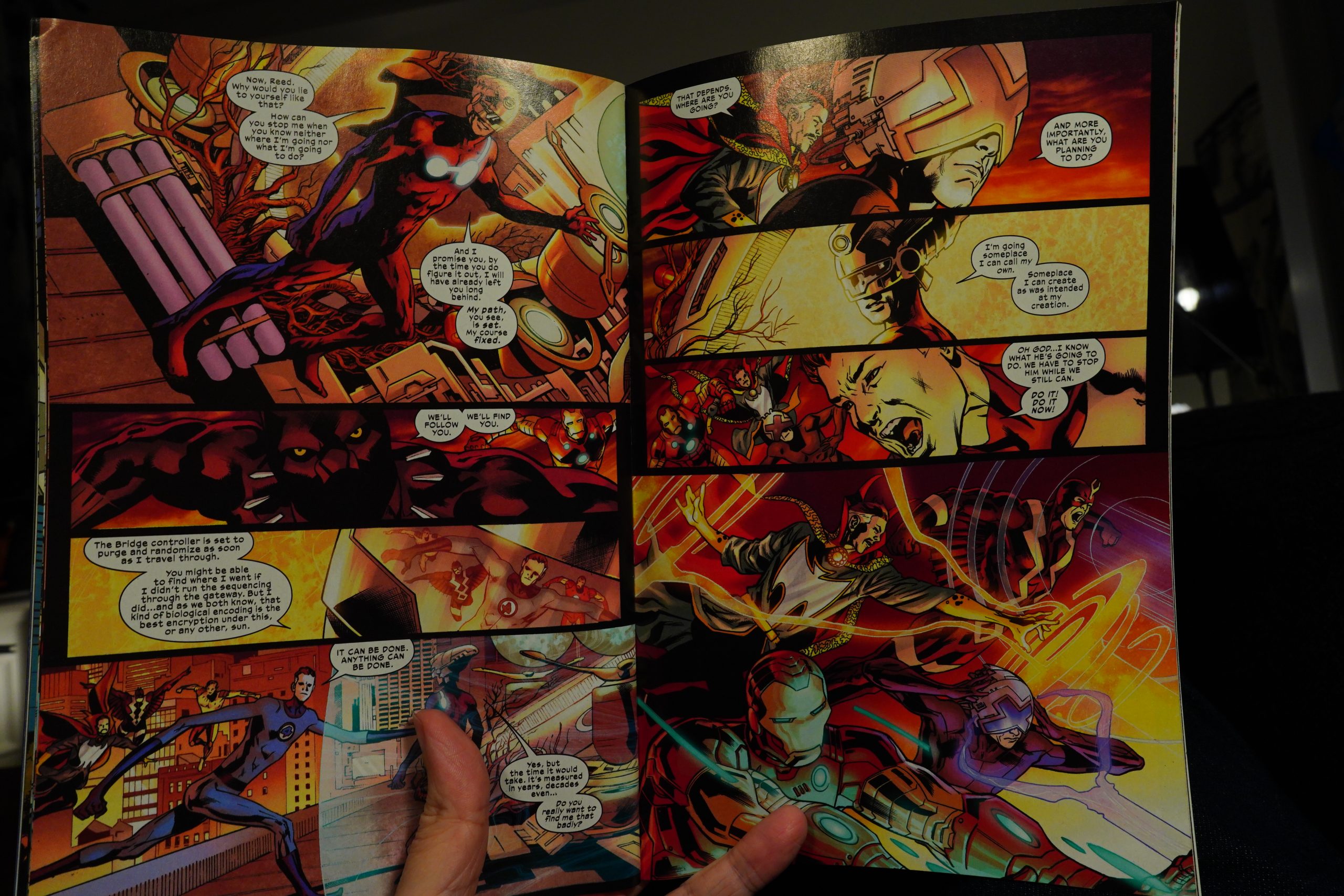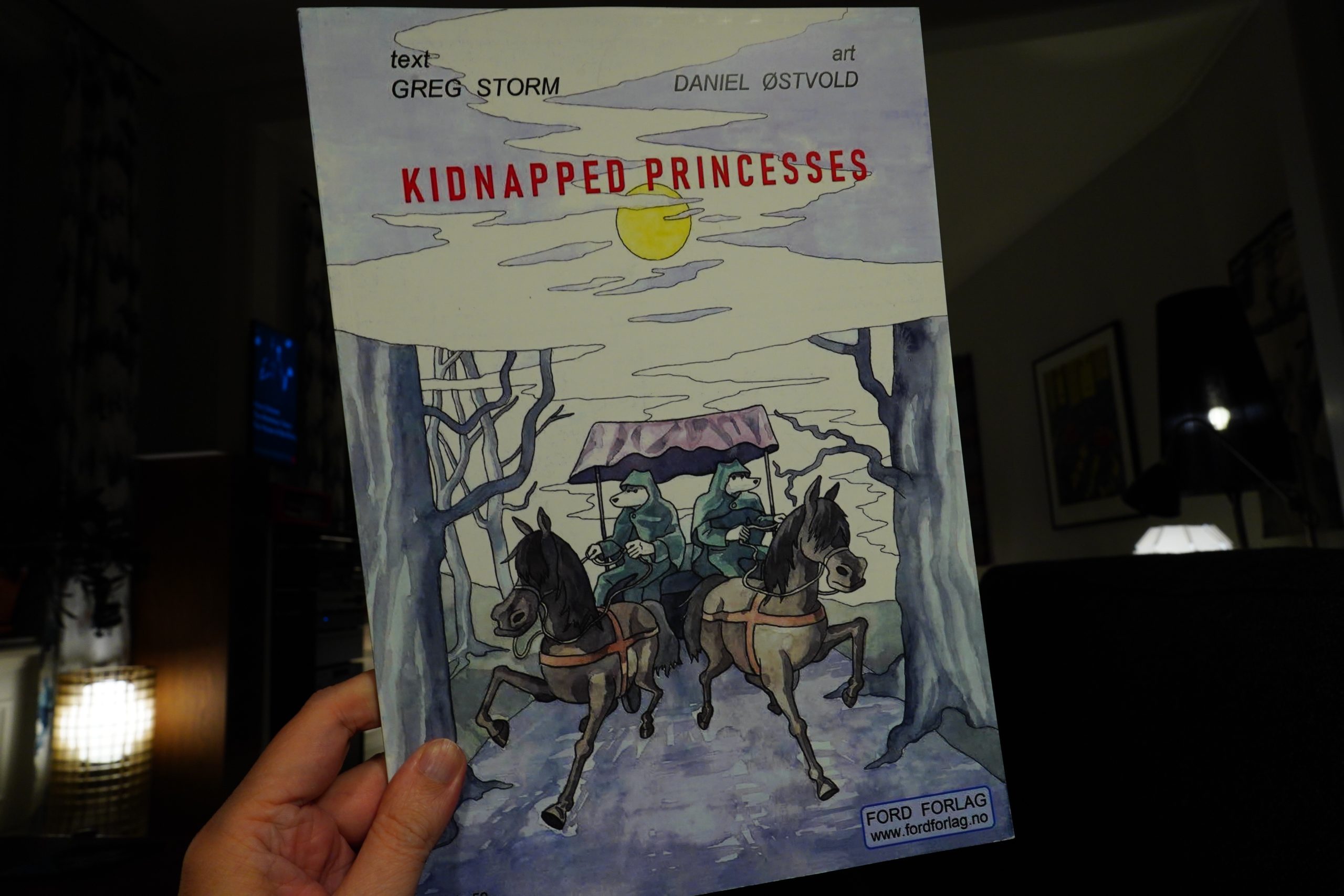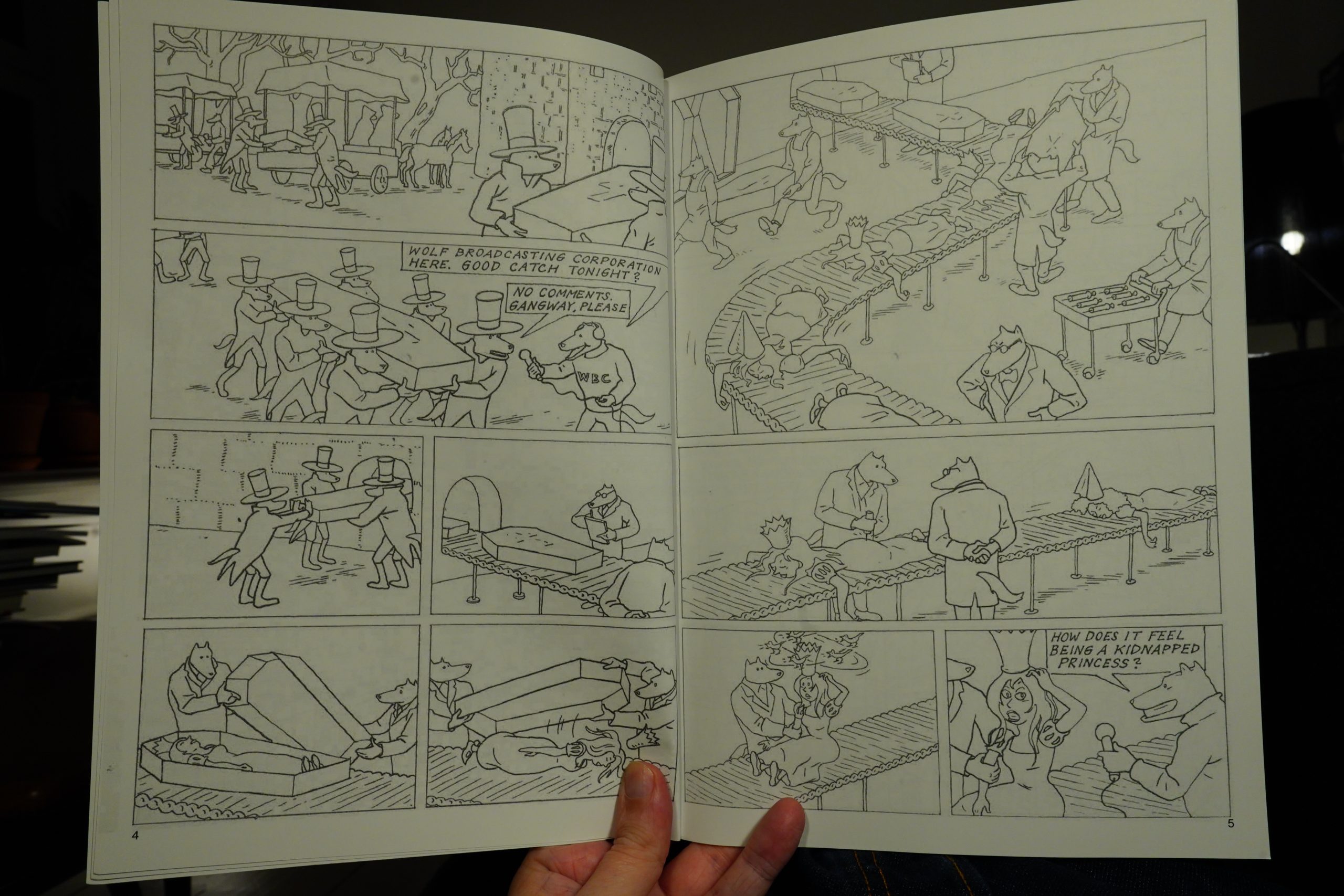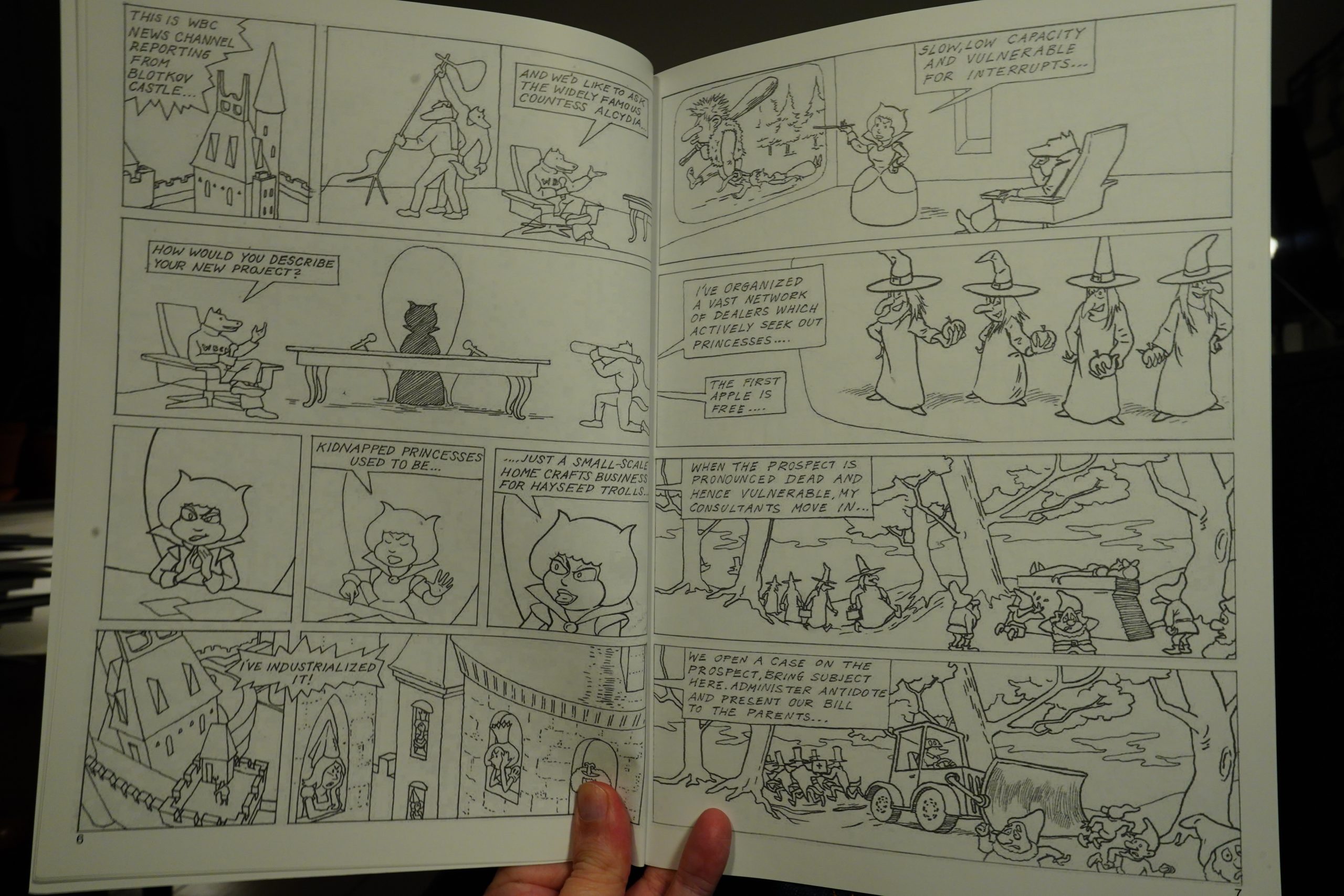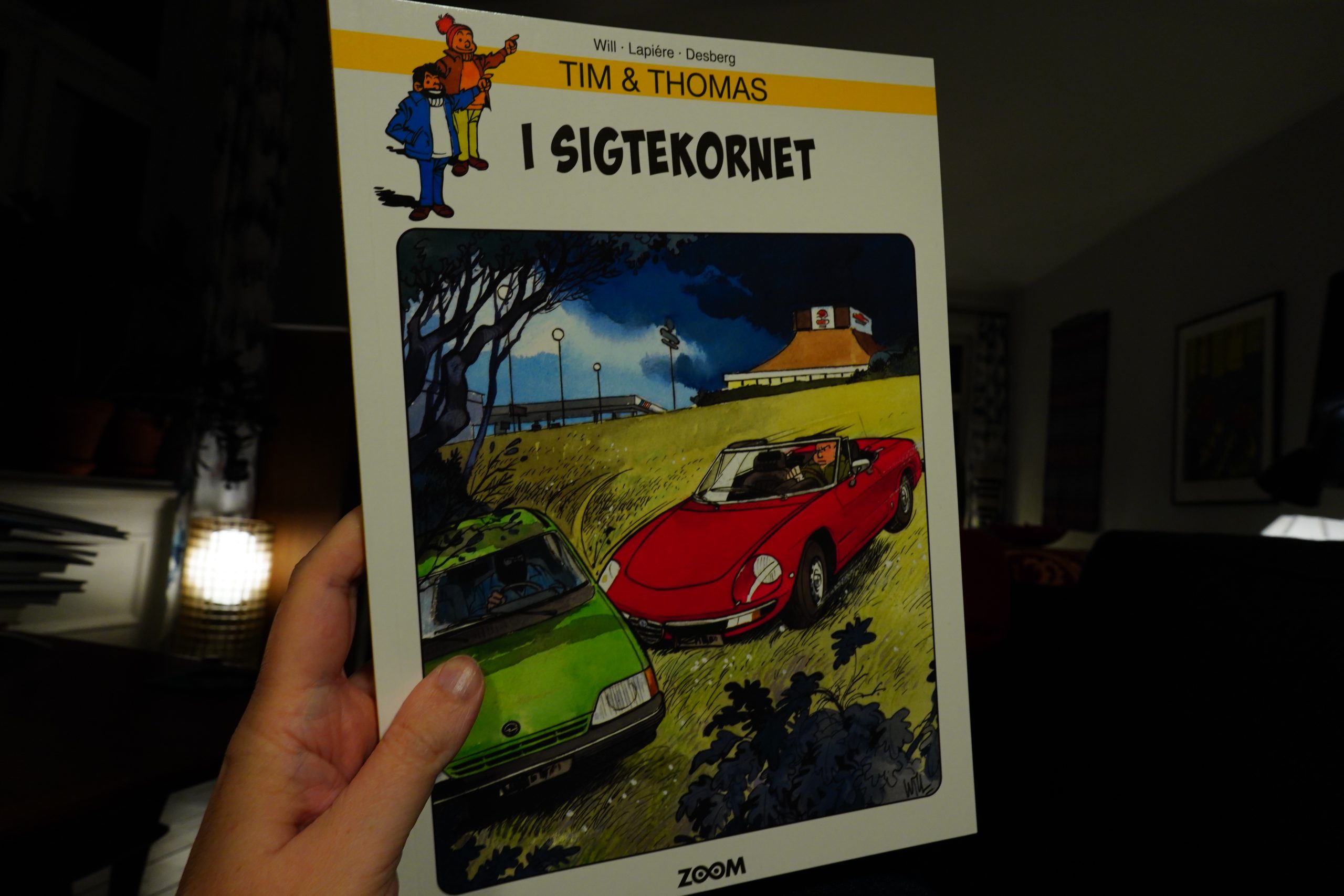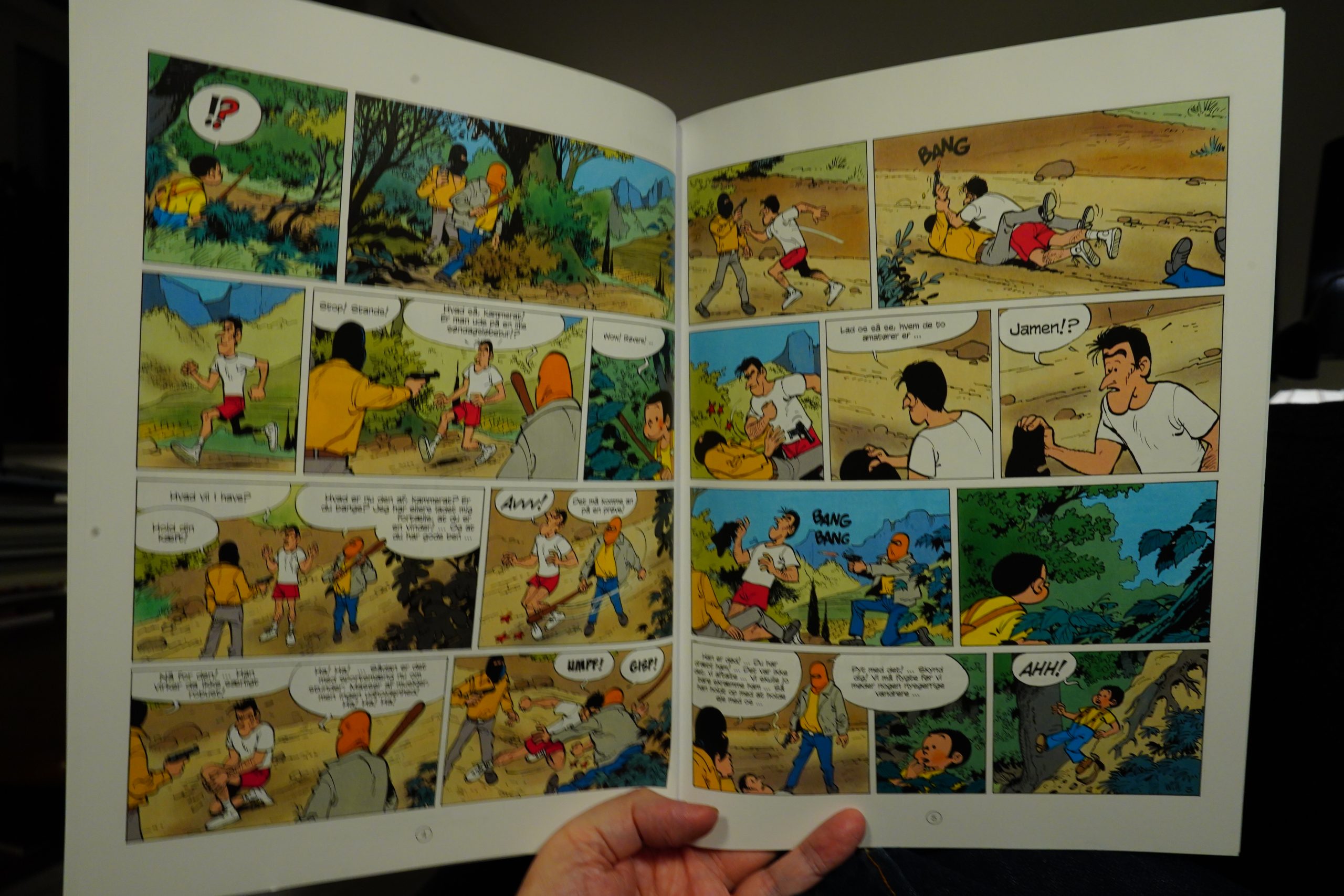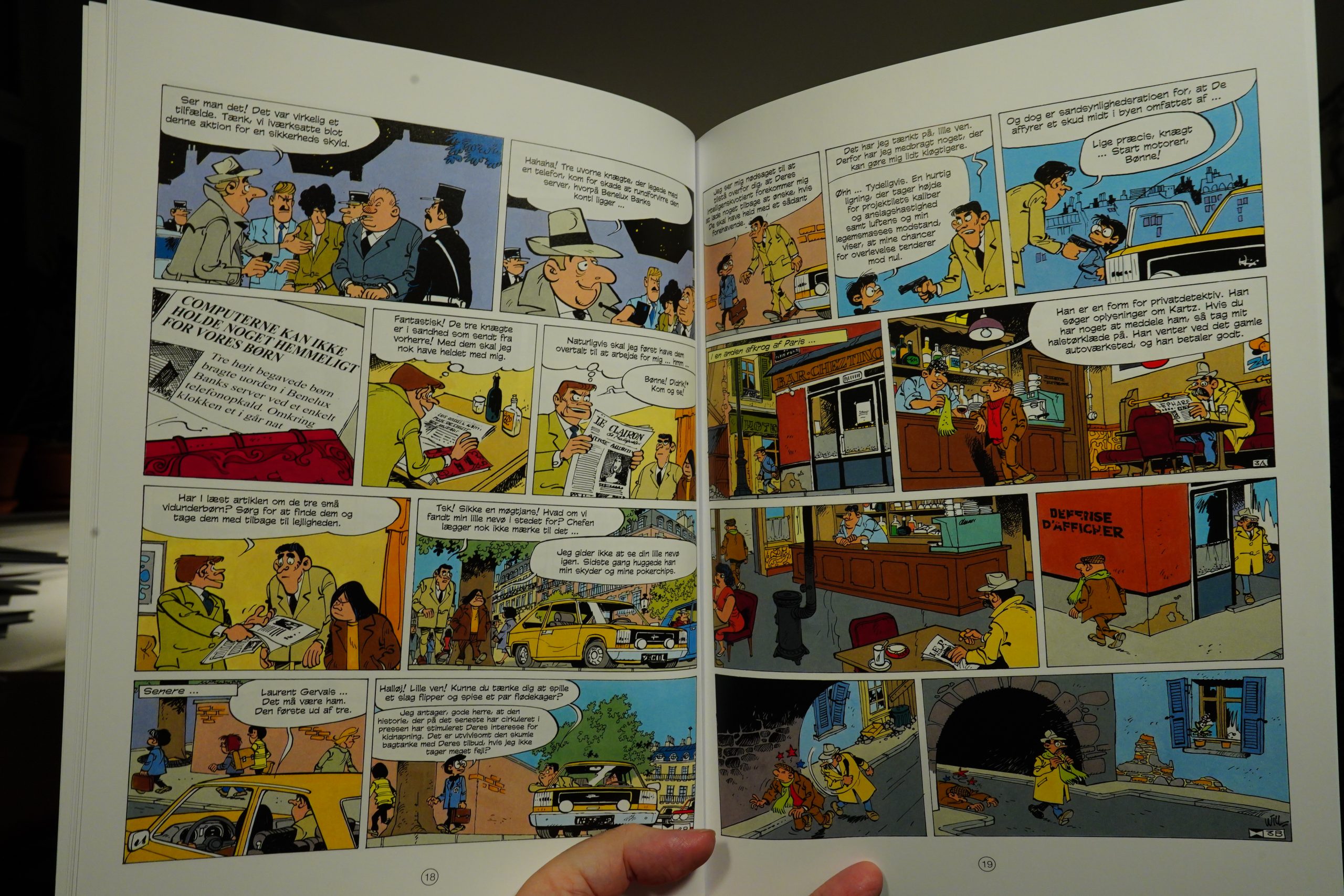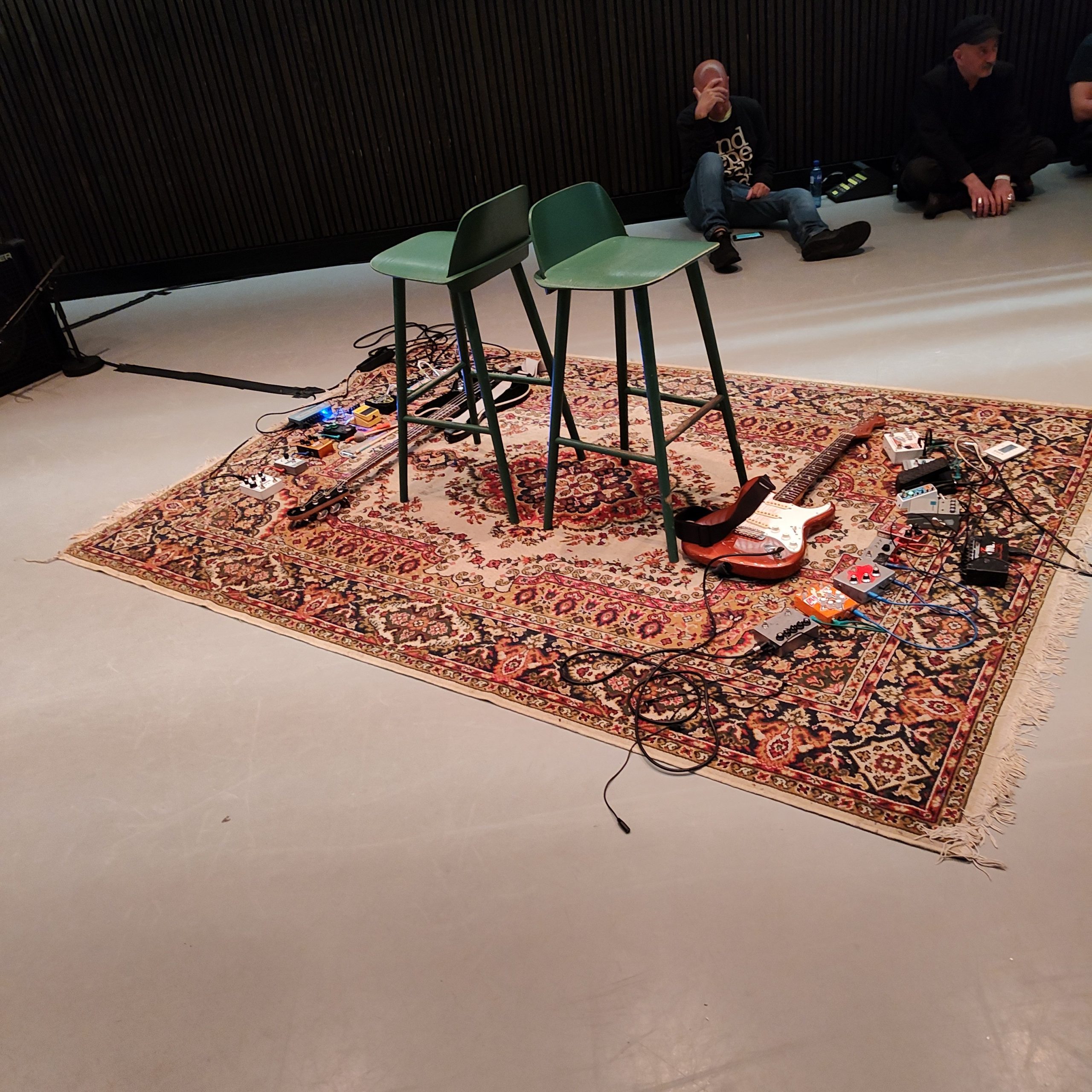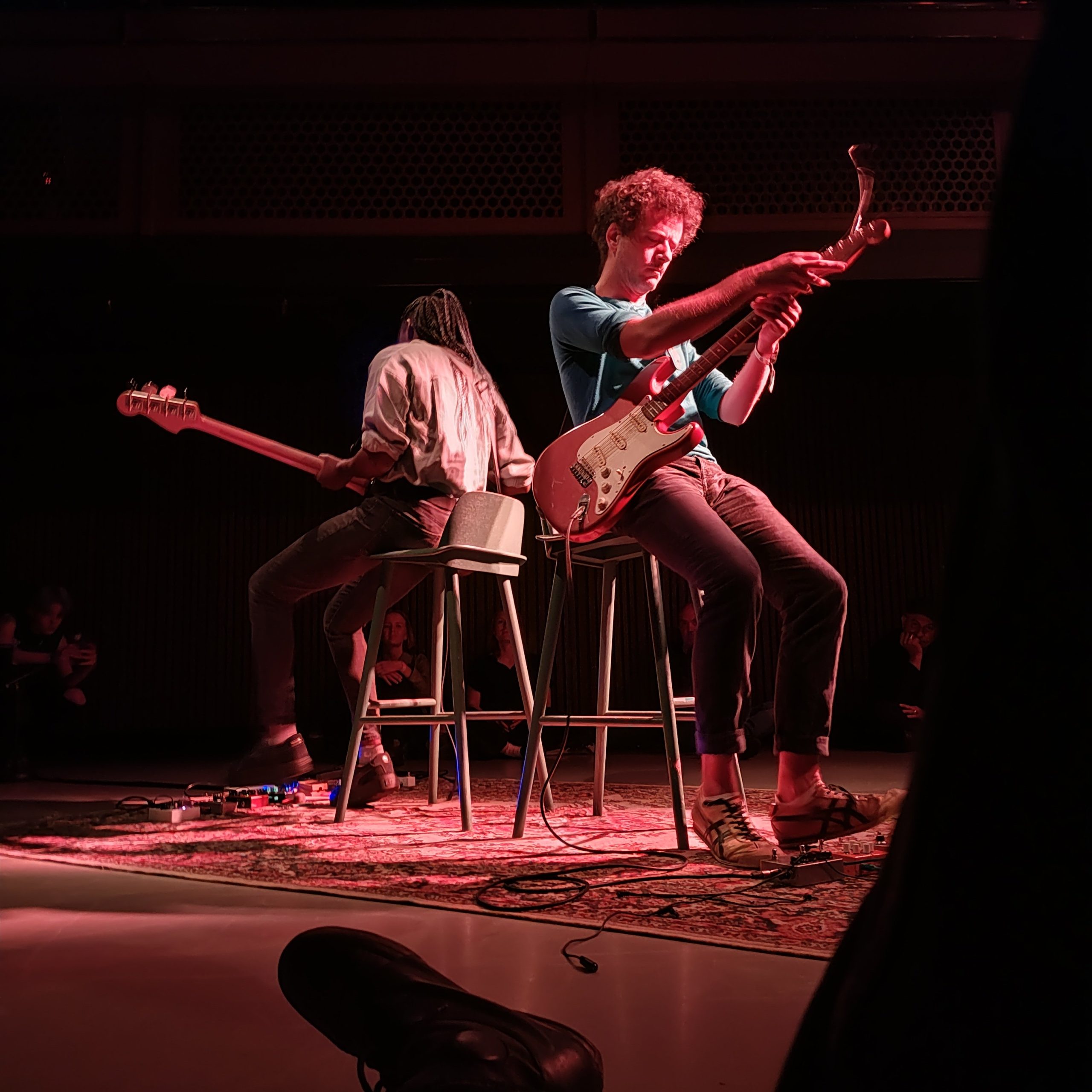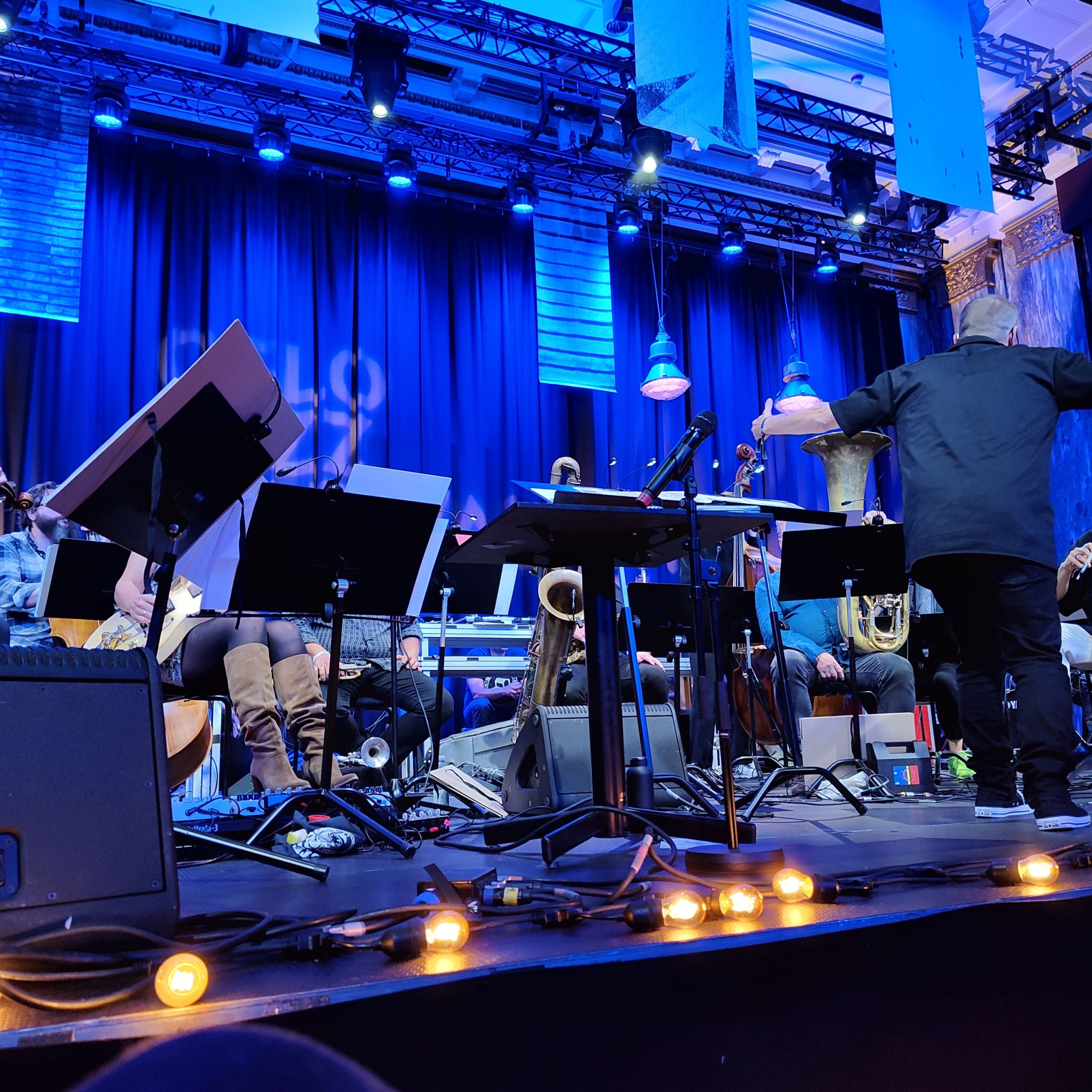So what does K Kawai pianos look like?
Design Hack
Shopping
Comics Daze
Paul va a la gare. Je mange une chouette.
Eep!
I think might need a break from using Duolingo? So today is comics reading day.
| Astra King: First Love | 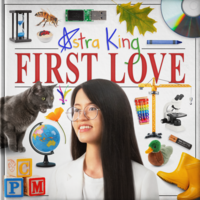 |
13:35: 10-10 to the Wind by Cole Degenstein (Fieldmouse Press)
This is about a (not so) lonesome trucker, and it’s got a really great flow.
Great stuff.
| Anohni and the Johnsons: My Back Was A Bridge For You To Cross | 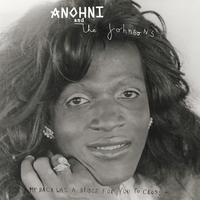 |
13:46: Turist by Simon Gärdenfors (Lystring)
This feels pretty old school — it’s an autobio comic about a hapless young guy — and it turns out that this was originally published in 2003, so that makes sense.
| Xiu Xiu: Losing You |  |
It’s pretty good, and it’s mostly got a meandering, unforced storytelling style that’s pretty attractive.
But it gets pretty chatty at times. That is, he has a tendency to have the characters recap stories to each other, and it sometimes feels a bit forced.
| Schntzl: Holiday | 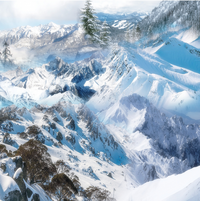 |
14:39: Killing Time by Daniel Østvold (Ford Forlag)
This seems like it’s going to be an autobio comic…
… but quickly spirals off into lunacy. It’s very funny.
14:49: The Island by Allison Conway (Fieldmouse Press)
This is a wordless book about… growing up or something?
Or perhaps it’s about drugs.
| Various: Fabric 82 (Art Department) | 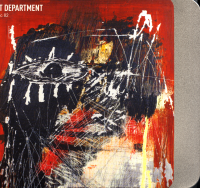 |
15:00: Alison by Lizzy Stewart (Fantagraphics)
This book is an unusual mix of comics that have blocks of text intermingled. I think it works quite well, especially with the sensitive artwork that flows well (often without much text in the panels).
For the first one third (perhaps) of this book, I was going “yeah, another one of these autobio comics where the author looks back on her early days in a way too analytical way”. It all seems hermetic and suffocating — there’s no room for the reader to get involved because it’s all spelled out minutely what the characters felt, what their motivations were, and how the author looks back on what happened.
But then I went “hey, this art style is too modern for an artist born in the 50s”, and of course it is: This isn’t autobio at all, but fiction. (I think.)
That didn’t really change how I felt about the book, though: It’s a bit overcooked, a bit pat.
But it’s an OK read, really.
| Easyfun: Electric | 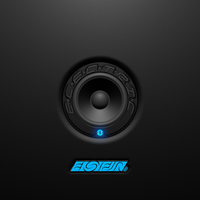 |
16:13: Nej! #2 by Mats Jonsson
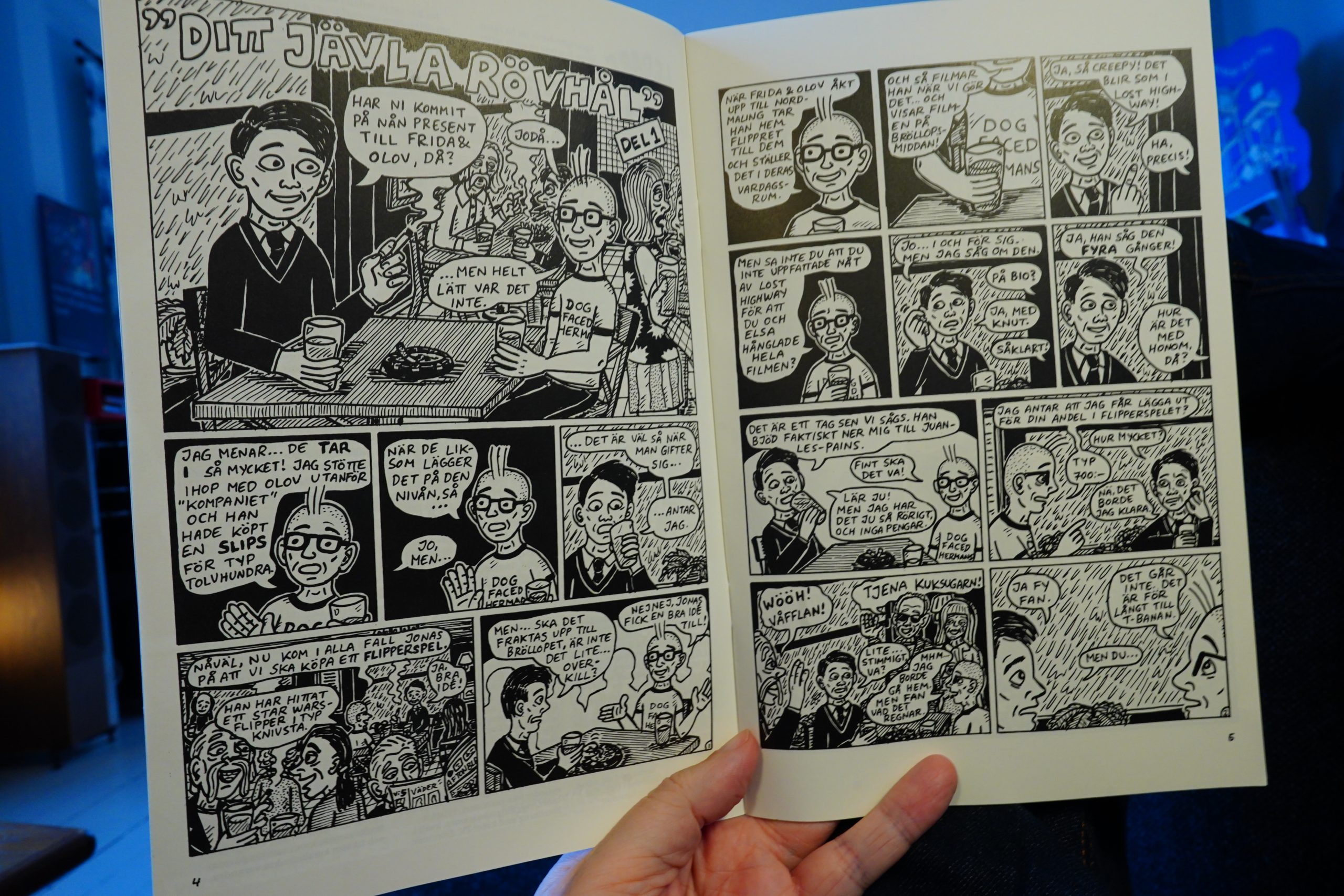
Jonsson has published some heavy books about centre/periphery stuff the last decade, and in the introduction here he says that he felt like going back to his “core competency” — writing about being drunk in Stockholm in the 90s.
And it’s a lot of fun — it’s perhaps the most cringe-worthy date ever here.
More like this, please.
| This Immortal Coil: Twisted By Love (Bonus Album) | 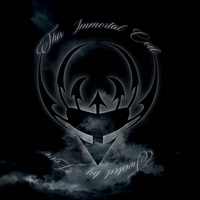 |
16:58: Miles of Slime and Smiles by Joe Grillo
This is a collection of sketchbook pages.
It’s pretty cool.
Nice!
| GLYSK: Social Intercourse | 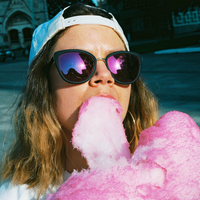 |
17:18: Voyeur 1 by Horacio Altuna (E-Voke)
Hey! This is porn! *clutches pearls*
This is a collection of four-page strips that originally ran in the Spanish edition of Playboy. They are super-horny vignettes, and they have a sort of unifying theme: There’s almost always a third party in each story that’s sneaking a peek. (A stand-in for the reader, perhaps?)
Some of these strips have really blotchy colour, which makes me wonder whether they’ve been reproduced from printed copies?
| DJ Nigga Fox: Musica da terra | 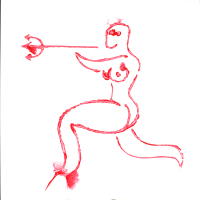 |
17:49: The Hidden River by Diego Arnadojo / Jorge Fantoni (Fantagraphics)
What an unpleasant-looking book — the figures are both bobble-headed and hunched.
The book consists of a series of “mysterious” vignettes that are supposed to… I dunno. They’re all anecdotes about meeting people like LaVey and other satanists, but nothing goes anywhere.
It’s a tedious, ugly and pointless book. What a weird thing for Fantagraphics to translate.
18:07: C’es bon anthology vol 56/57: Un/Comics edited by Allan Haverholm
Heh heh true.
So this is a collection of non-narrative comics, I think they’re saying.
It’s pretty cool. I’ve read some of these collections that tend more towards illustration, but these are pieces that satisfies “comicsness”.
Ooh nice. Anastasia Hiorns does embroidered and watercolour-on-canvas (I’m guessing) comics. I wouldn’t mind having some of these on my walls… Let’s see… No, here’s the web site. Etsy… Nope; can’t find anything shoppable. Darn.
Ooh gorgeous. Gareth A Hopkins.
Mark Badger does a Kirby homage, apparently.
Anyway, it’s a solid, solid anthology.
| King Crimson: Lizard | 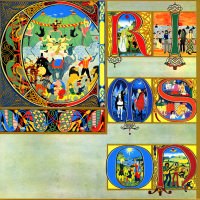 |
18:46: Scumbag For Hire Volume One by Keenan Marshall Keller
This isn’t really my kind of thing… It’s an action/adventure kind of book, but improvised.
It takes many twisty turns, but…
Heh, those are good recommendations.
| Yoko Ono: Yes, I’m A Witch, Too | 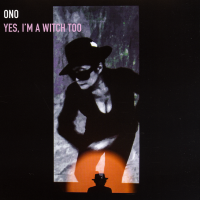 |
19:49: Stalker by Daniel Østvold (Ford Forlag)
Hm… I’ve only read a handful of his books, but all the other ones have been comedies (and very funny ones, too).
This is more of a Lynchian story, but it doesn’t really go anywhere much. And the artwork’s pretty odd, too — it’s like he’s tried to add more texture to the (computer) line-work, but instead it just looks like lo-res noise…
| Tugboat: My Turn | 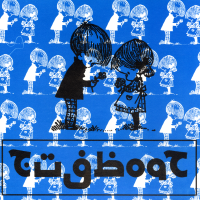 |
20:34: Arlequin 1 by Dany / Van Hamme (Forlaget Fabel)
Hm… I think I may have read this in an anthology (or something) as a child, but I’m not sure — there were so many of these French(ey) series back then, and they look pretty similar.
Some of the pages here seem to be reproduced from printed copies? The linework is all smudged and stuff on some pages.
In any case, as these things go, this is one of those things. I’ve read worse.
| The Body & OAA: Enemy of Love | 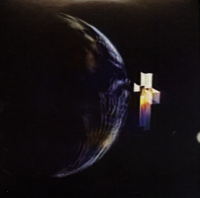 |
20:56: Död kompis by Simon Gärdenfors (Lystring)
Oh, another book by Gärdenfors…
This is a lot more stylised than the earlier book. It’s like… midway between Ivan Brunetti and James Kochalka?
The title of this book translates to “Dead Friend”, and that’s what it’s about: The author’s closest friend dies when he’s in high school, and we get a story of their friendship and the author’s life after he died.
| Kreidler: Spells And Daubs | 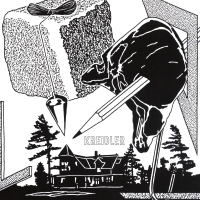 |
The stylised storytelling style is an effective distancing device. This is the kind of book that could have been too much, but instead it’s just right. It’s a moving, affecting book.
And also pretty amusing. Here the author discovers that a girl he’s dating has strips from Patrick McDonnell’s Mutts series on her fridge, which makes him realise that he has to break it off with her at once! “There’s no excuse for having strips like that on the fridge!”
Fair!
| Led Zeppelin: Led Zeppelin II (1) | 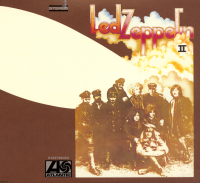 |
22:17: Psychodrama Illustrated #6 by Gilbert Hernandez (Fantagraphics)
Oops! Look what I found between the other comics…
It’s another one of Fritz’ movies, I guess? It’s a tale of rape, murder and incest, as usual.
It’s printed on very shiny paper and is just 24 pages long. Were the previous issues that way, too? I forget — I think it’s been a year or two since the previous issue?
22:29: Adriatica by Vianello (E-Voke)
Vianello was Hugo Pratt’s assistant, and I bought the previous album E-Voke published by him a few years back. It was really bad, but when I saw this, I couldn’t resist buying it: It just looks so much like Pratt.
Perhaps this one will be better.
Well, he does the Pratt rendering very well, but basics (like the size of that chin) fluctuates wildly.
He does the moody bits perfectly, but once the plot starts, it gets pretty boring. It’s not all bad, though — the last quarter of the book is pretty exciting (in a whodunnit way), but the ending is an anticlimax.
So… it’s better than I thought it would be? Without the Prattesque artwork, I wouldn’t be interested, but it does bring a certain jennesequa. I don’t know what.
So… I guess I’m gonna continue buying these albums if E-Voke continues to publish them.
| Nina Simone: The Montreux Years (2) | 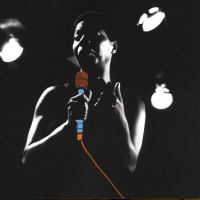 |
23:08: Ultimate Invasion #1 by Jonathan Hickman, Bryan Hitch and others (Marvel Comics)
I have not read a single Ultimate Universe book ever in my entire life, so I”m not sure why I bought this comic book. Probably because Hickman has done other entertaining super-hero books…
Yeah, sure, don’t tell your squad that you have power shields in the uniform or whatever…
I know that I’m not the audience for this book, but it was still a pretty boring read.
23:21: Kidnapped Princesses by Greg Storm/Daniel Østvold (Ford Forlag)
Huh. This looks like it’s been scanned at a pretty low resolution — to jpg. There’s artifacting all over the place, especially the speech balloons. The cartooning is fine, but it’s just unpleasant to look at this… it’s like wearing smudged glasses.
The concept here is pretty good, but I kinda lost interest midway through.
23:29: Tif et Tondu: Coups durs by Will/Lapiére/Desberg (Zoom)
OK, I’m fading, but I’m gonna read this anyway.
And I really don’t know why I keep buying these Tif et Tondu albums, because most of them are pretty bad.
OK, I keep buying these albums because of nostalgia, I guess. Not for Tif et Tondu, which I didn’t much like even as a child. But for this art style in general. If something is drawn like this, I just expect it (on some primal level) to be … good? entertaining?
This is even worse than usual, because it’s three shorter stories, and none of them are the least bit interesting or fun.
| Nina Simone: The Montreux Years (1) | 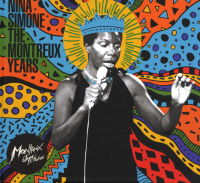 |
23:57: The End
A slightly shorter Daze today than normal… but I kinda actually ran out of new comics to read. (“Actually” here, as usual, means “not really”.)
And I don’t think I’ll have time to read comics for the next … three weeks?
*pout*
